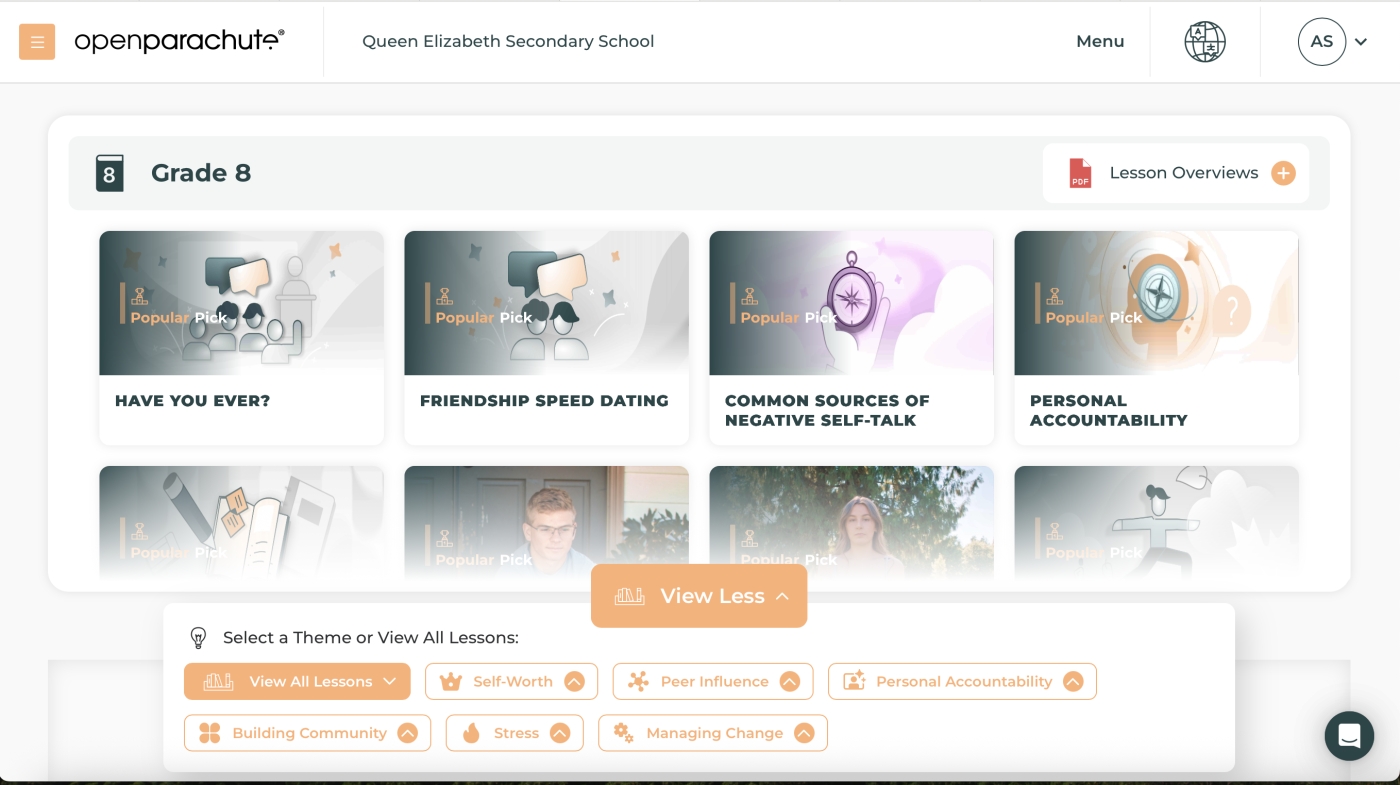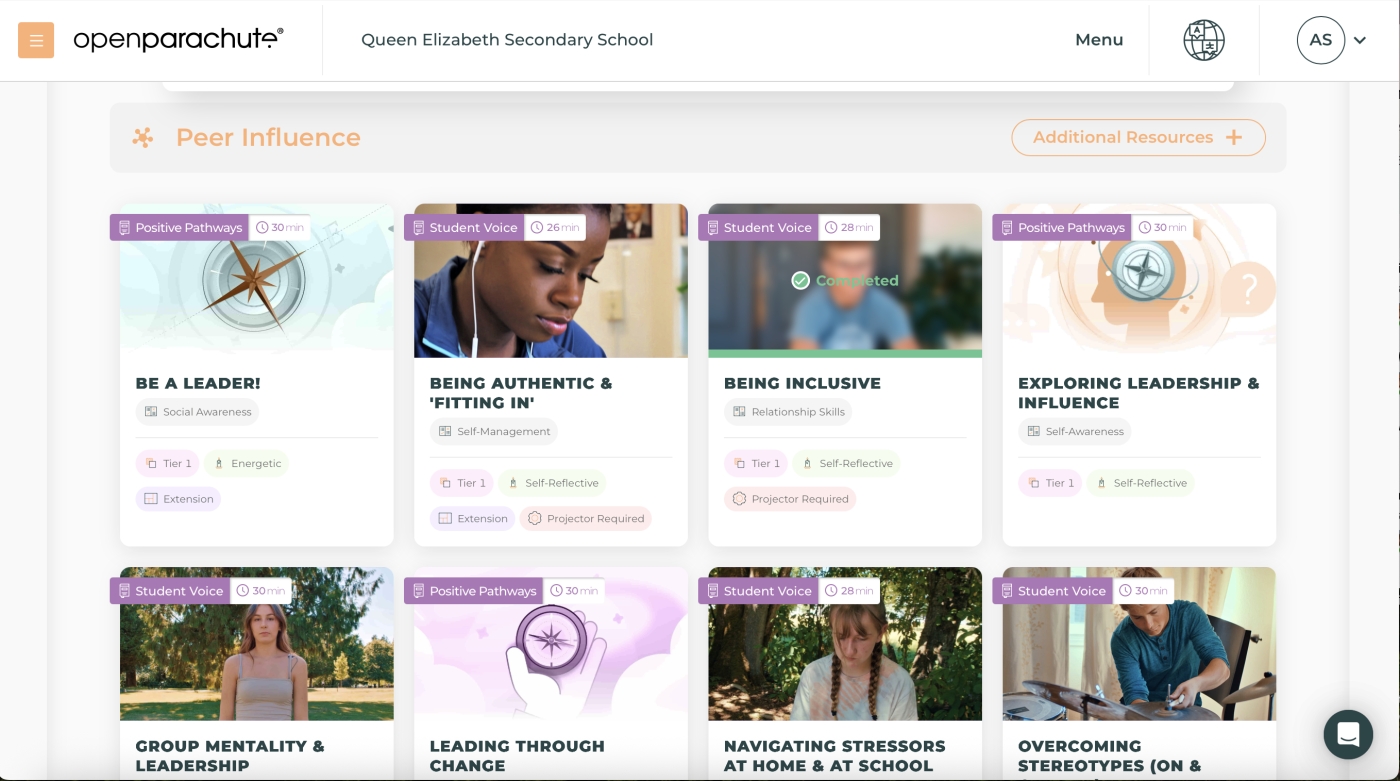Queen Elizabeth Secondary 24-25
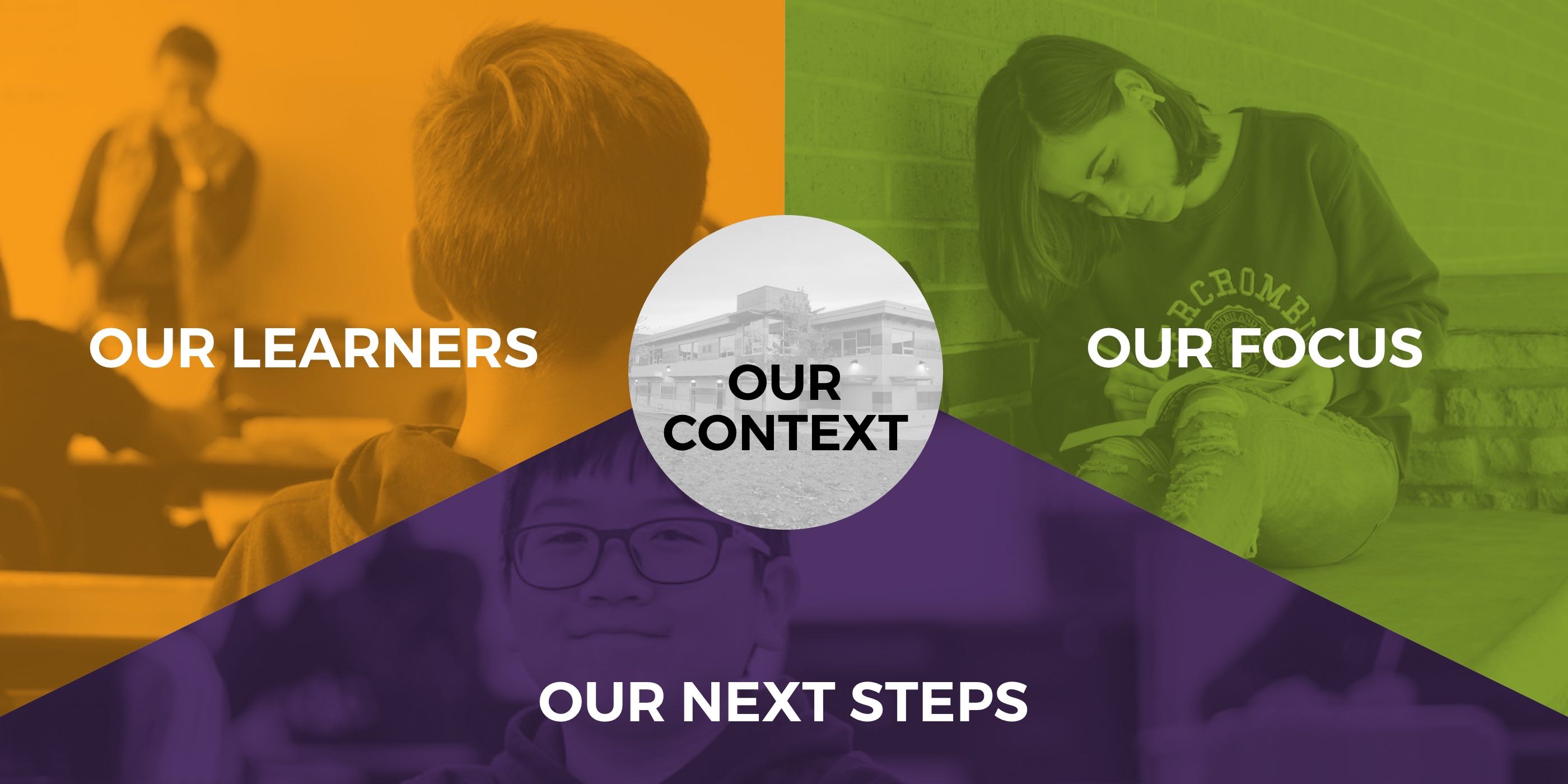

OUR CONTEXT
Queen Elizabeth Secondary is located on the shared, unceded, traditional territory of the Katzie, Semiahmoo and Kwantlen First Nations. At Queen Elizabeth Secondary School (QESS), our mission is to foster a safe, respectful, and inclusive learning environment where every student is empowered to grow intellectually, socially, and emotionally as they navigate their path to success in an ever-changing world. As part of a vibrant and diverse school community, QESS takes pride in a student body that represents a remarkable blend of cultural, socioeconomic, and academic backgrounds. This diversity enriches the learning environment, fostering a profound appreciation for multiculturalism, equity, and mutual respect. The dedicated staff works tirelessly to create an atmosphere where every student feels genuinely seen, respected, and supported.
Understanding the unique stories and experiences that each student brings to the community is a cornerstone of the school’s approach. Authentic connections are prioritized, serving as the foundation of a supportive school culture. High expectations for all learners are paired with a compassionate understanding of individual needs, empowering students to excel academically and grow personally. This thoughtful approach enables the development of confidence, resilience, and a sense of belonging among all students.
A strong emphasis is placed on foundational skills in literacy and numeracy, recognizing their pivotal role in lifelong success. Through targeted interventions and resources, meaningful growth is ensured for every student. These efforts prepare students not only for academic achievement but also for the broader challenges and opportunities of life beyond school.
The school’s holistic planning framework integrates district priority practices, including Curriculum Design, Quality Assessment, Instructional Strategies, and Social and Emotional Learning. This comprehensive approach addresses all dimensions of student development, providing a well-rounded and enriching educational experience. At the heart of this framework is a commitment to cultivating the Core Competencies mandated by the BC Ministry of Education—communication, critical and creative thinking, personal and social responsibility, and cultural awareness. These competencies equip students to thrive in a dynamic and diverse global landscape.
With a strong commitment to diversity, equity, and inclusion, Queen Elizabeth Secondary inspires engaged, lifelong learners who are prepared to contribute meaningfully to their communities and the world. The school culture celebrates individuality, nurtures potential, and champions equity for all. This year, we are dedicated to fostering a welcoming and inclusive learning environment, with a strong focus on communication.
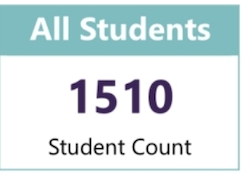
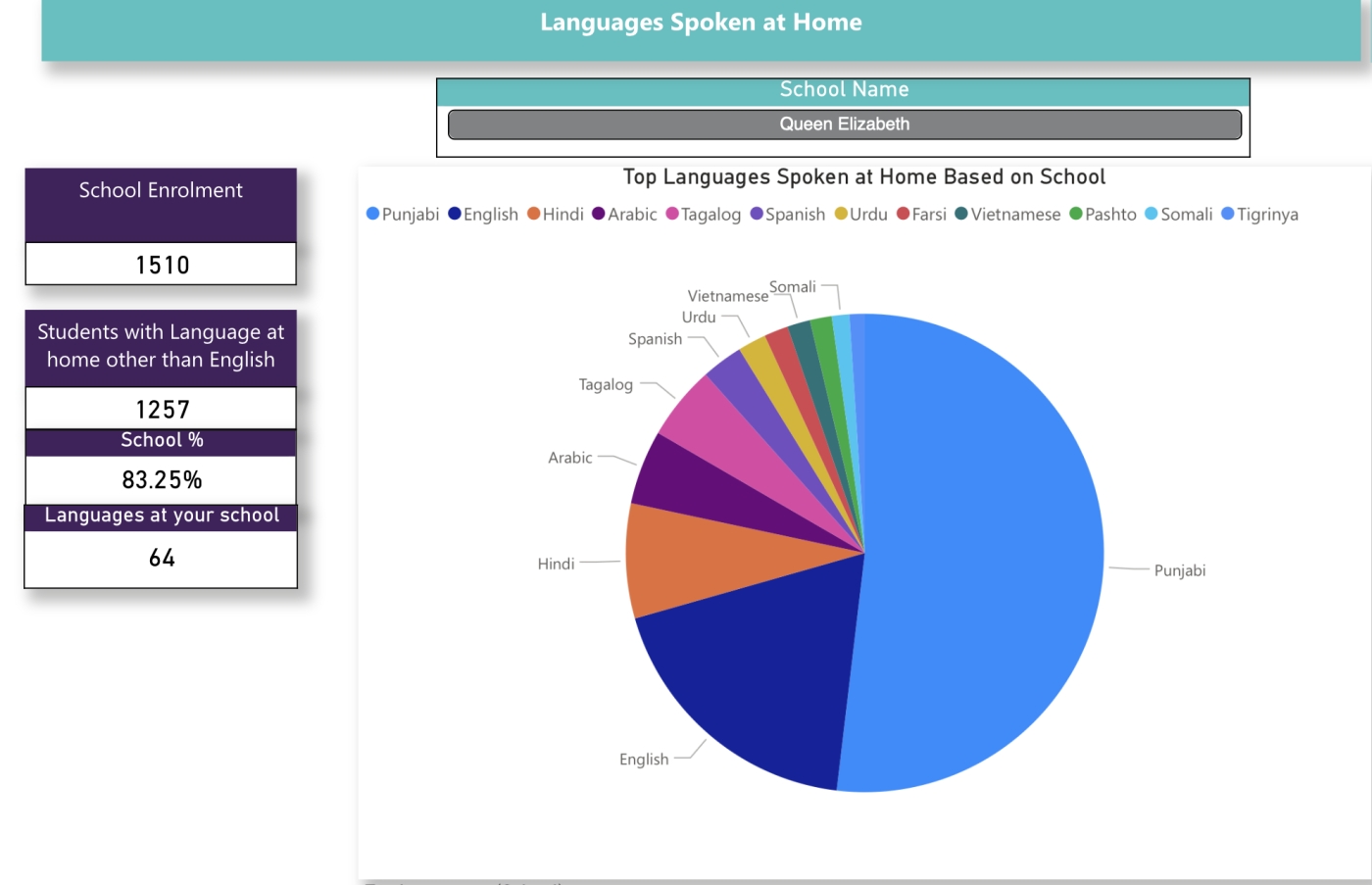
STUDENT LEADERSHIP
QE Indigenous Leadership Council
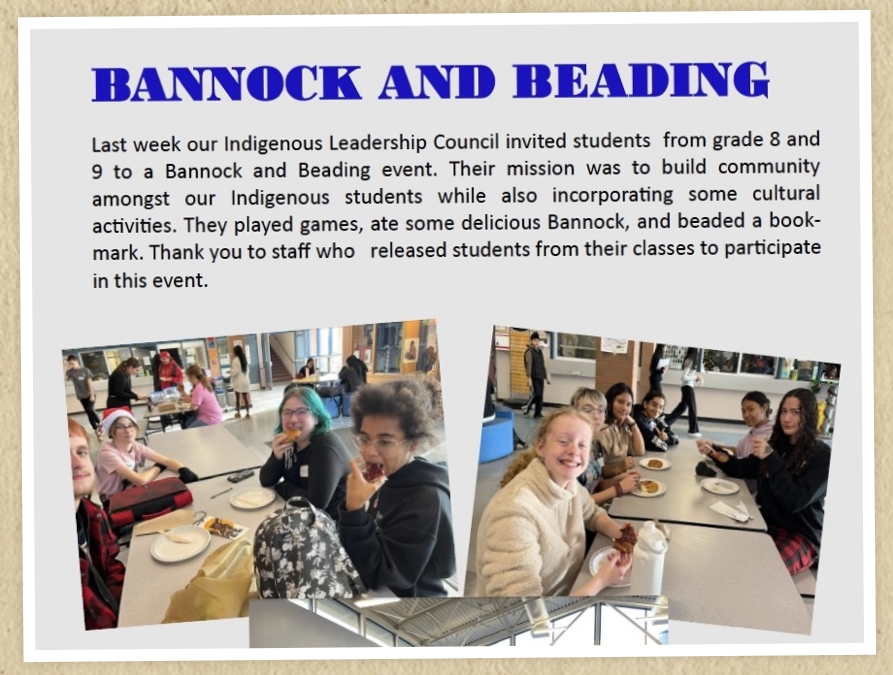
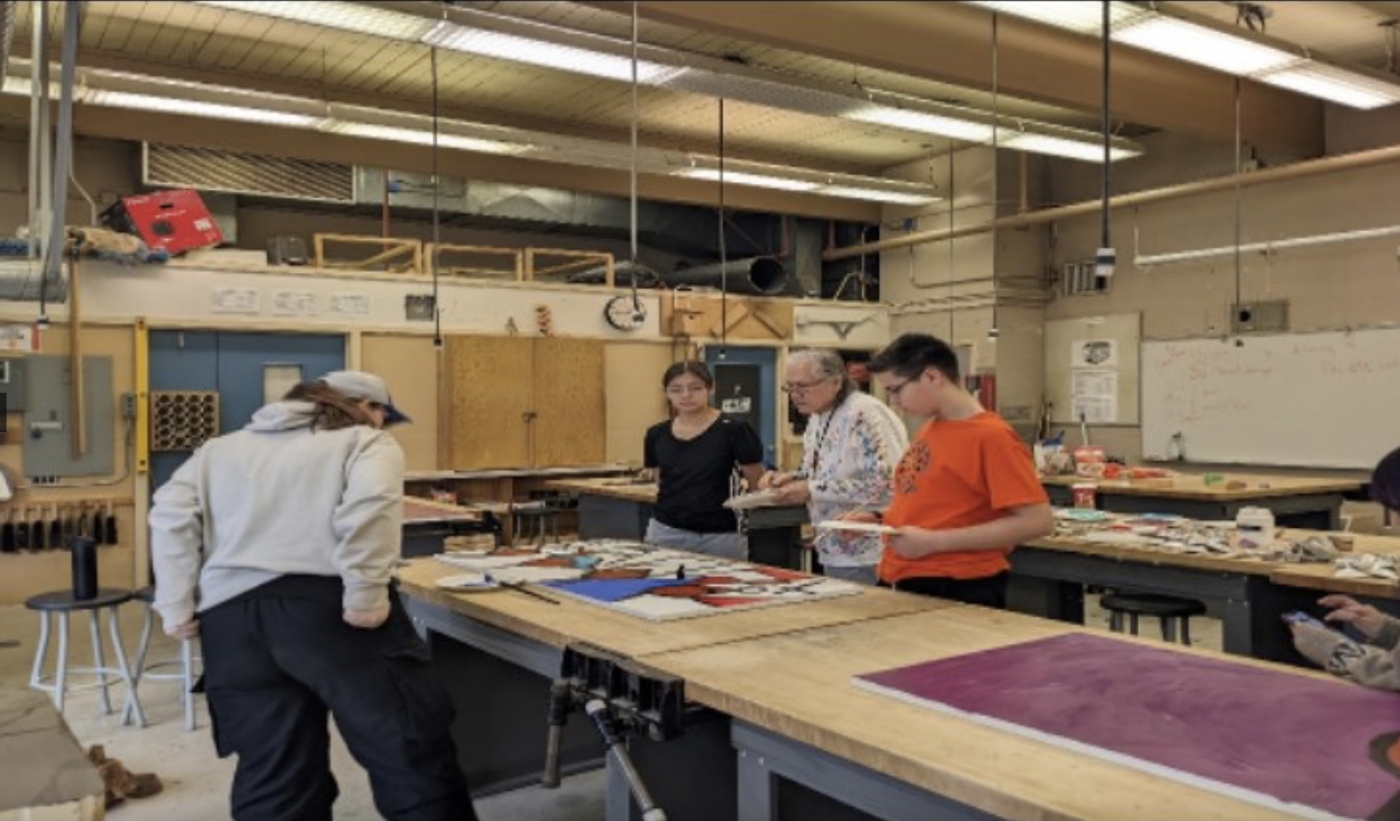
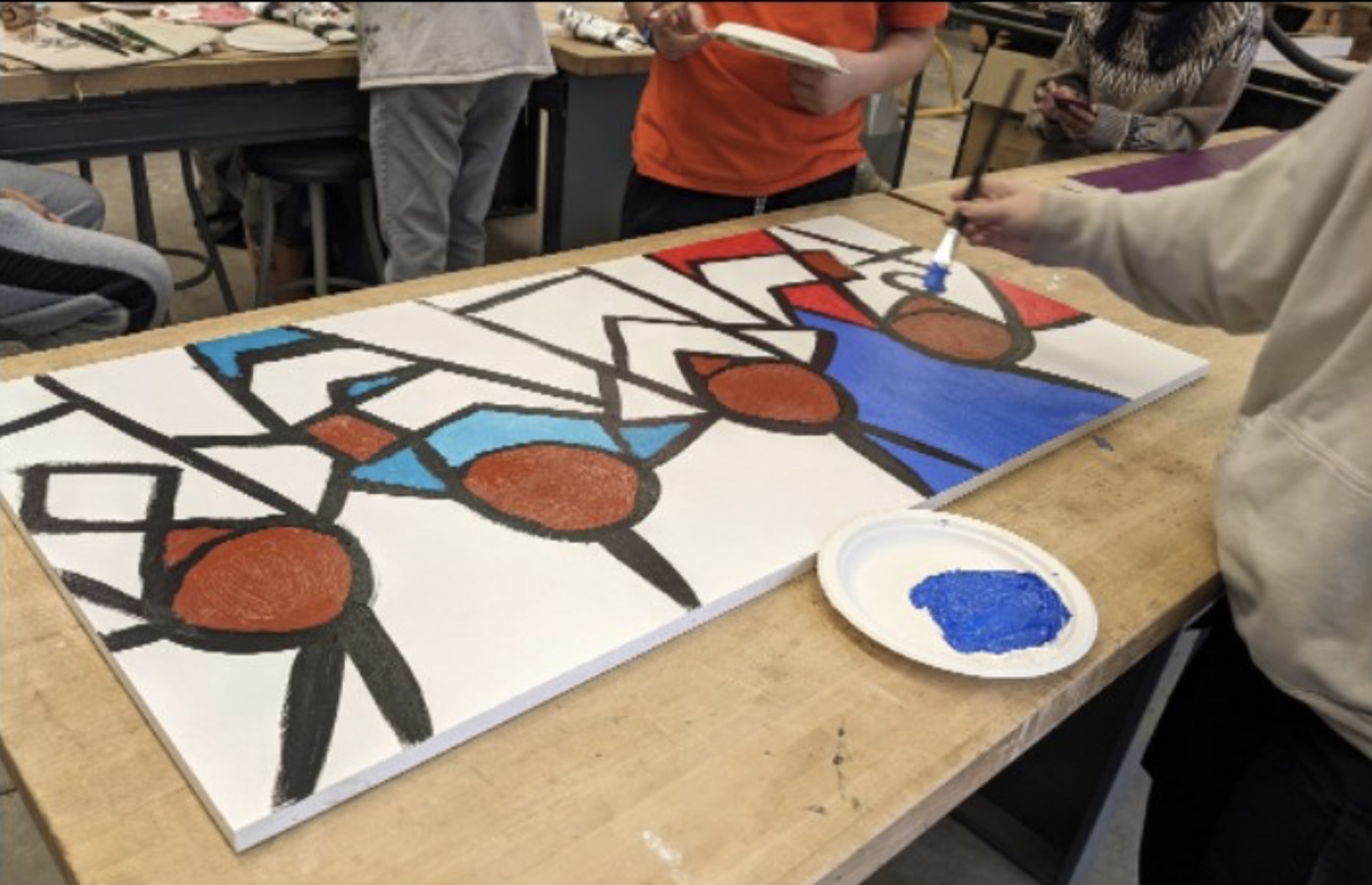 QE Student Council
QE Student Council
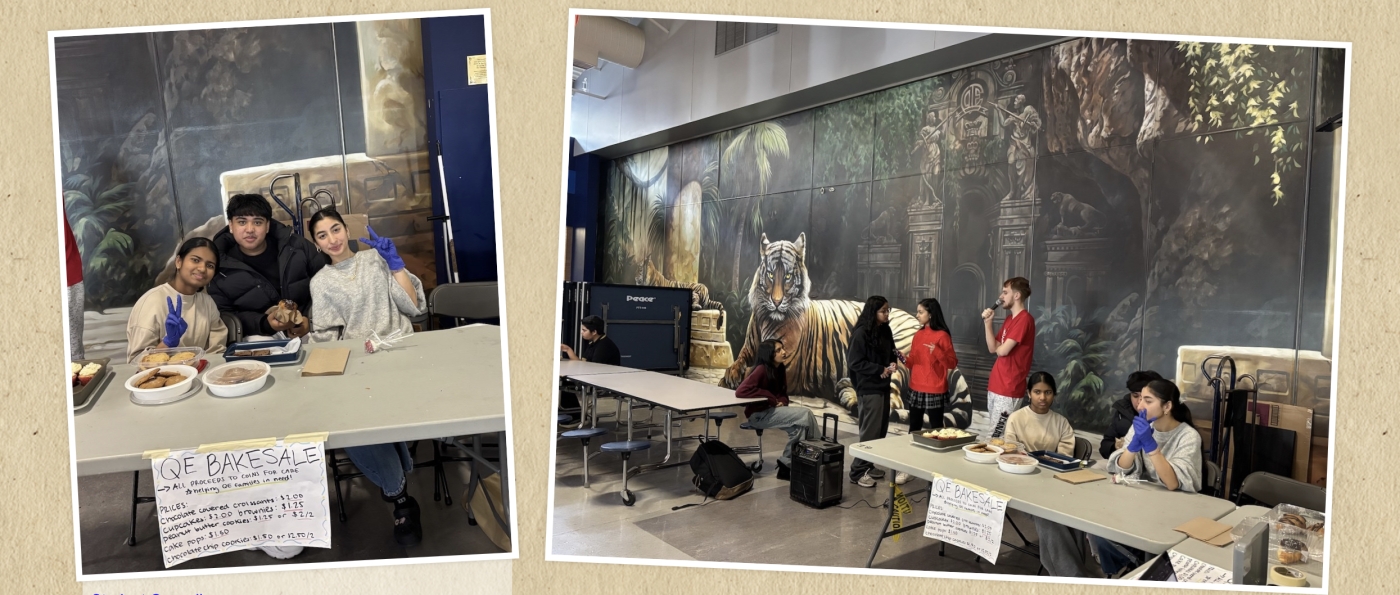
QE BIPOC Leadership Group

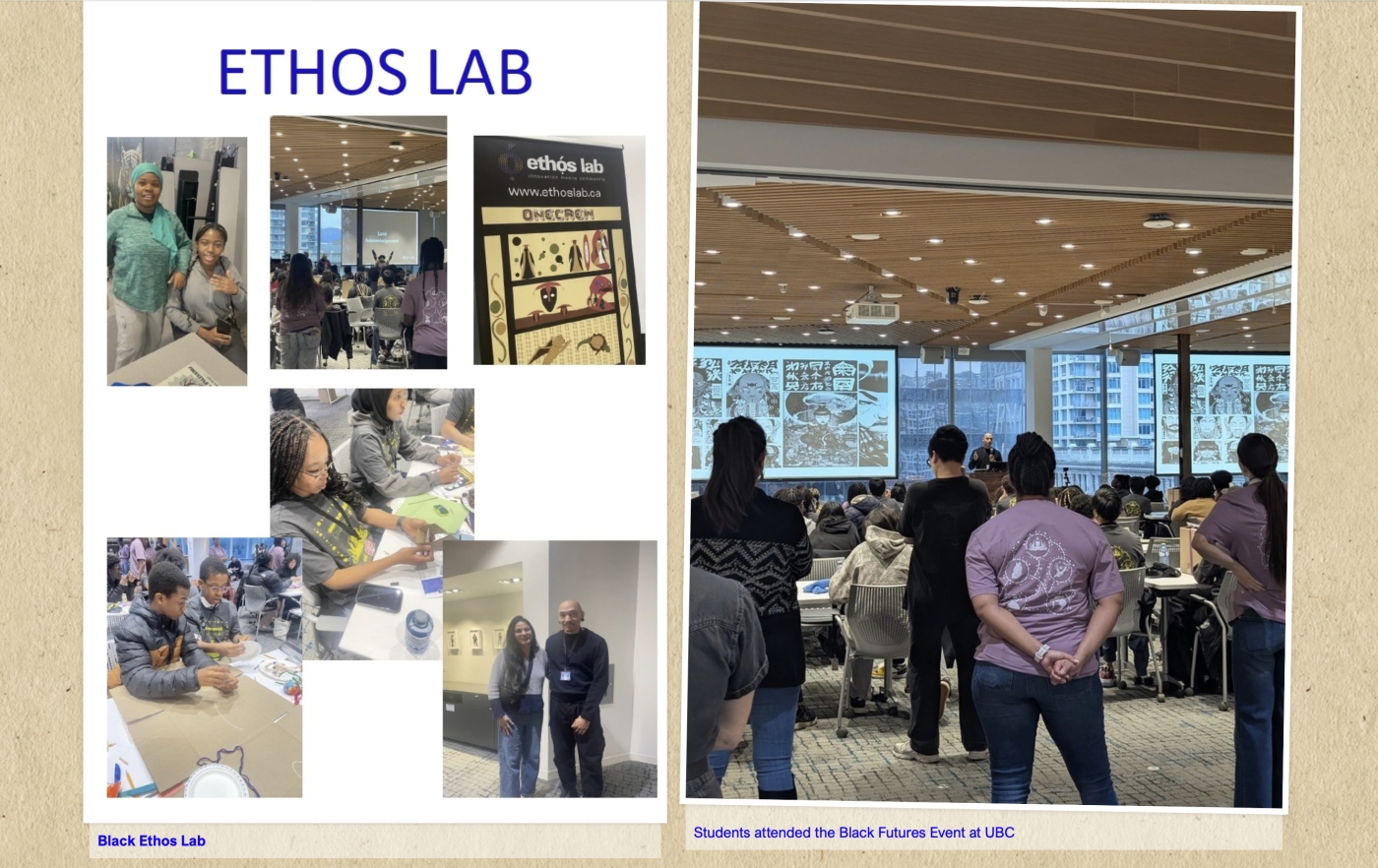 QE Royal Brotherhood
QE Royal Brotherhood
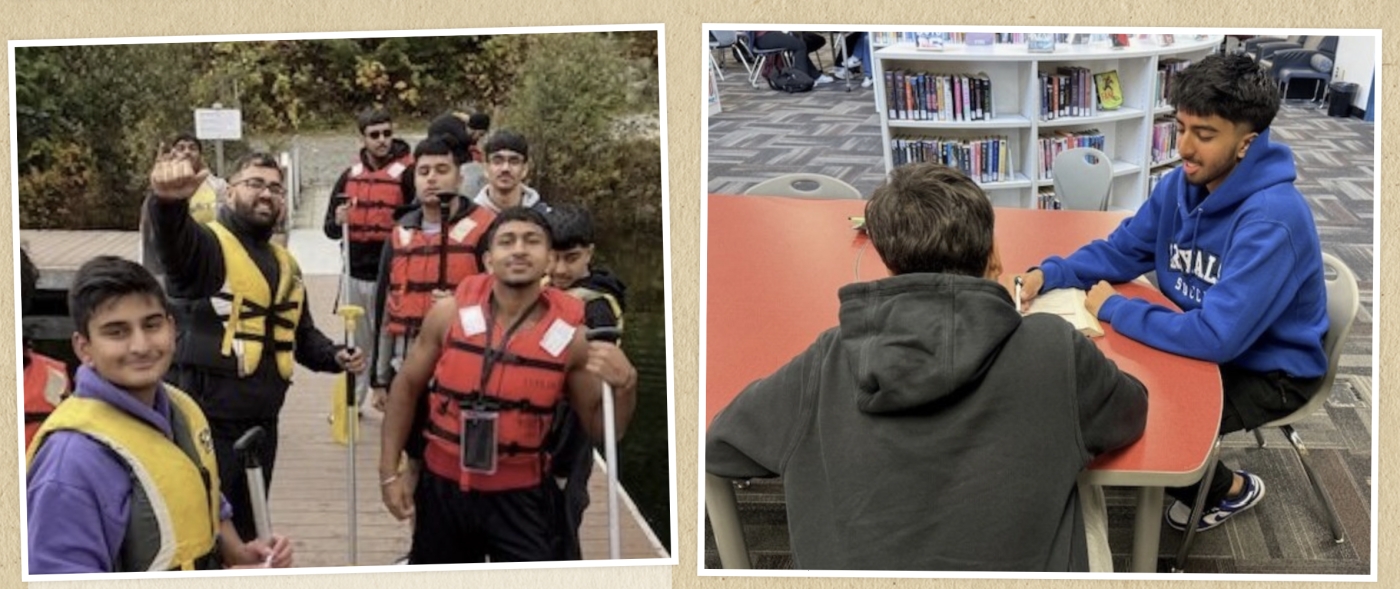
QE Girls United
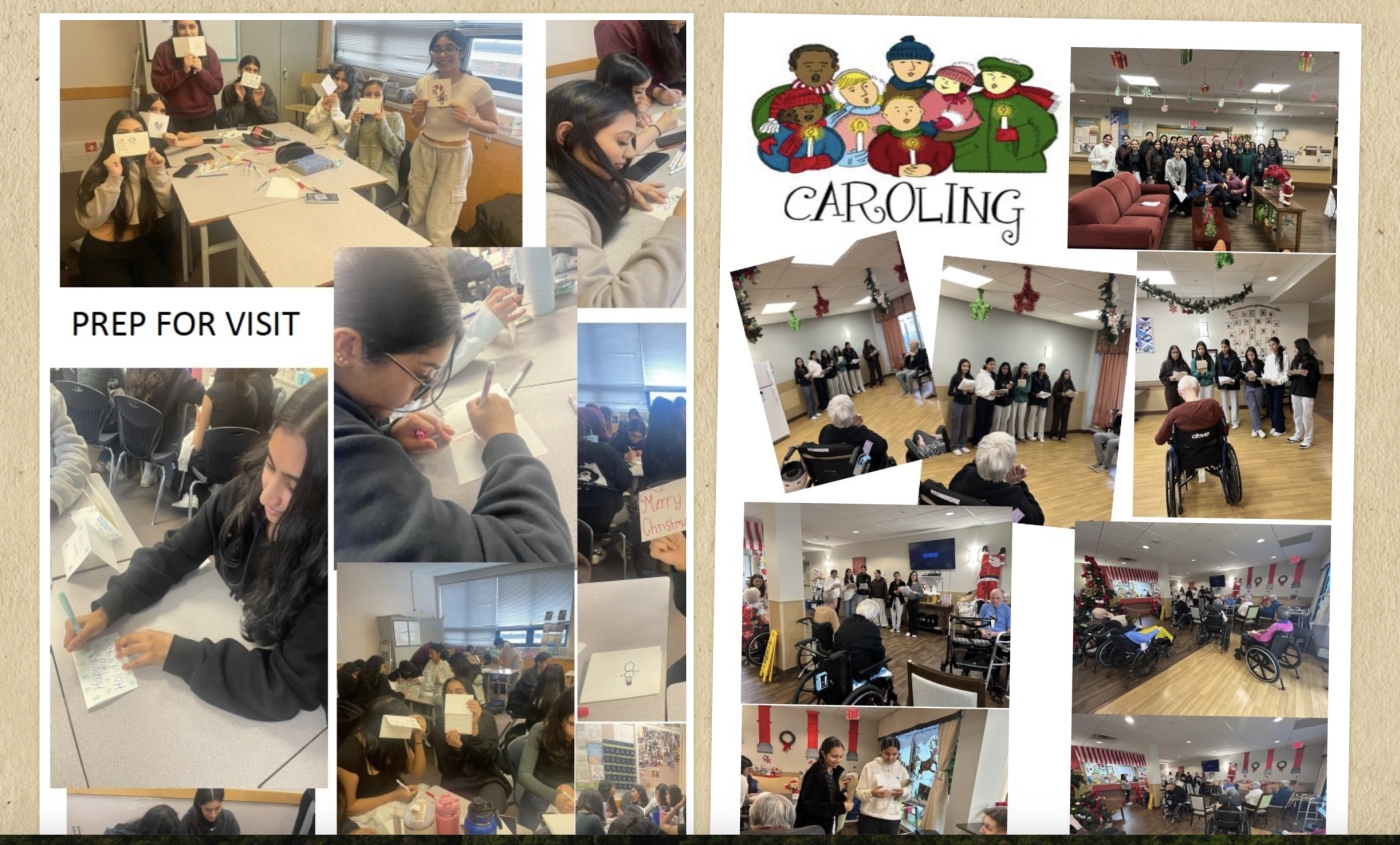
QE Sikh Student Union
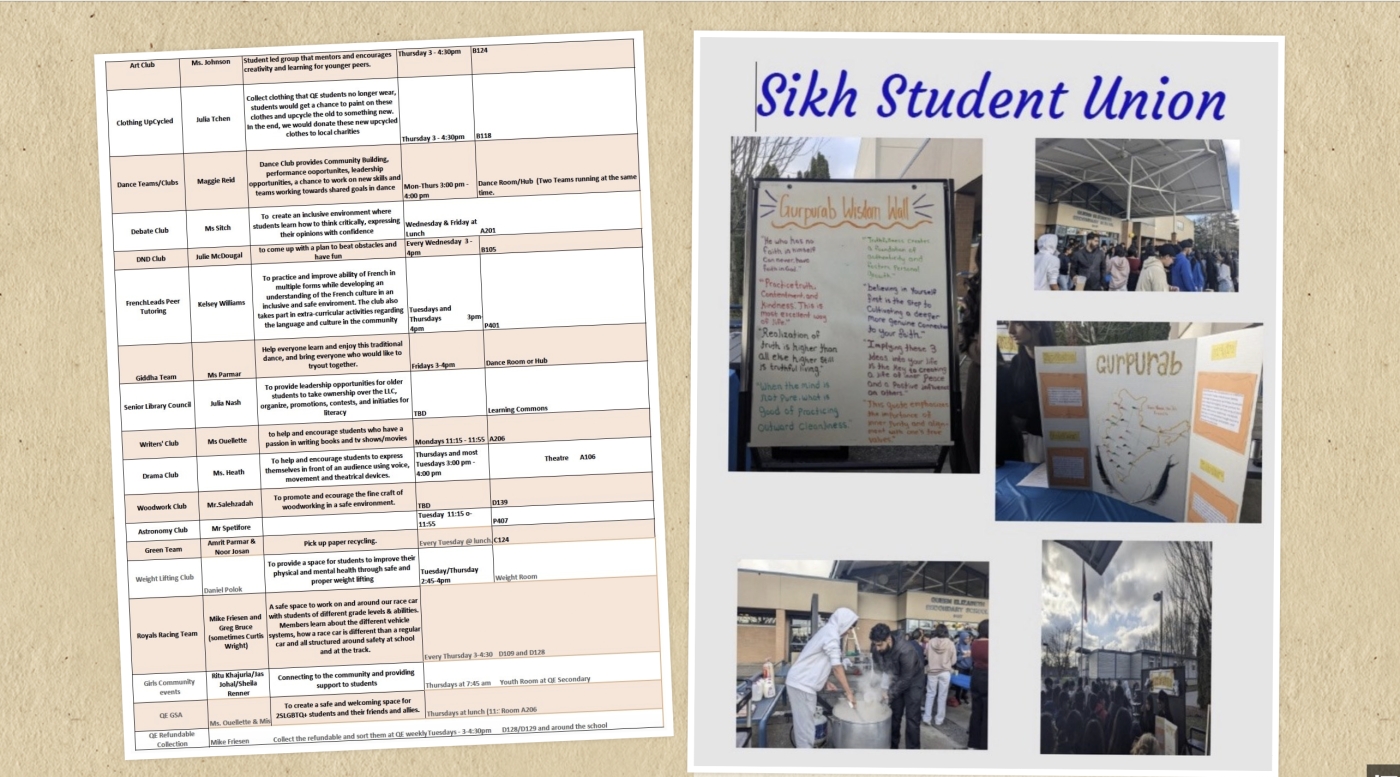
QE One Blood
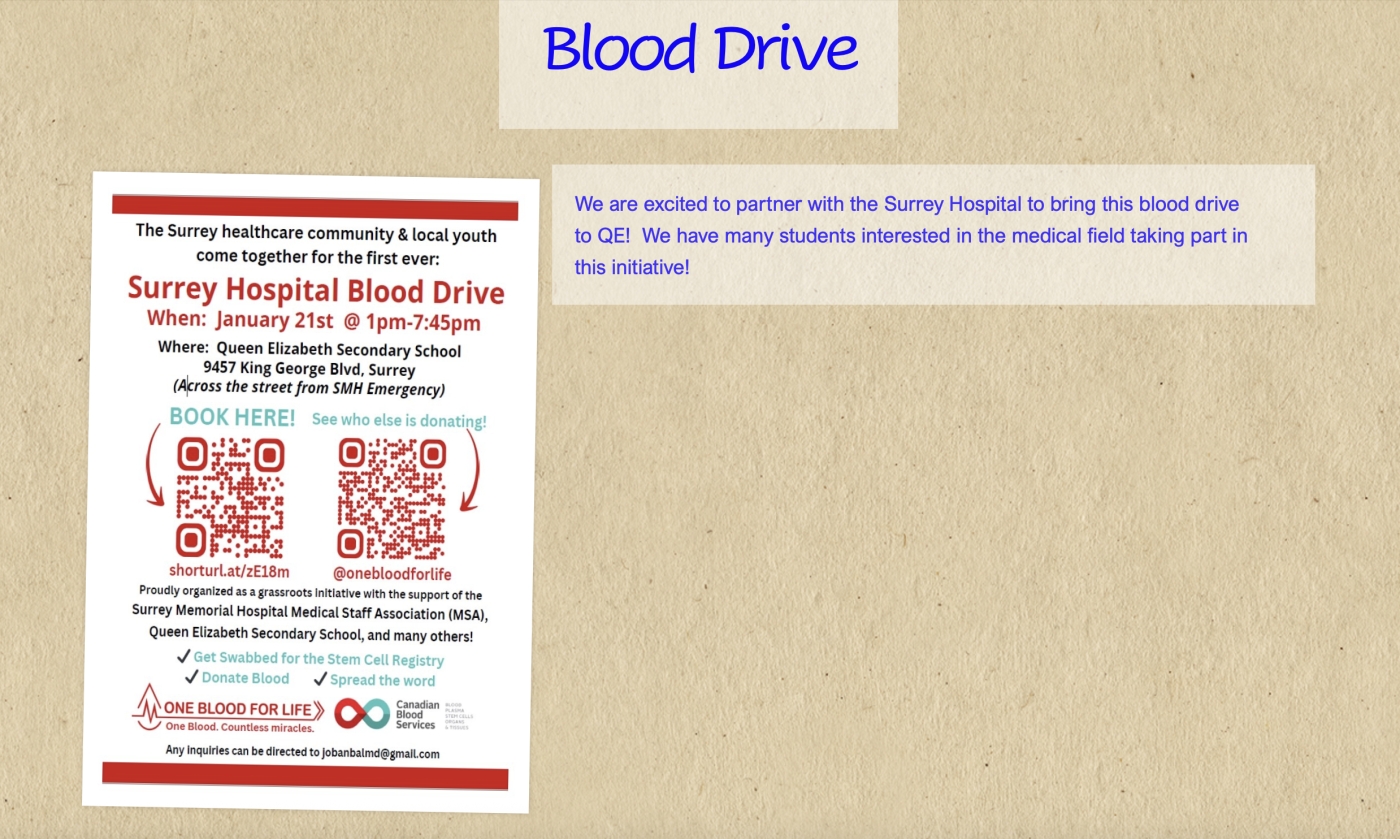
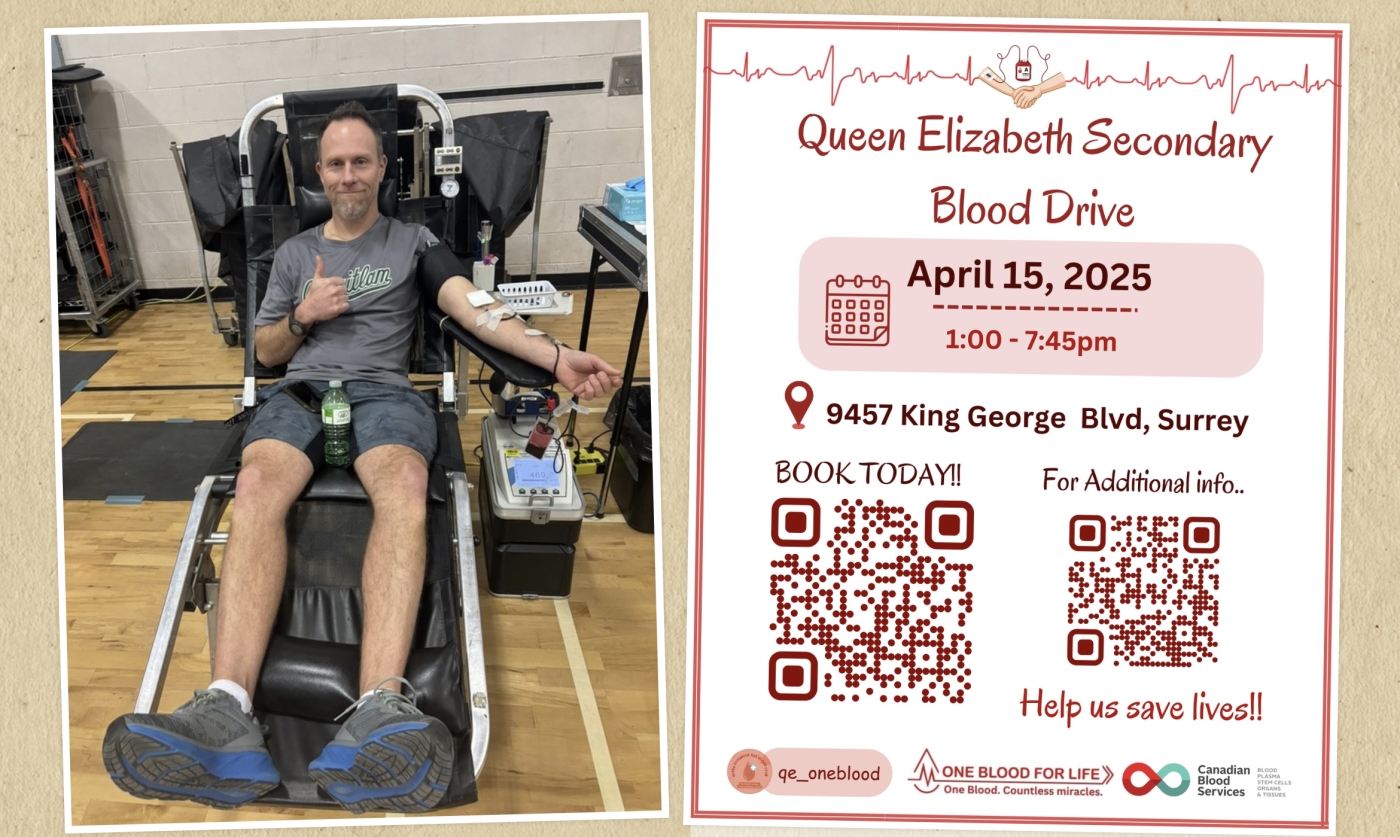
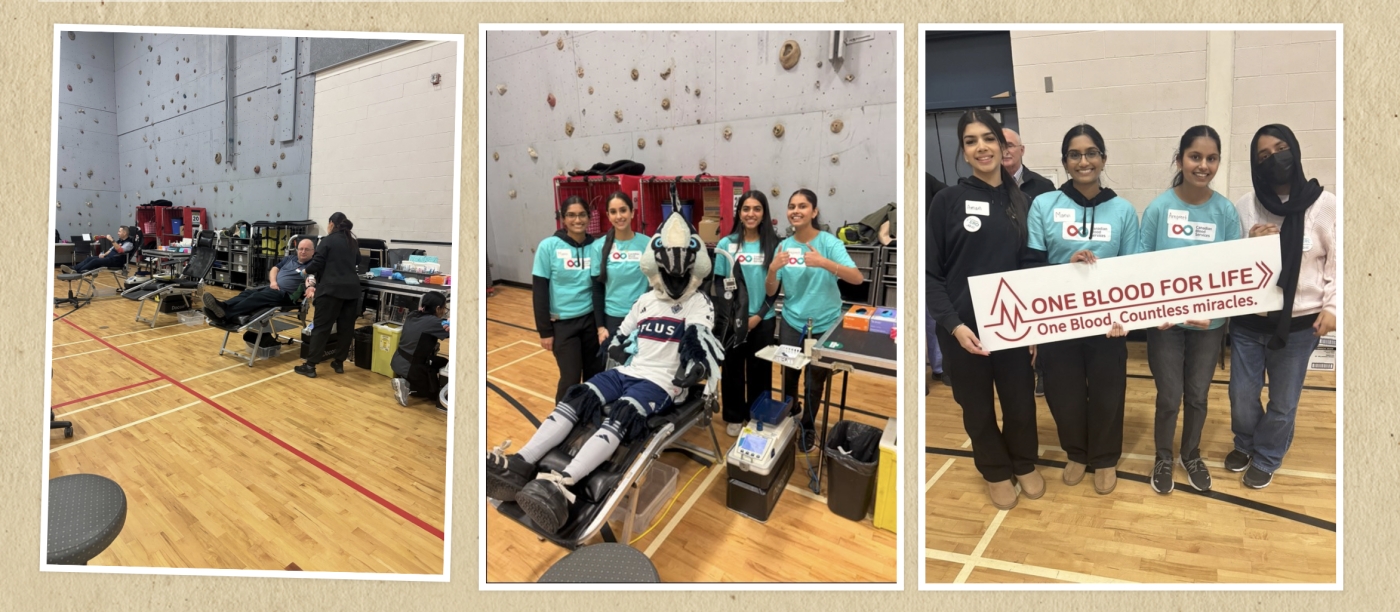
QE Pathways to Healthcare
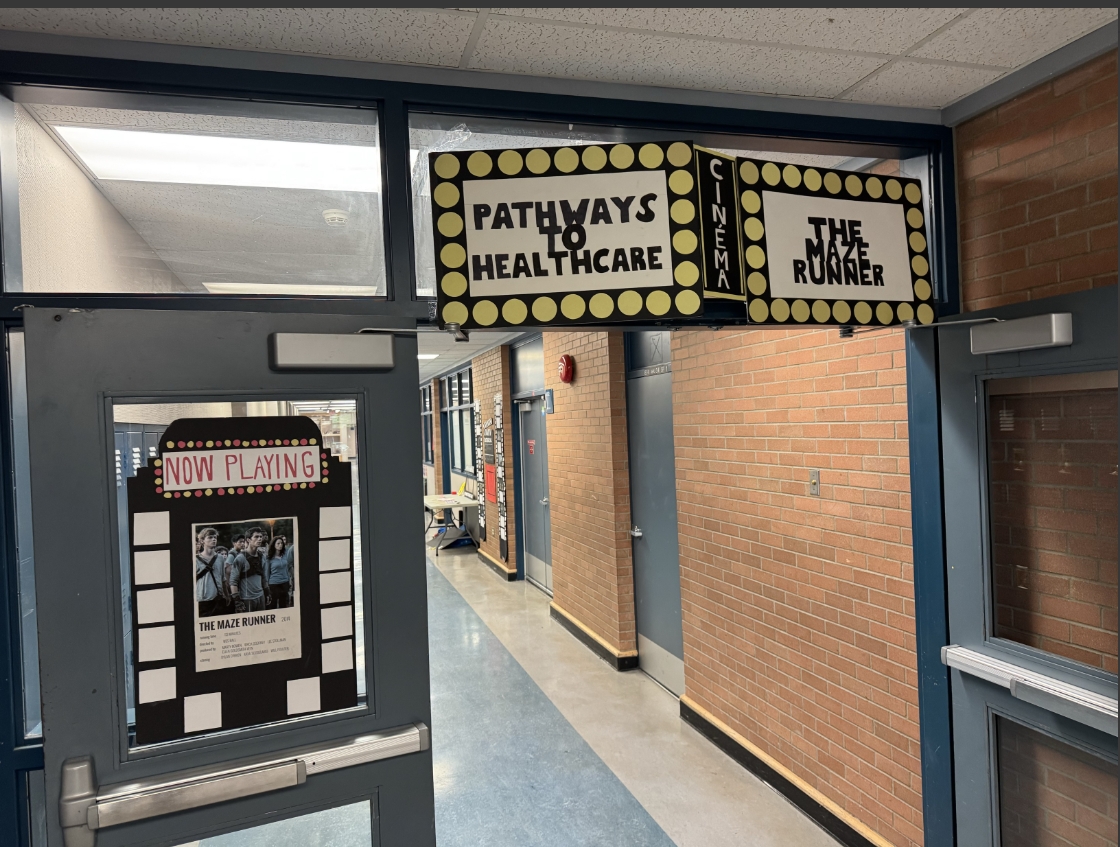
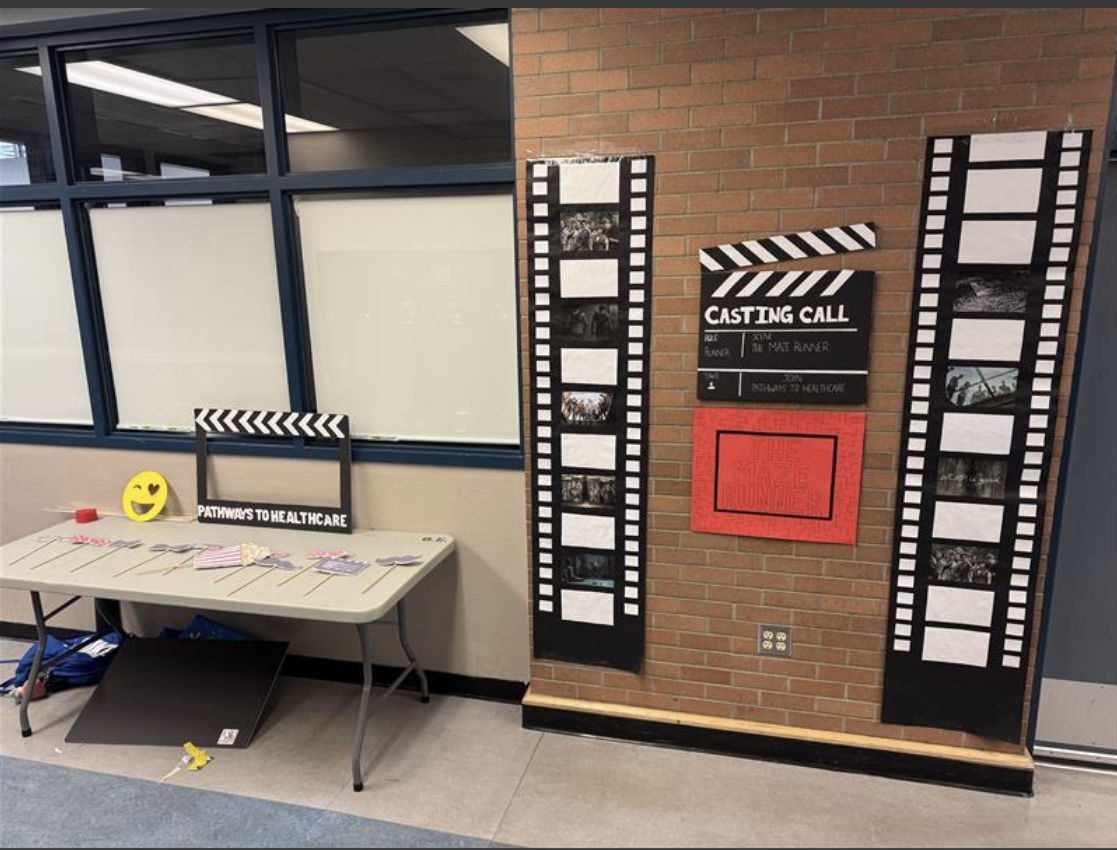
QE Astronomy Club

QE Athletics
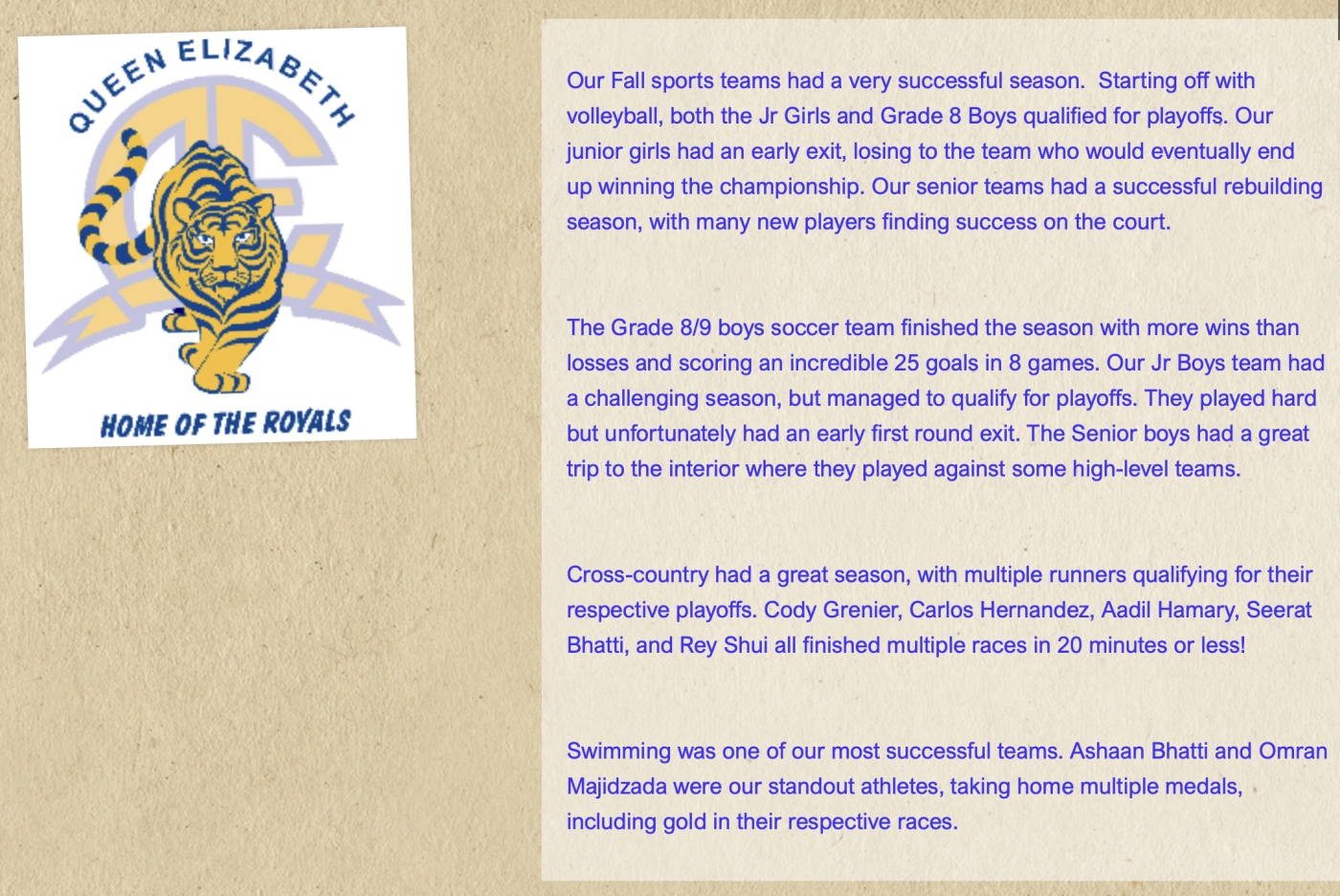
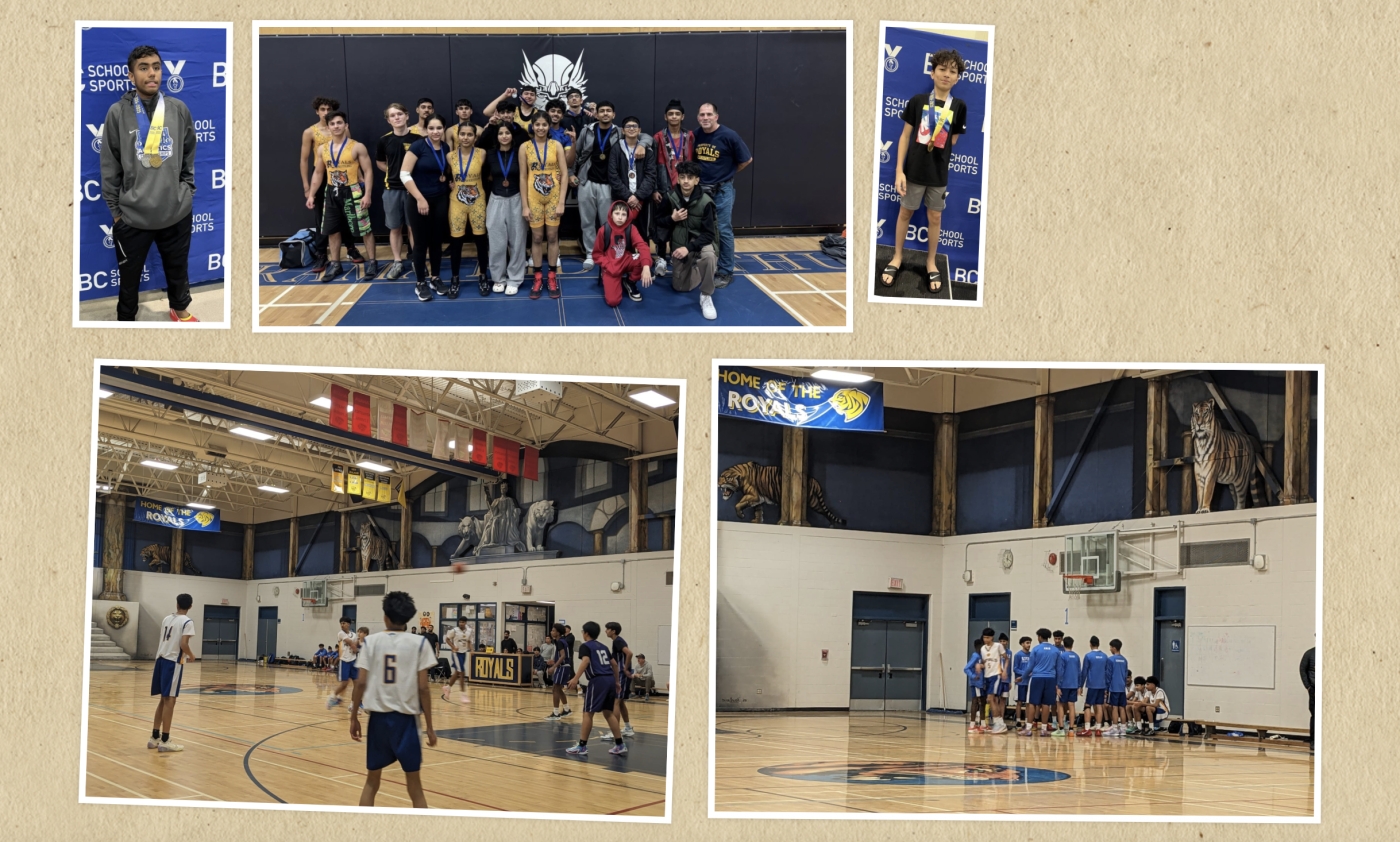
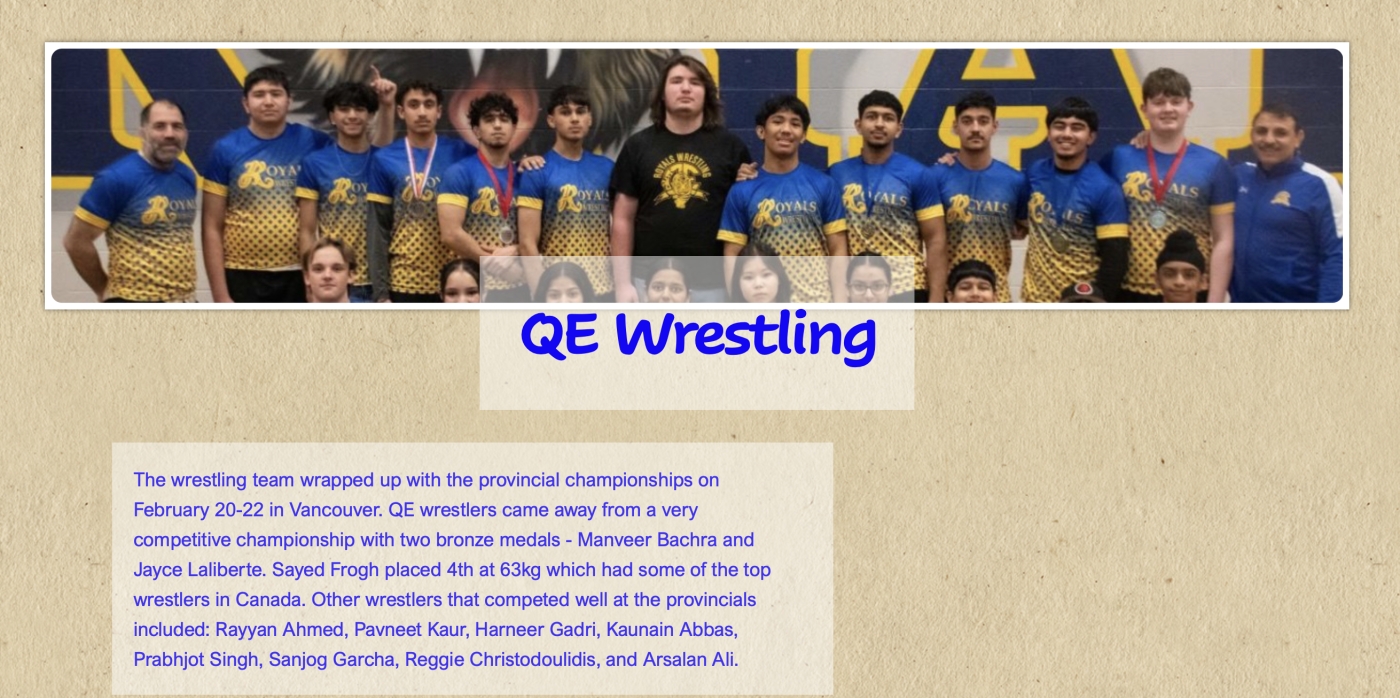

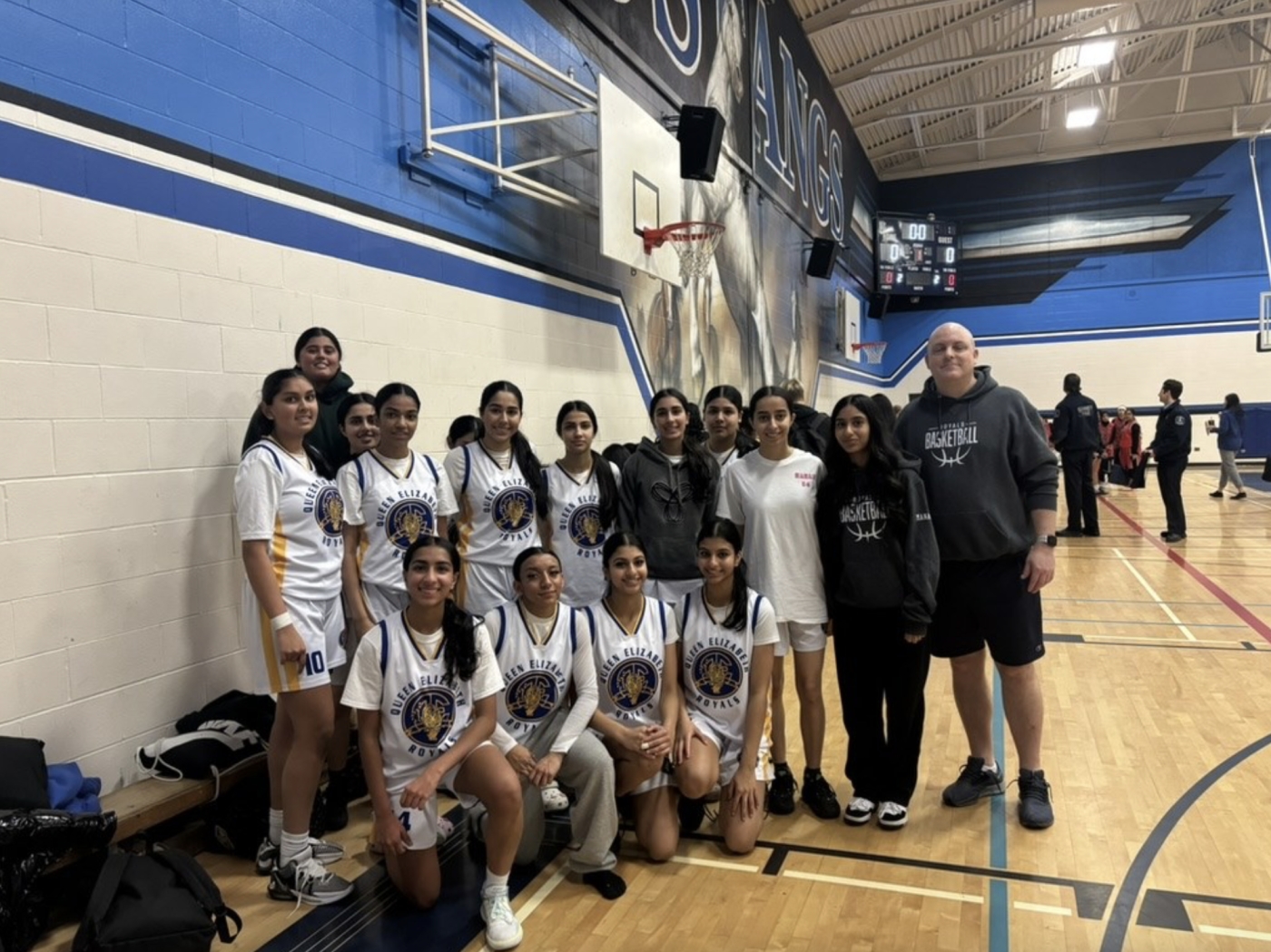
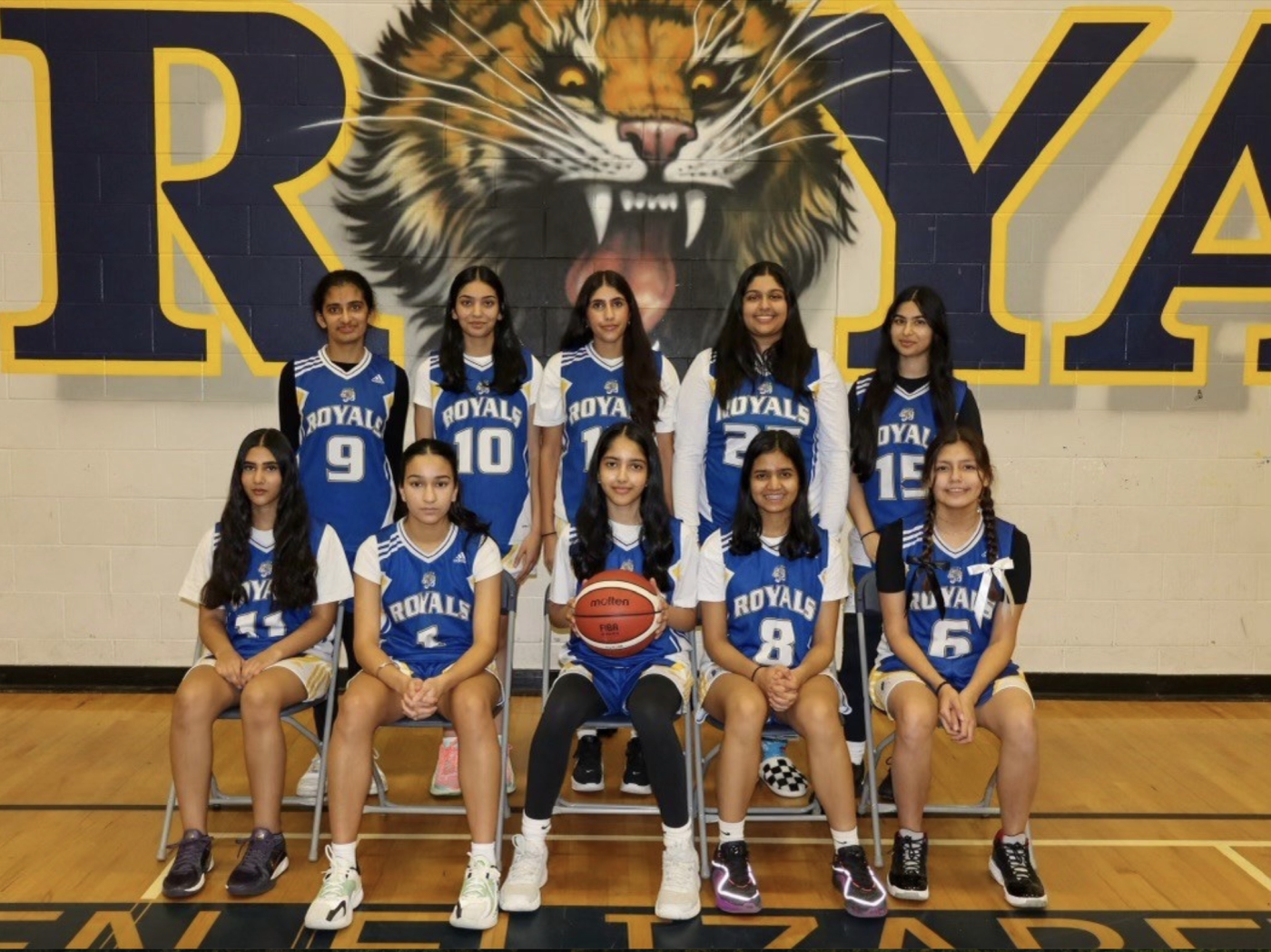
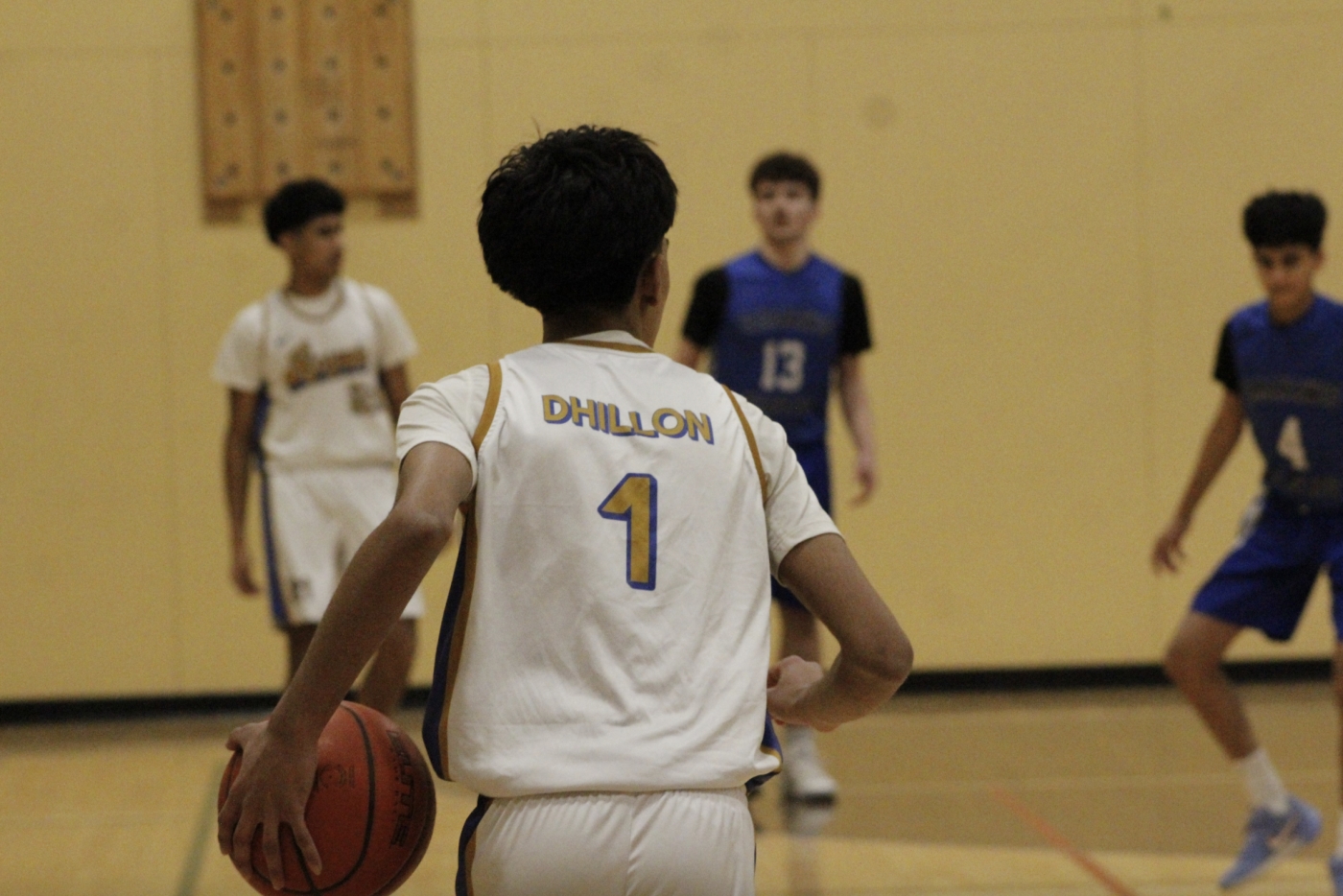
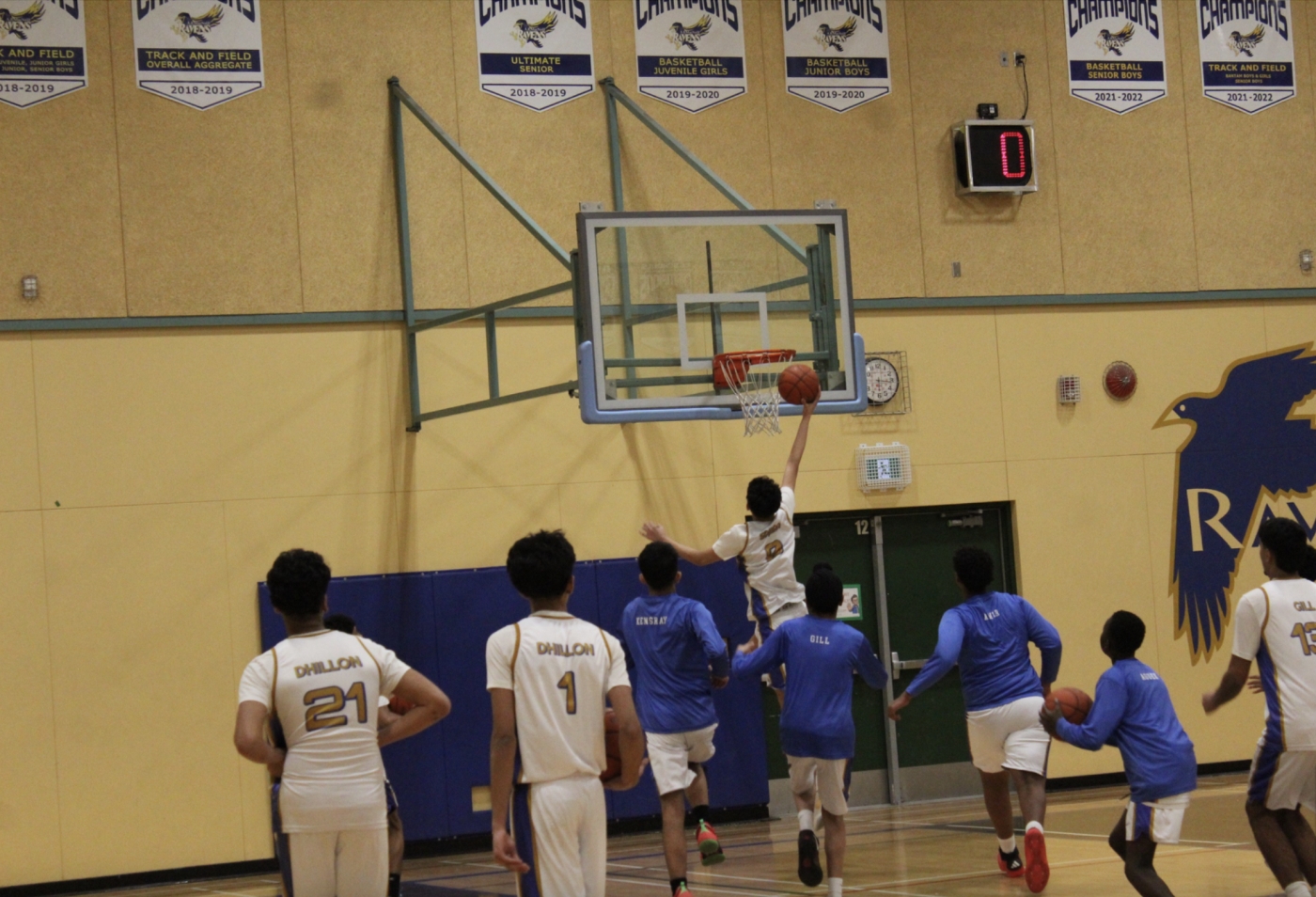
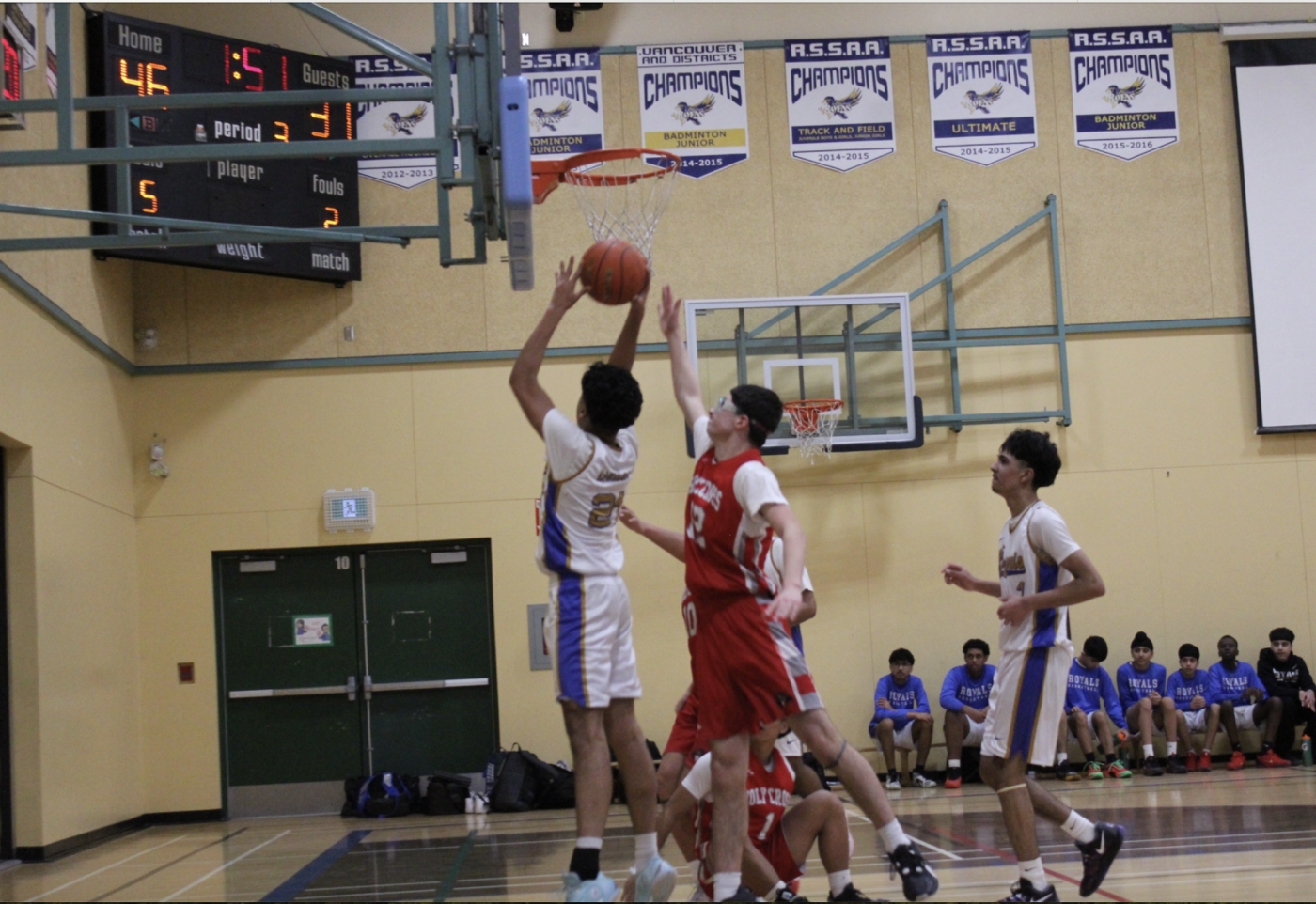
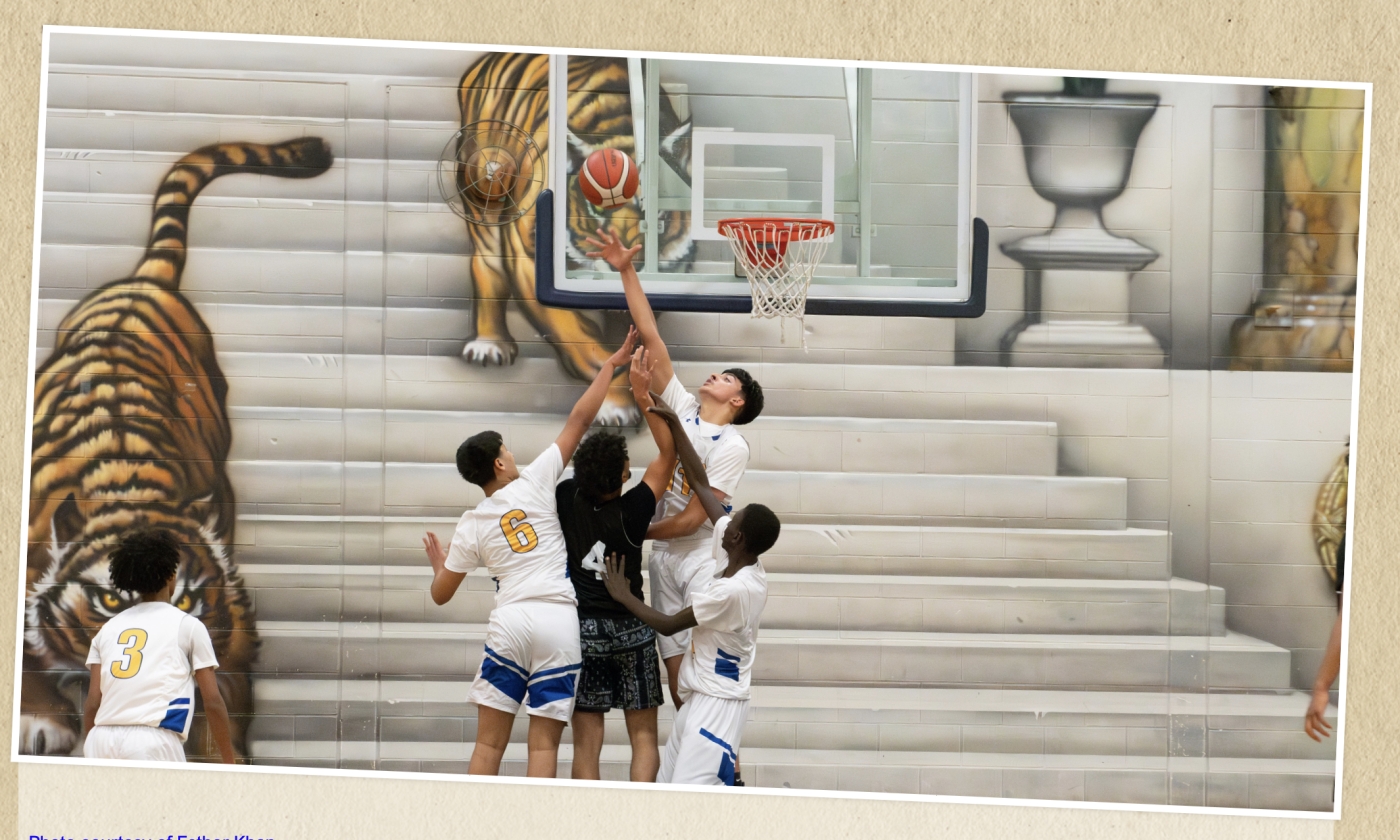
FIELD TRIPS
Squamish Rafting Trip
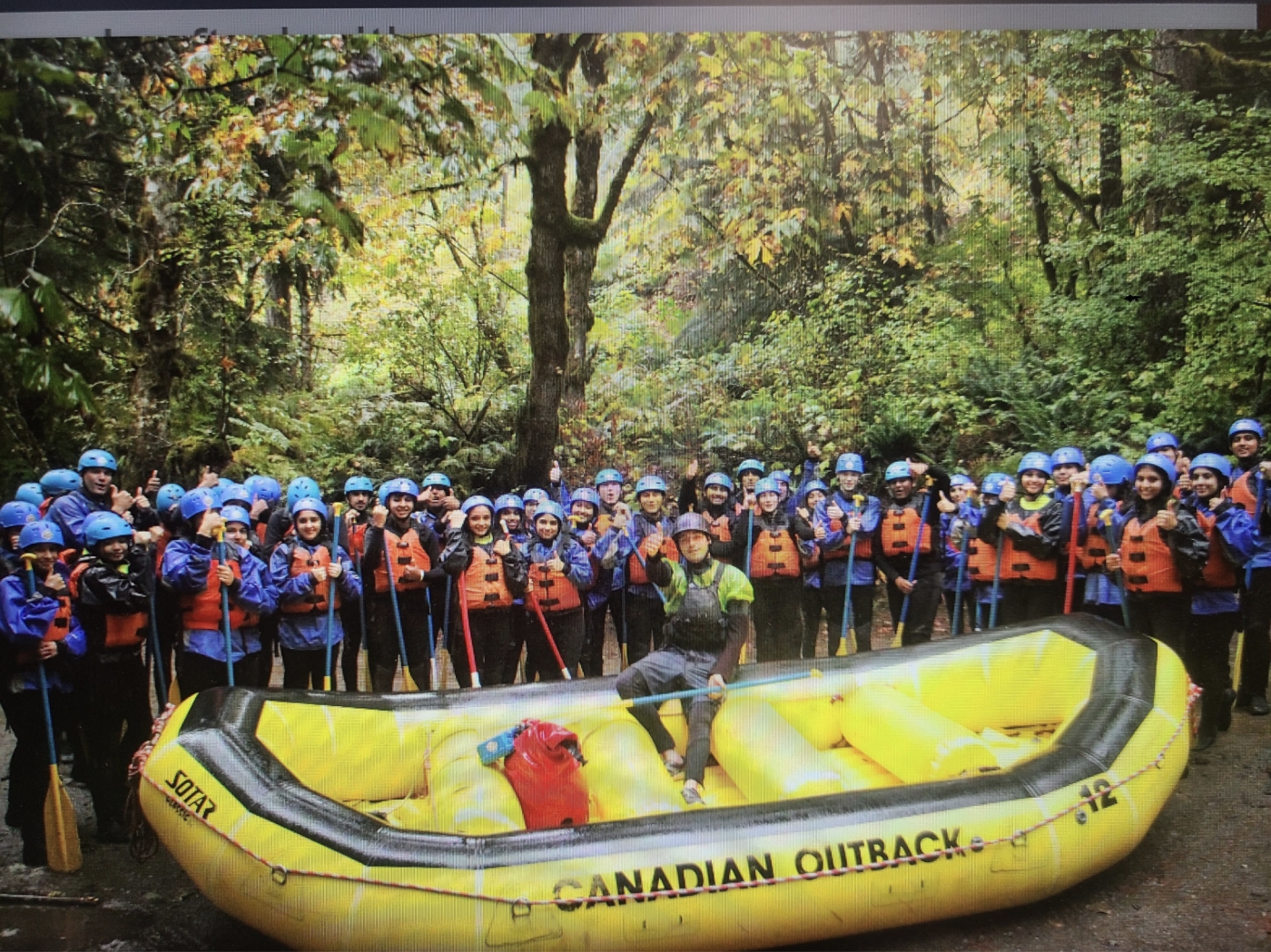



Planet Laser & Bon Macaron Patisserie
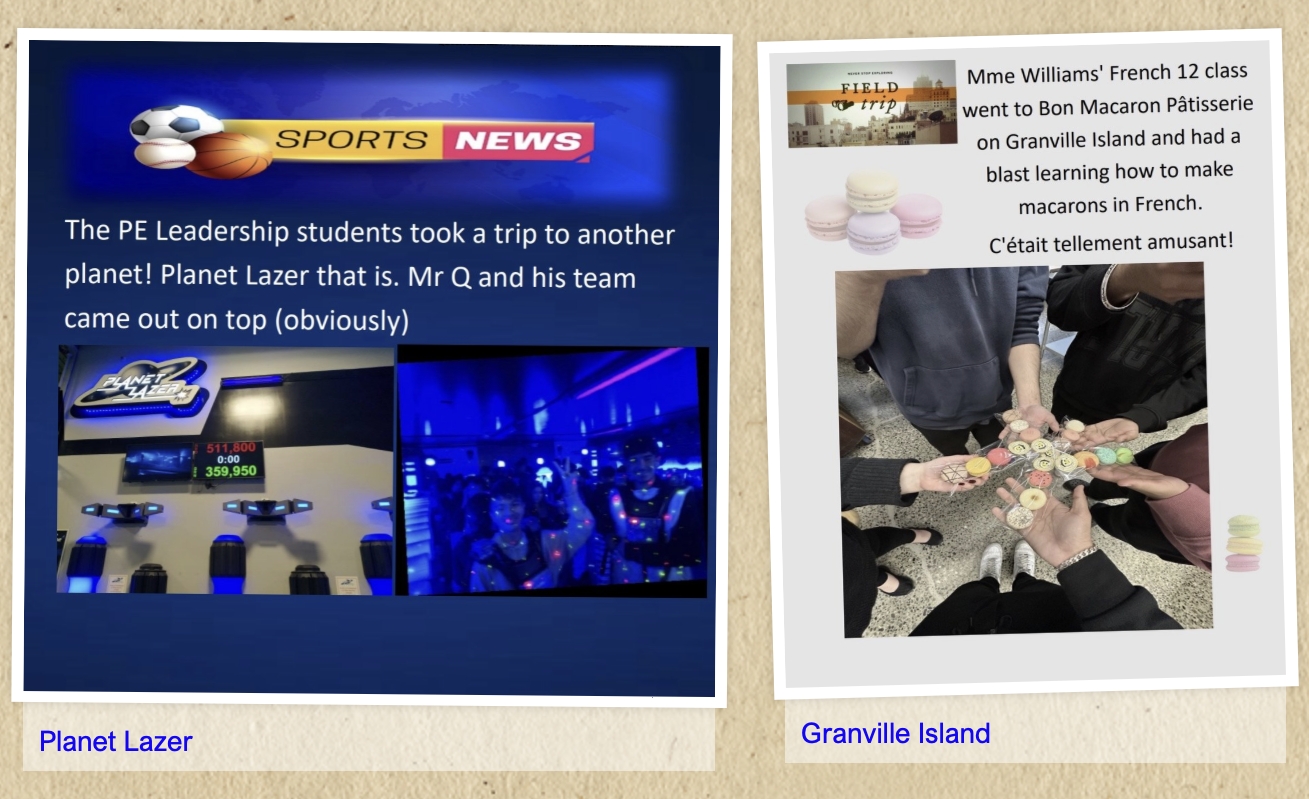
H.R. MacMillan Space Centre
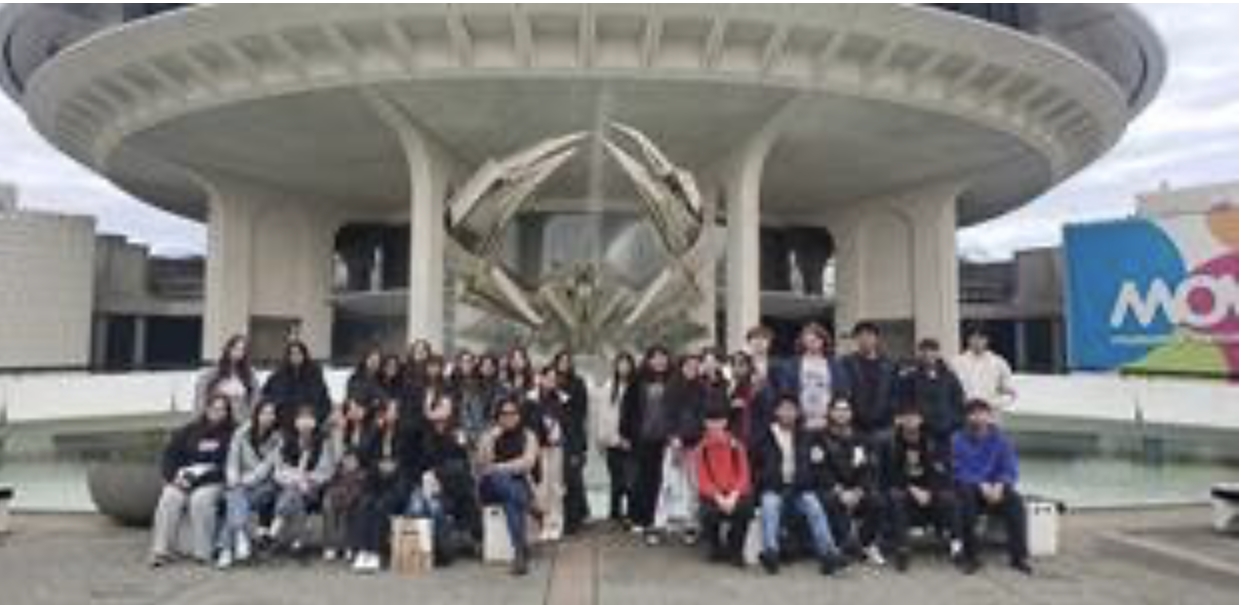 Snowshoeing
Snowshoeing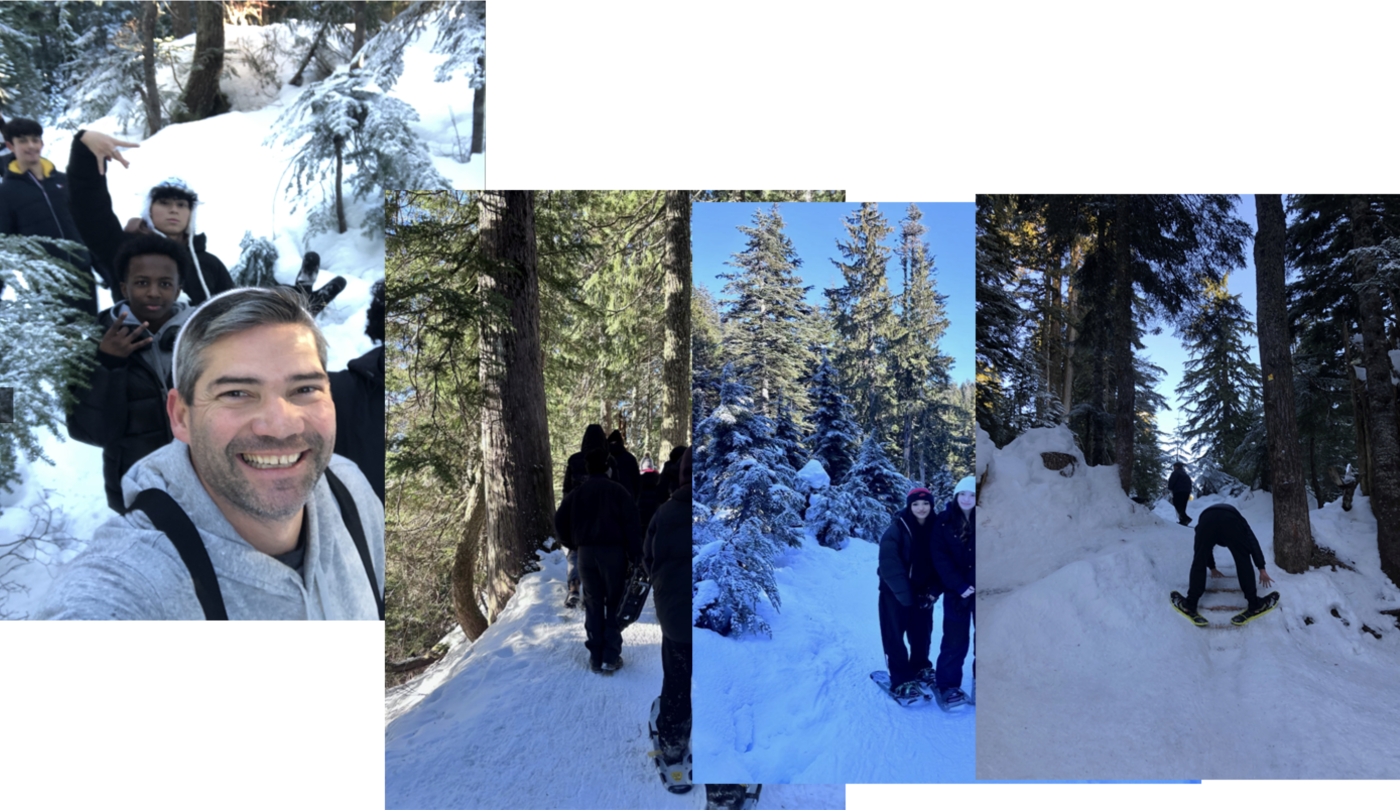
Britannica Mines
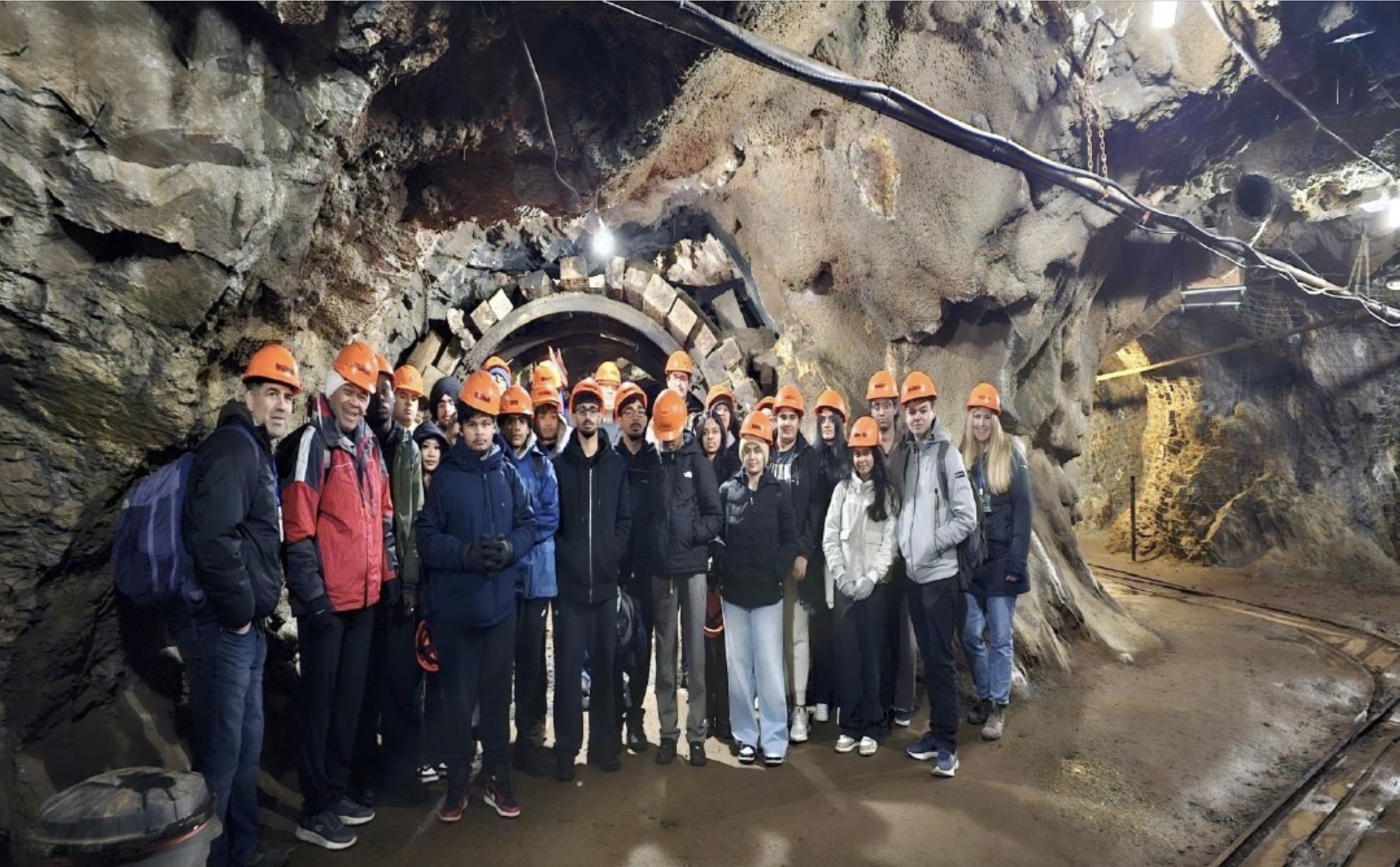
Backpacks for the Community
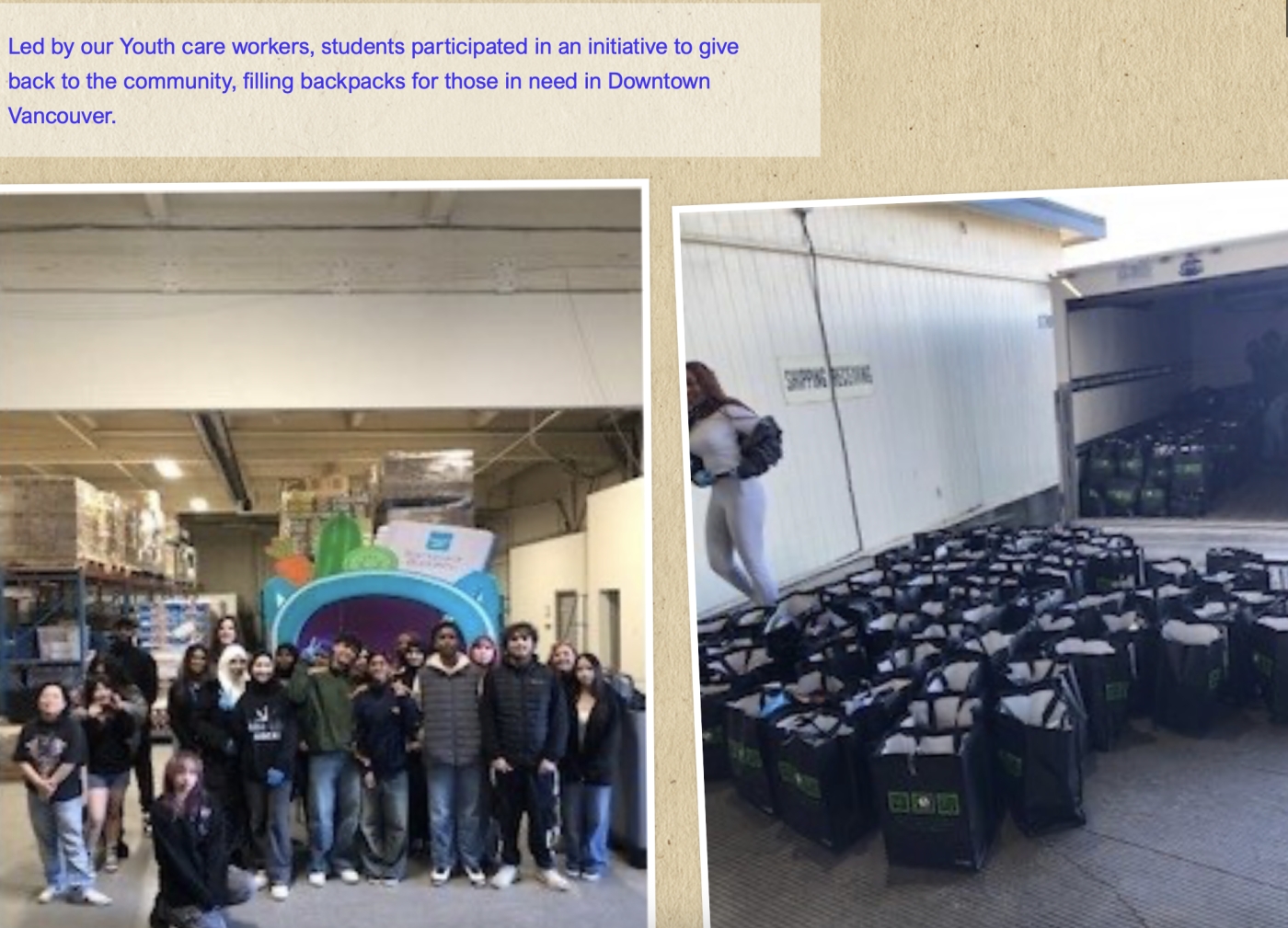
CELEBRATIONS
Diwali & Vaisakhi
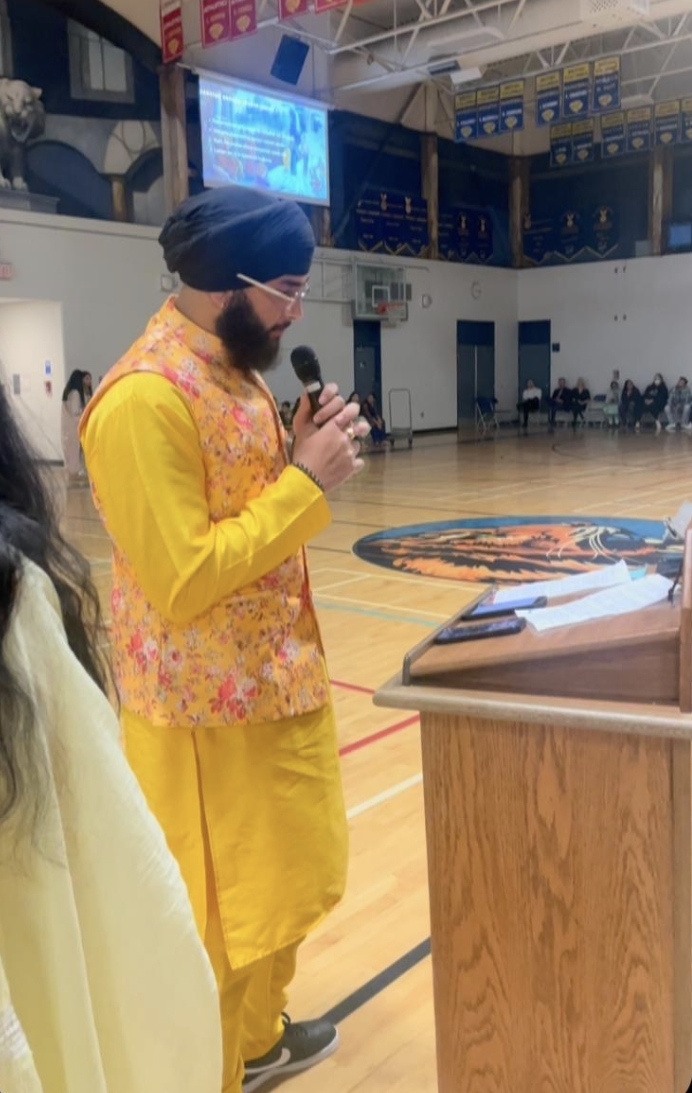
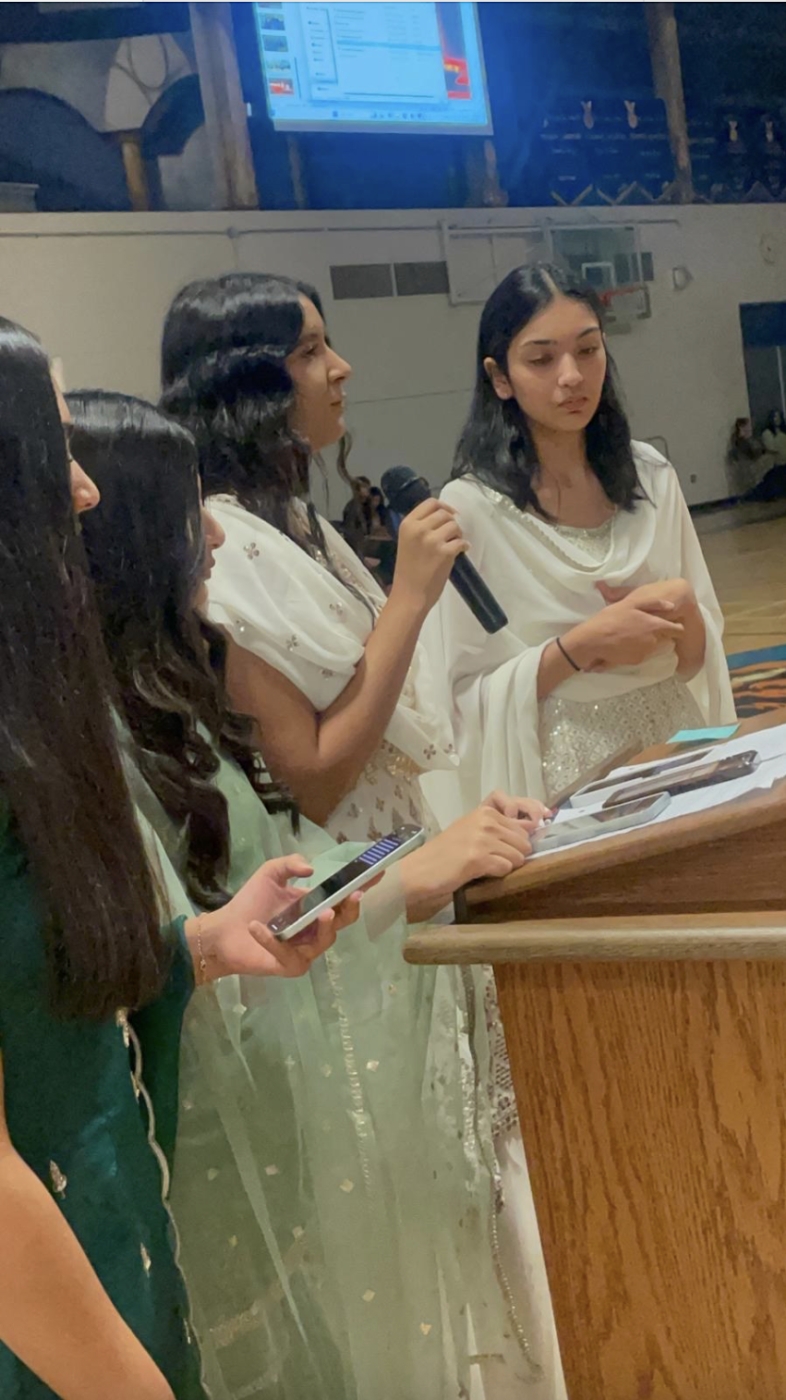
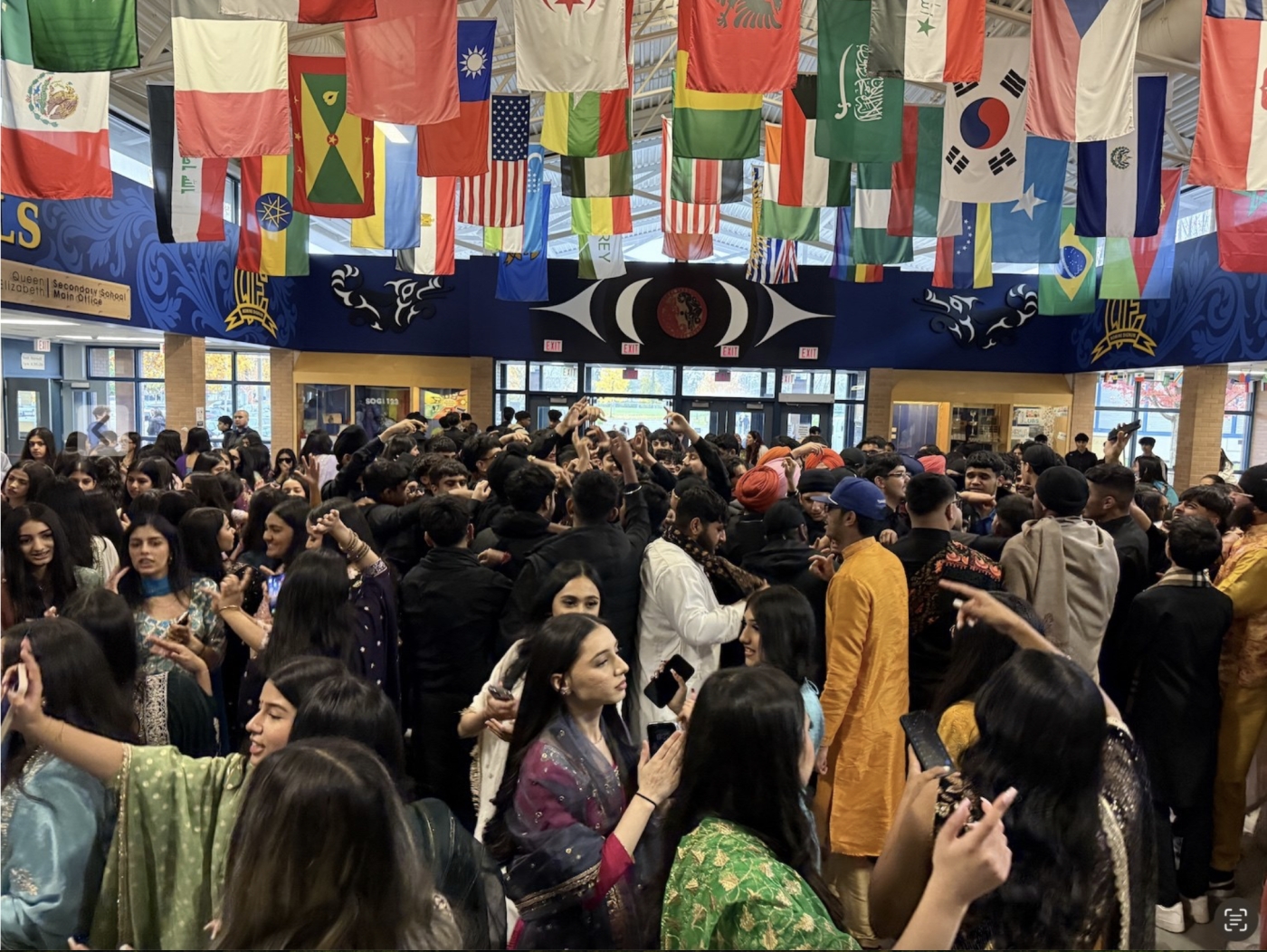
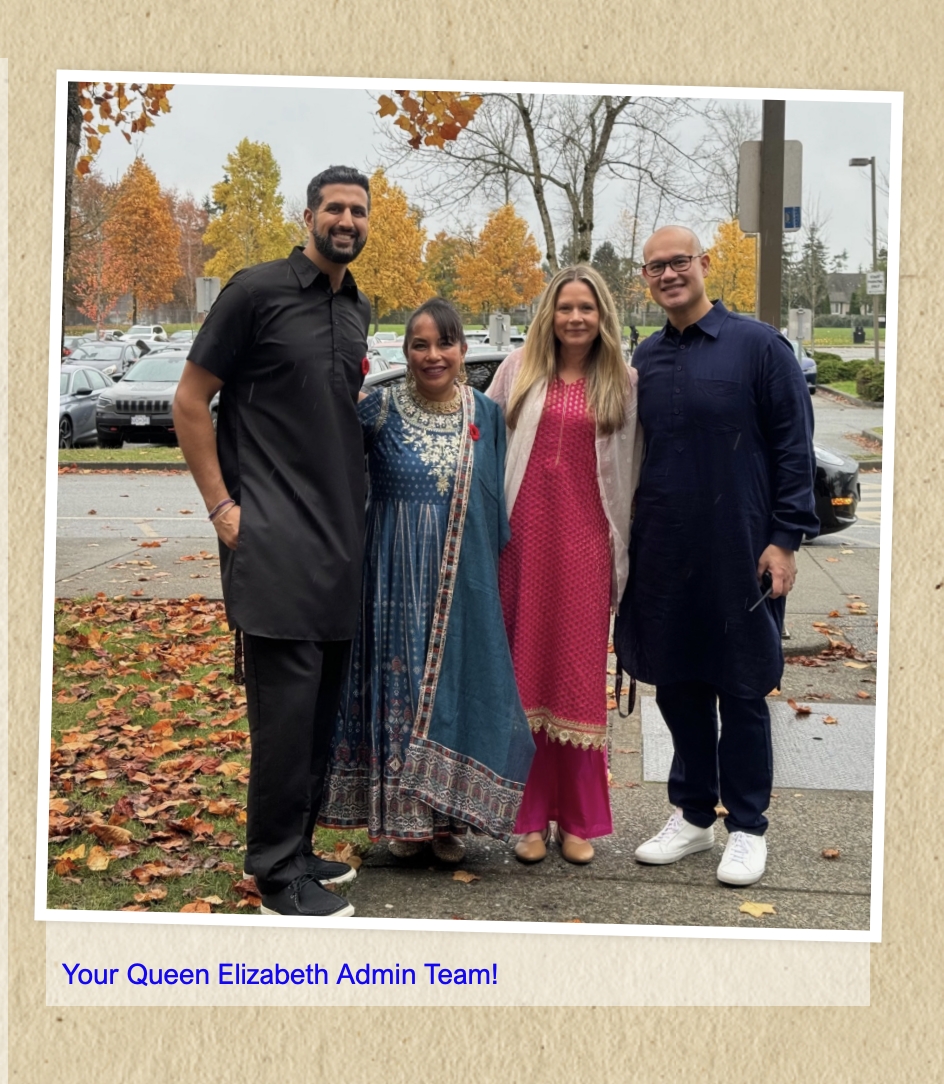
Fine Arts Week
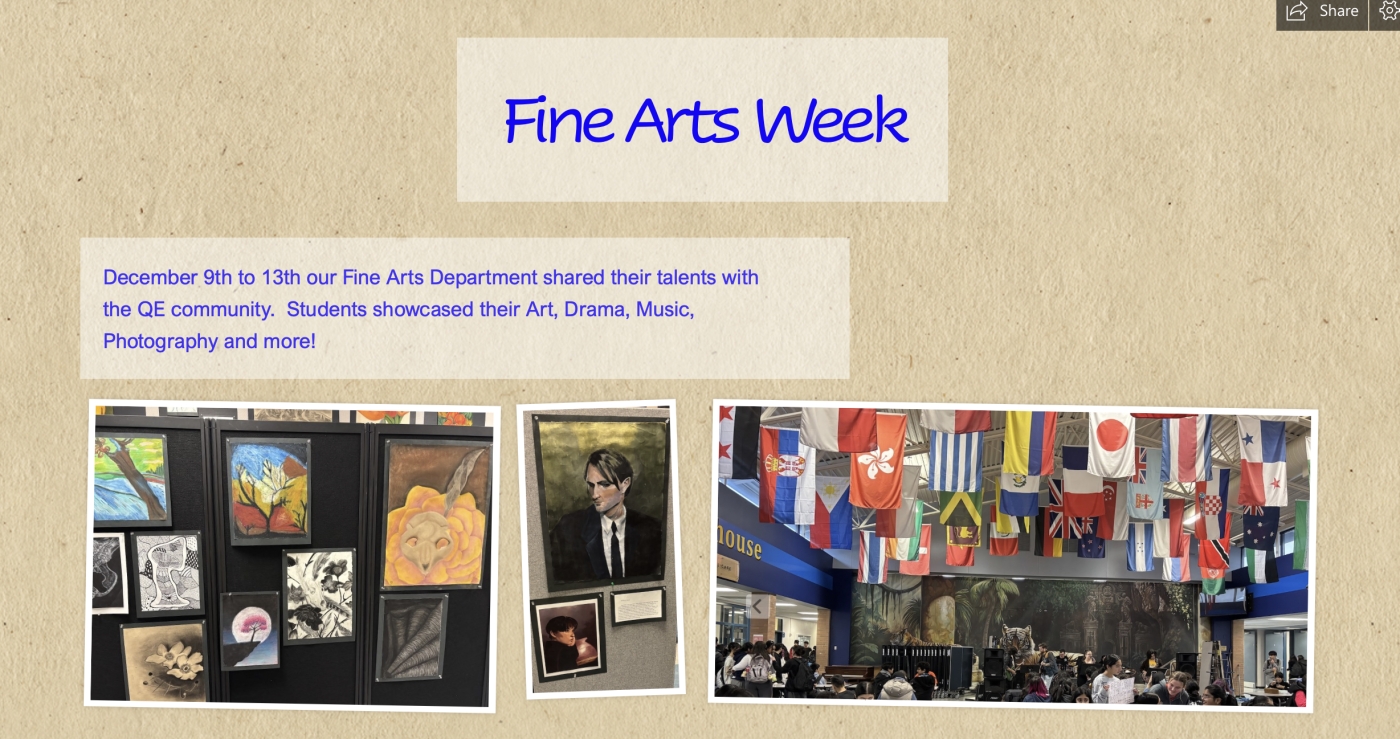
Pancake Breakfast
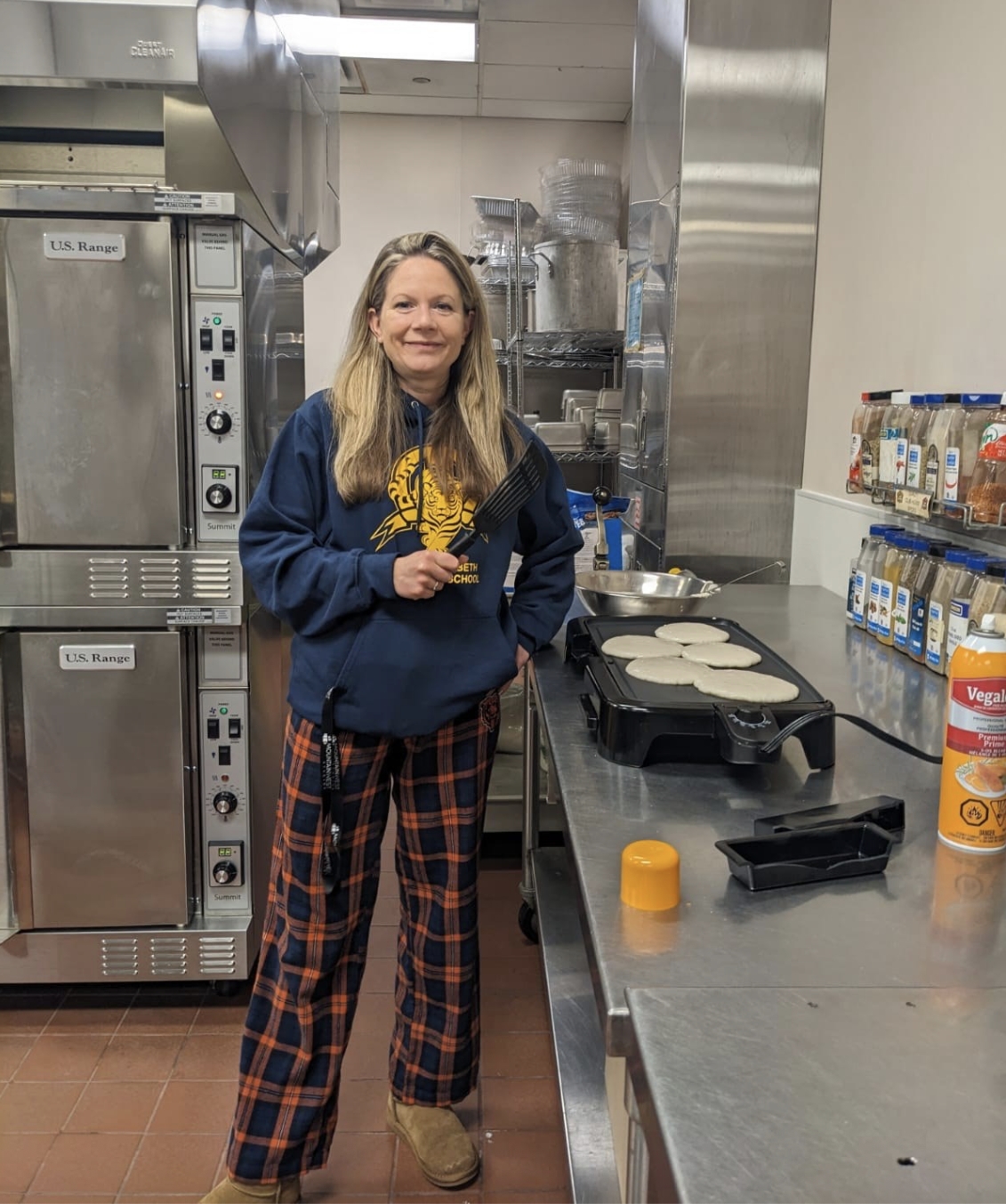

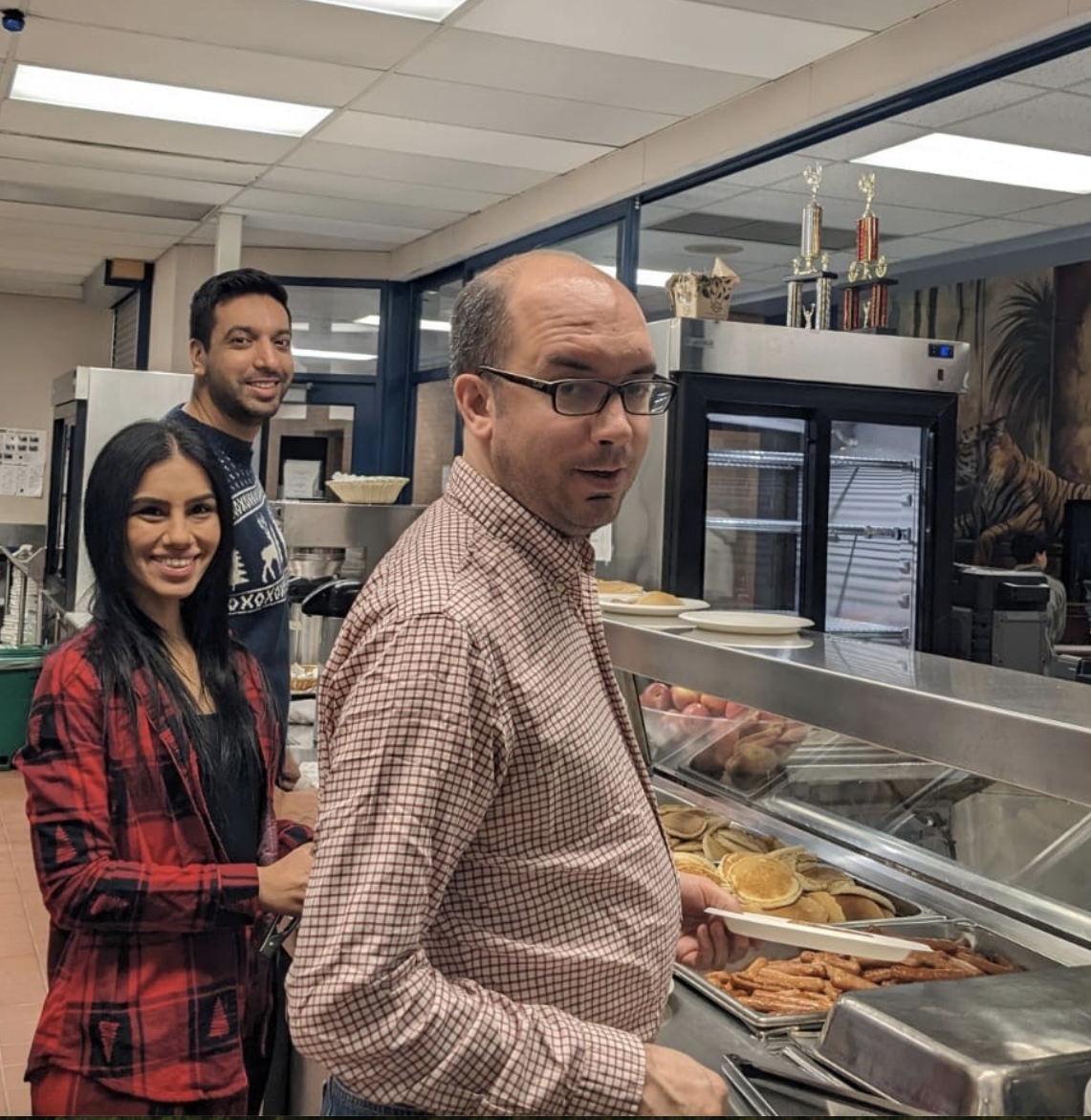
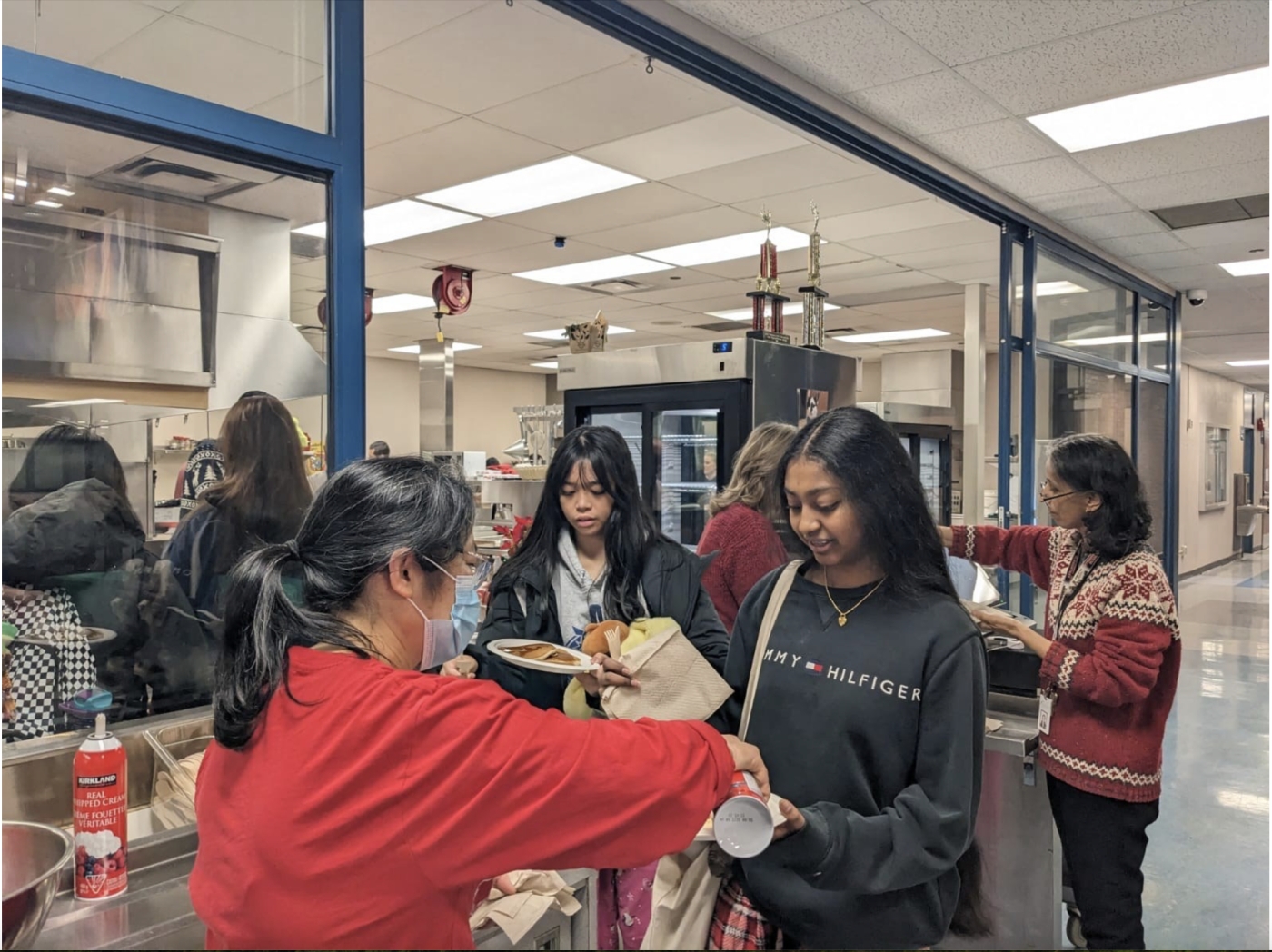
Winter Celebrations
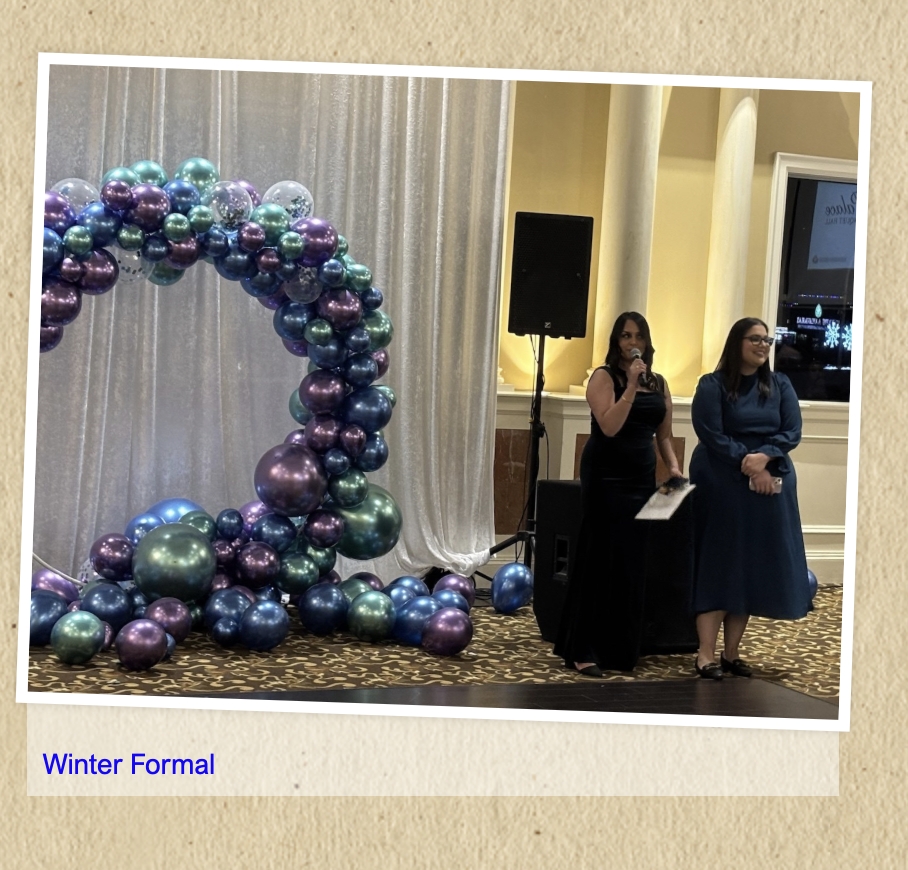
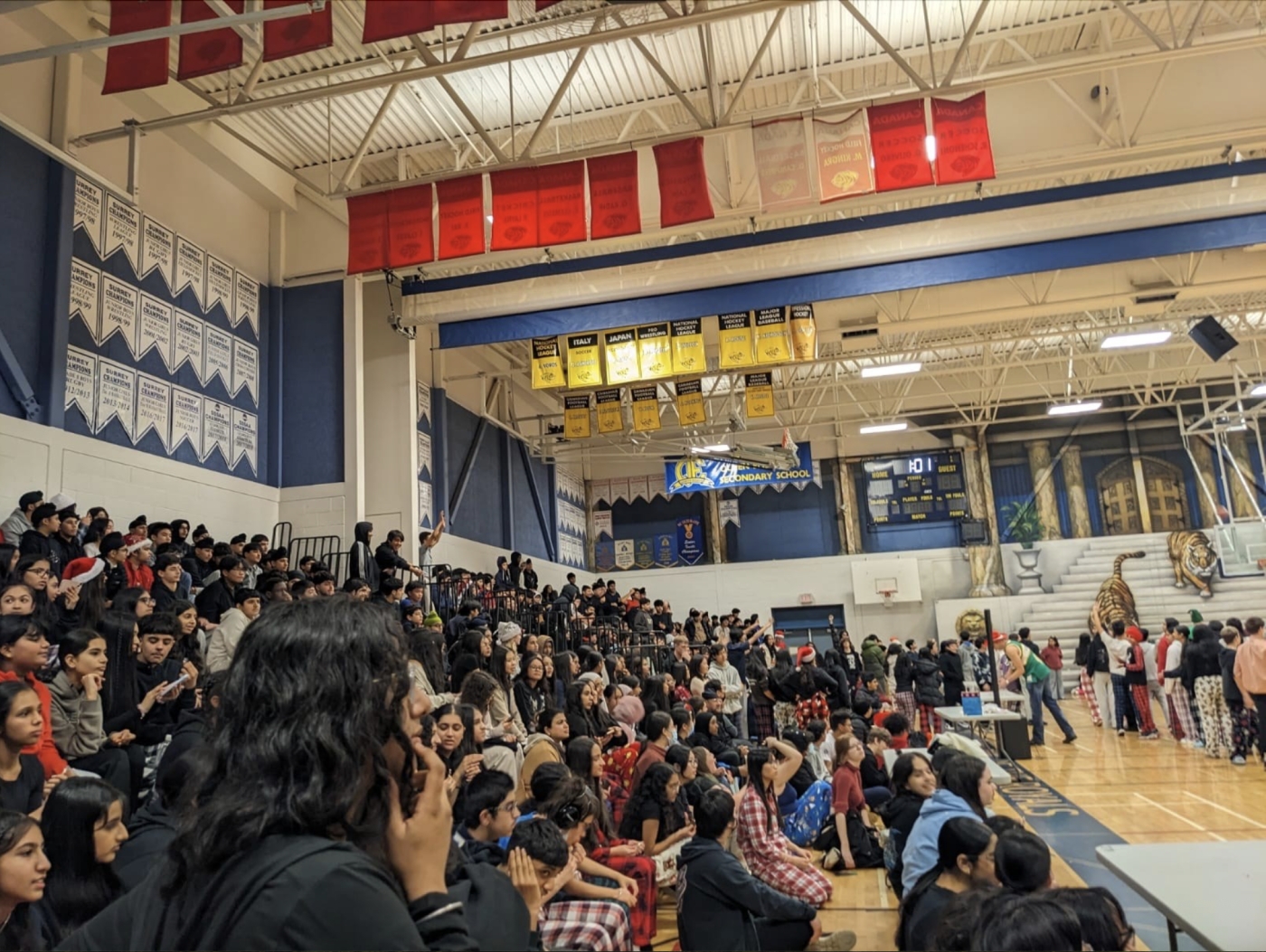
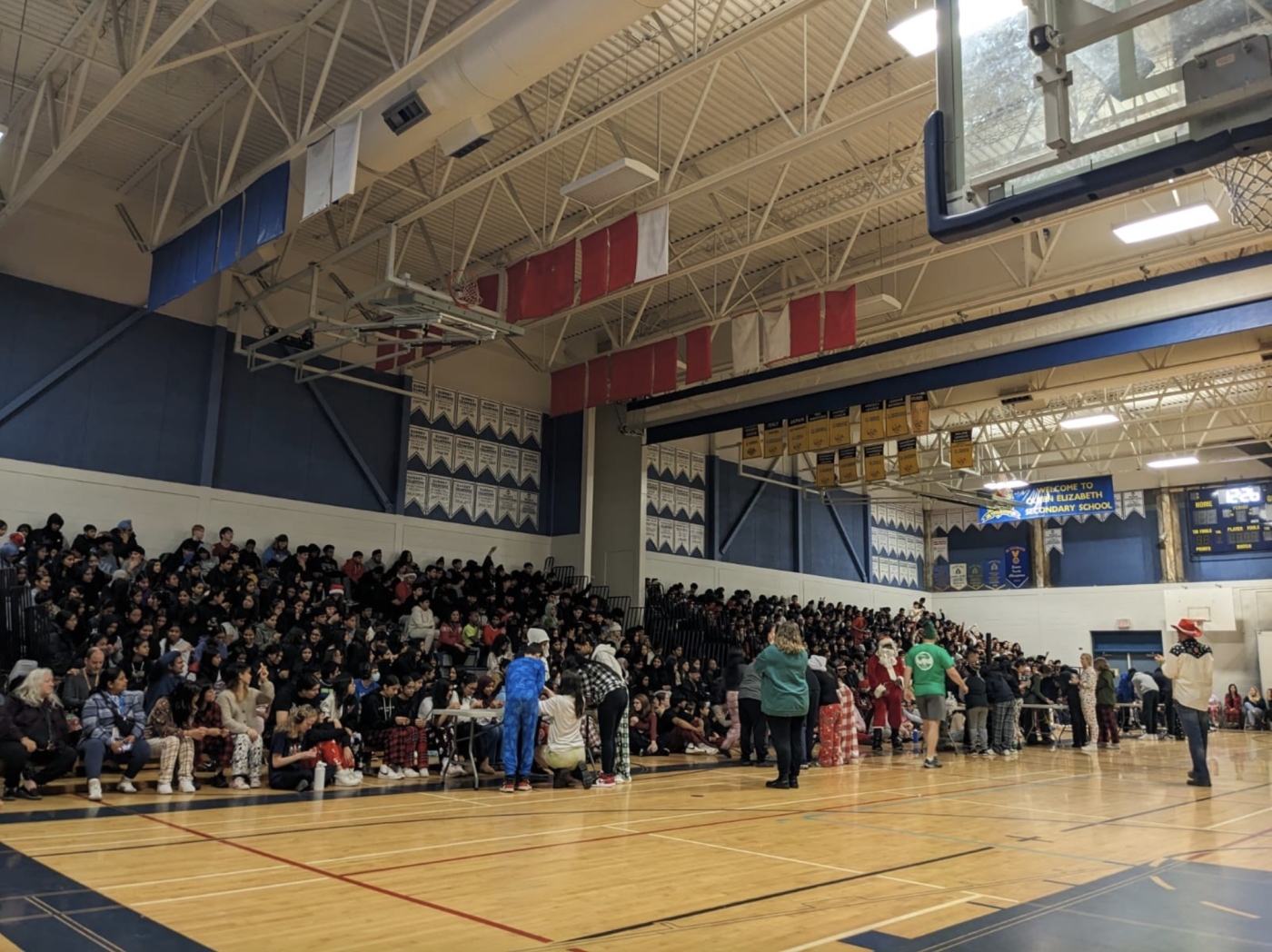
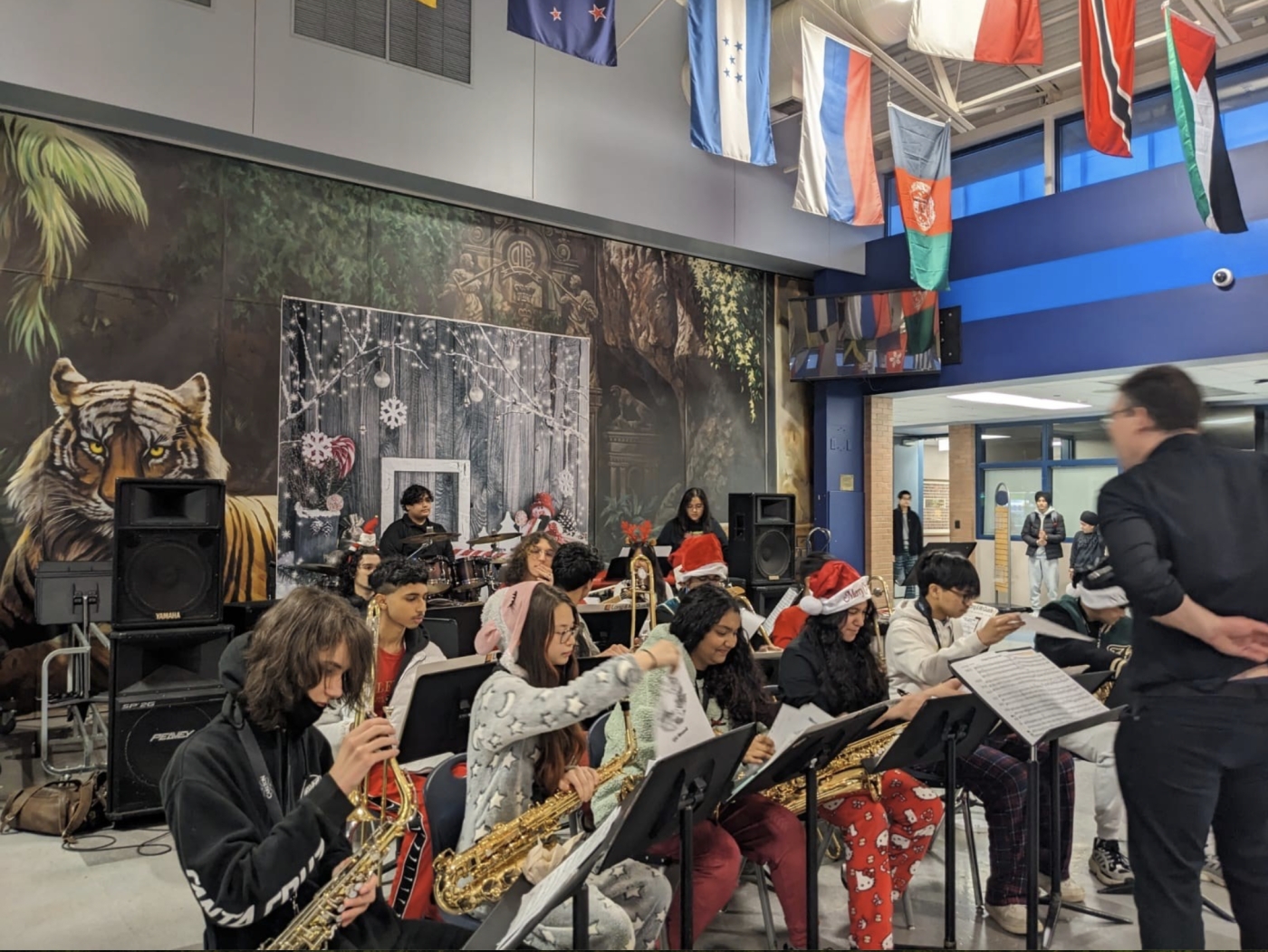
Club Fair
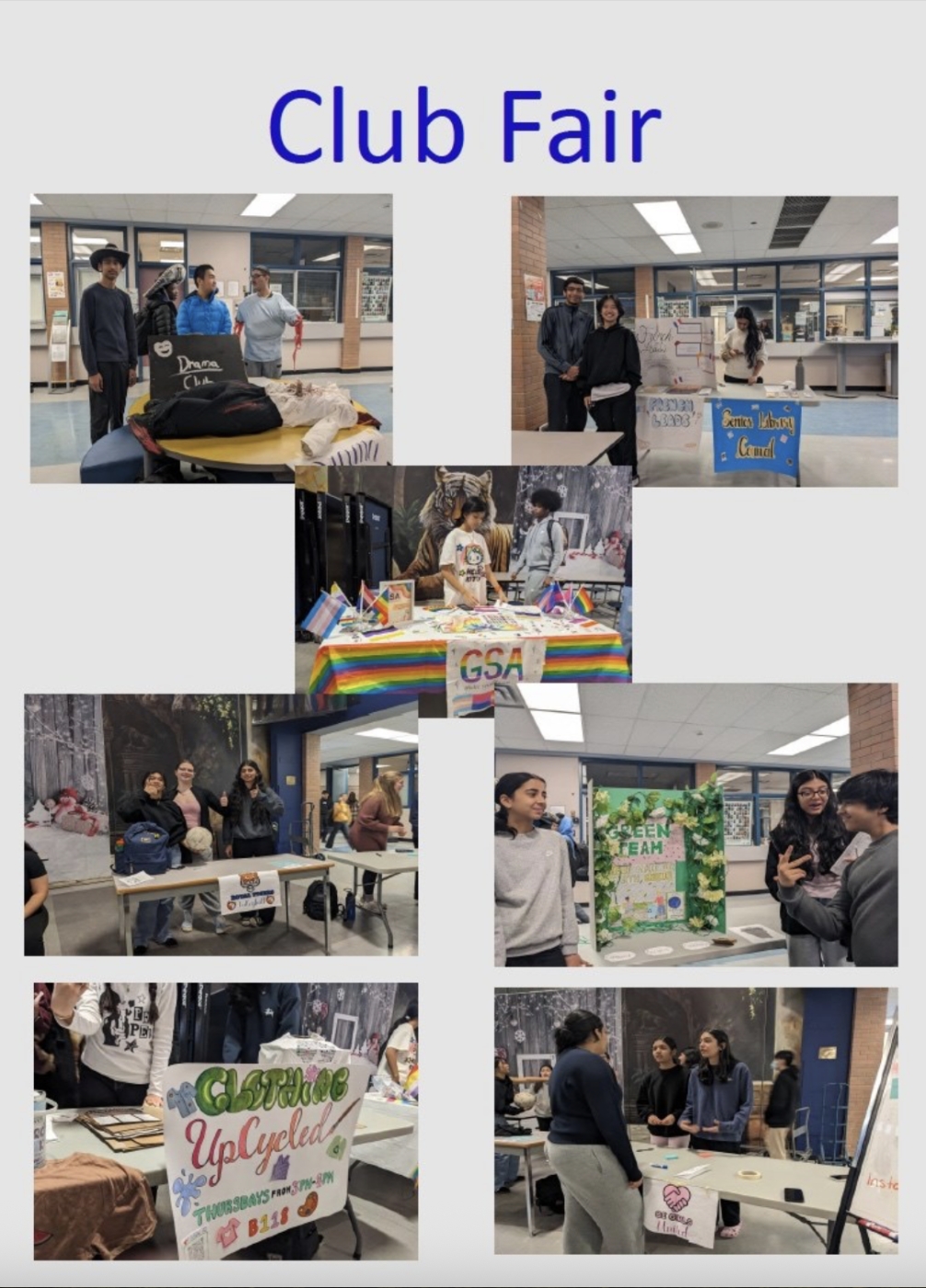
Black History Month
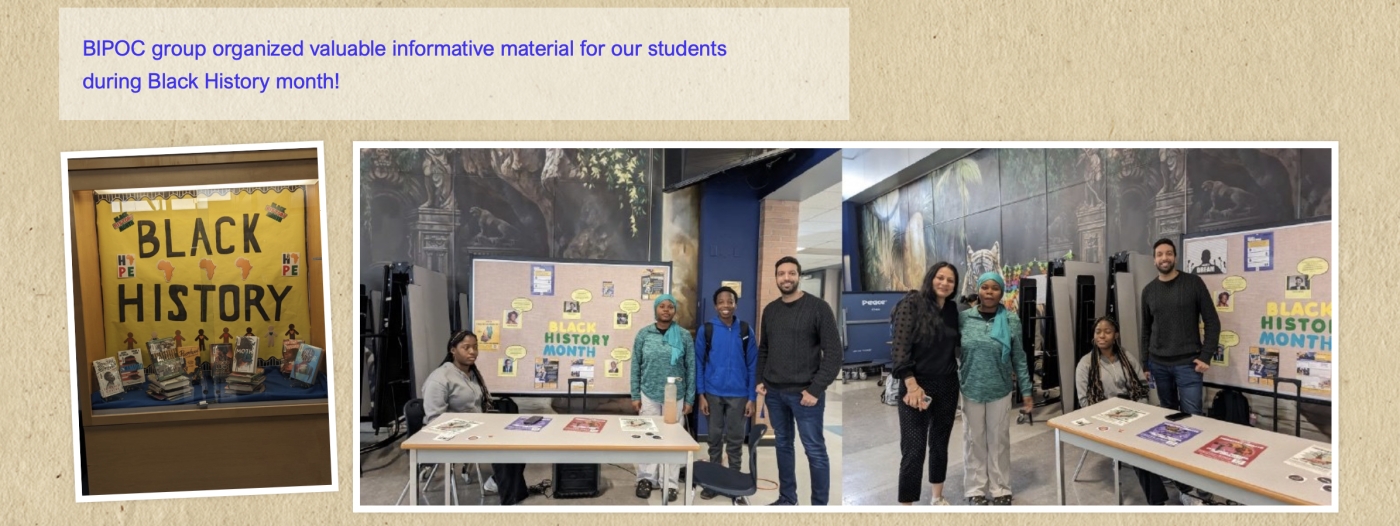 Pink Shirt Day
Pink Shirt Day
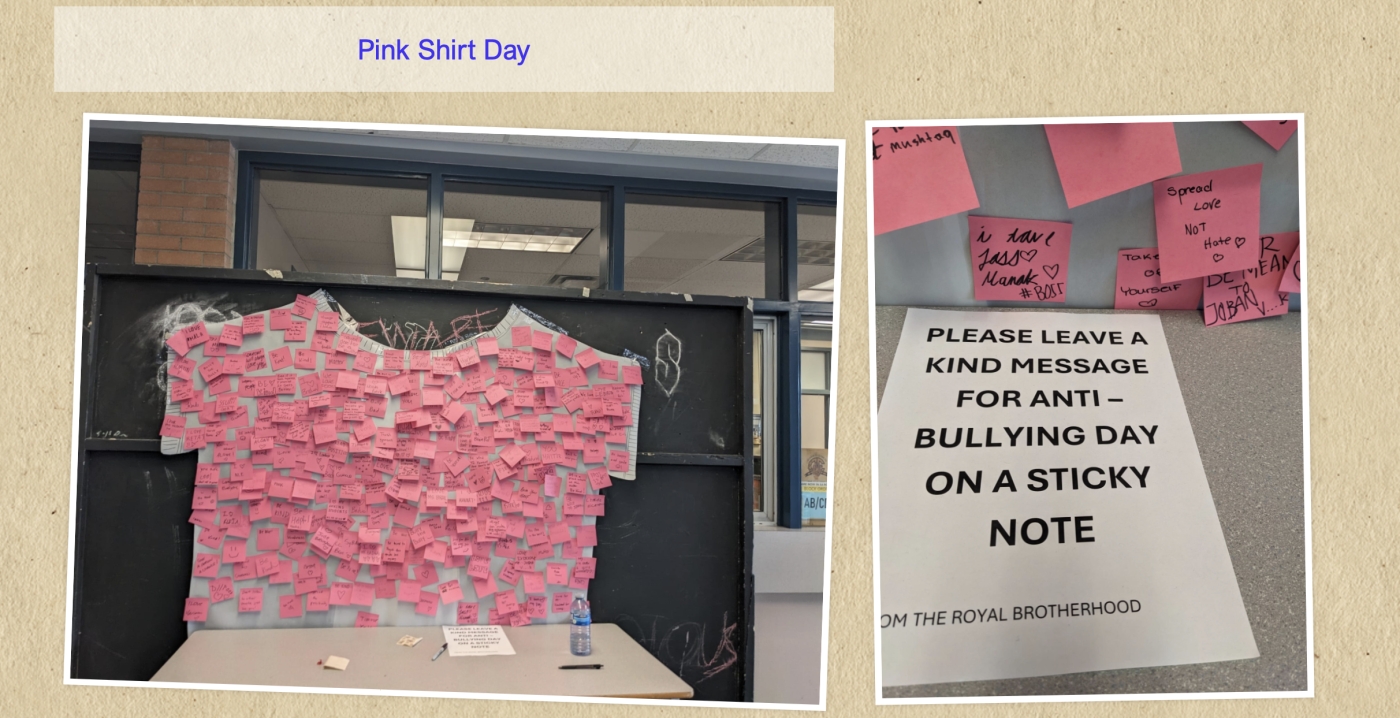
International Women's Day
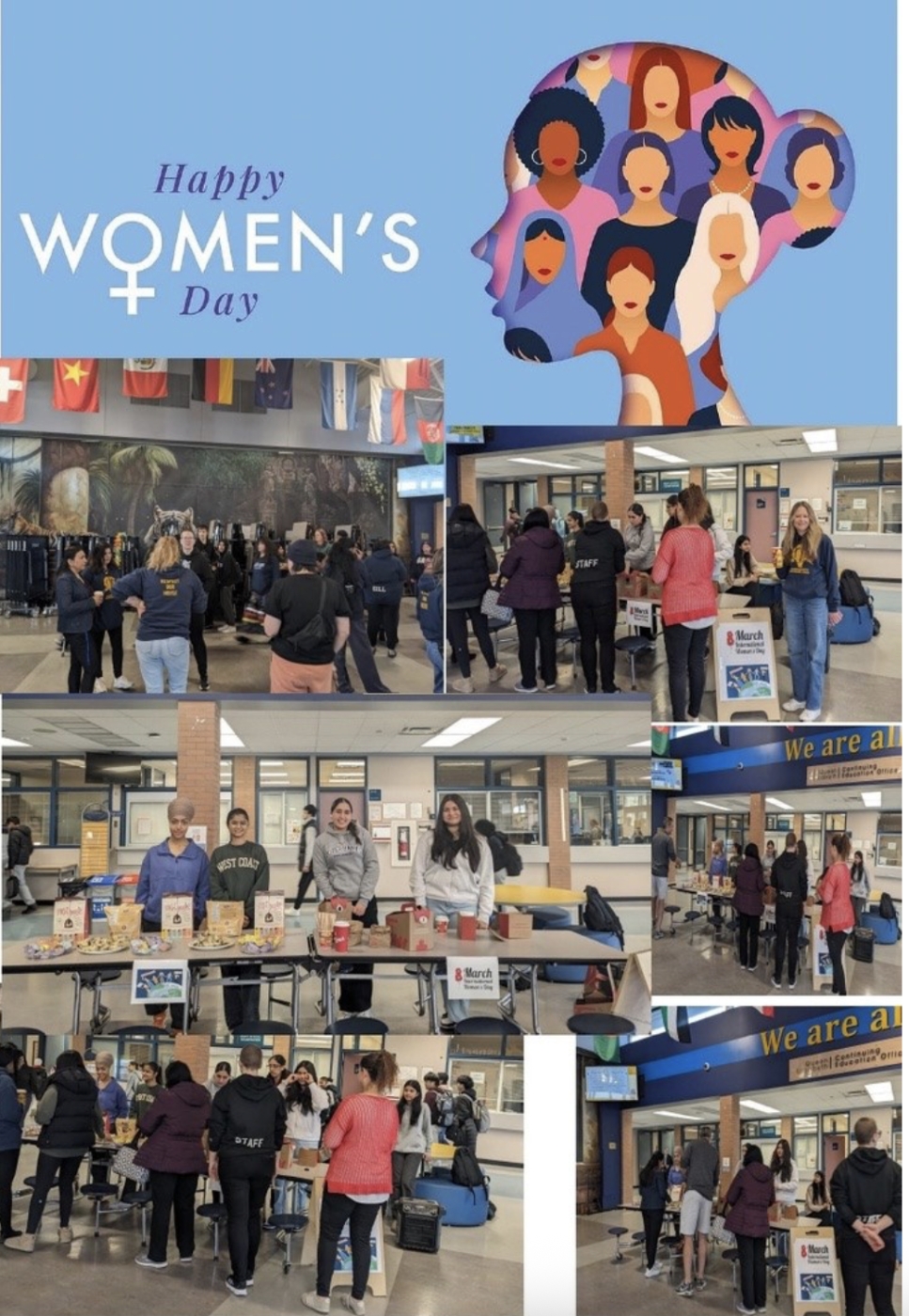
Indigenous Day of Brilliance
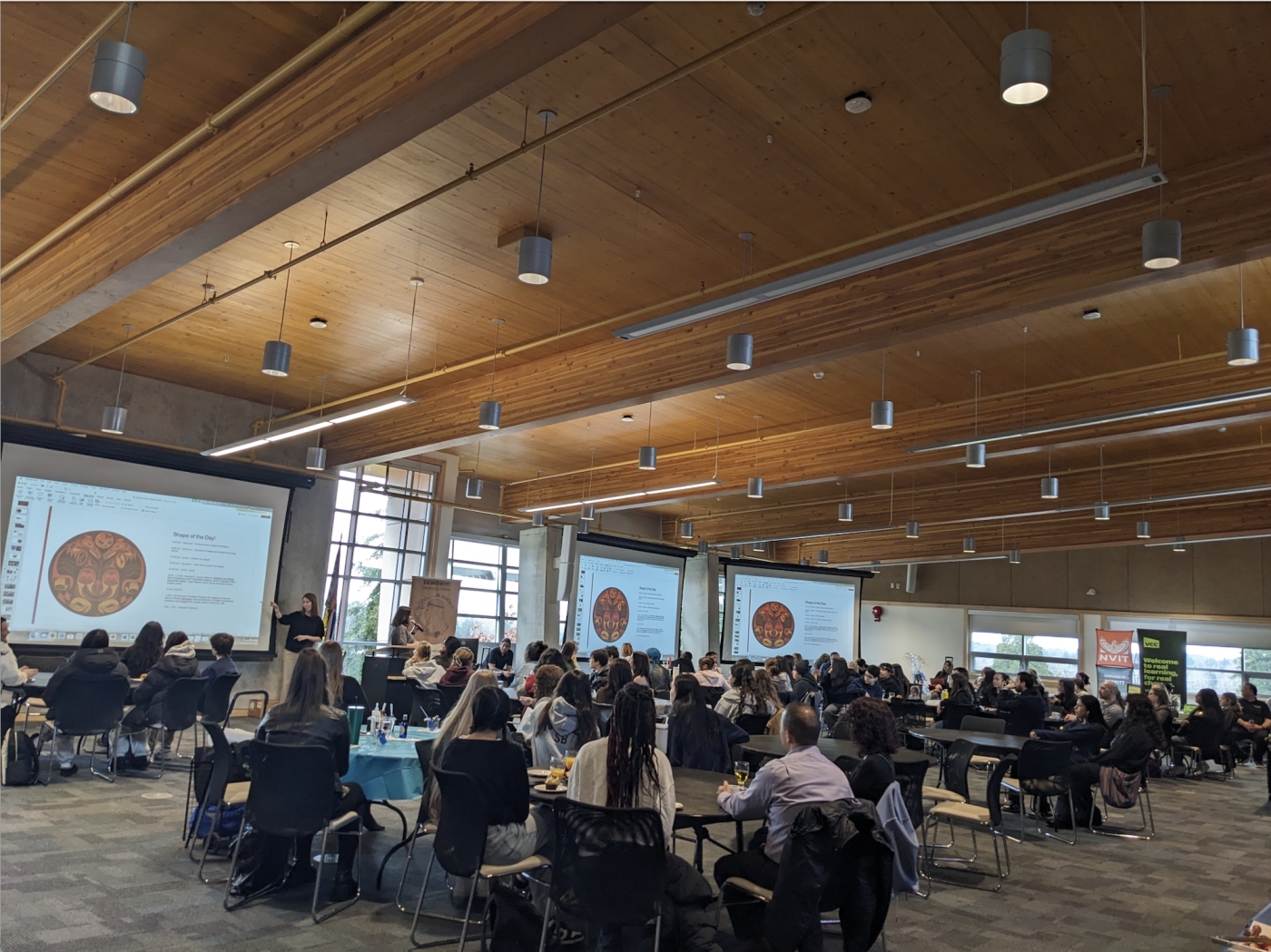
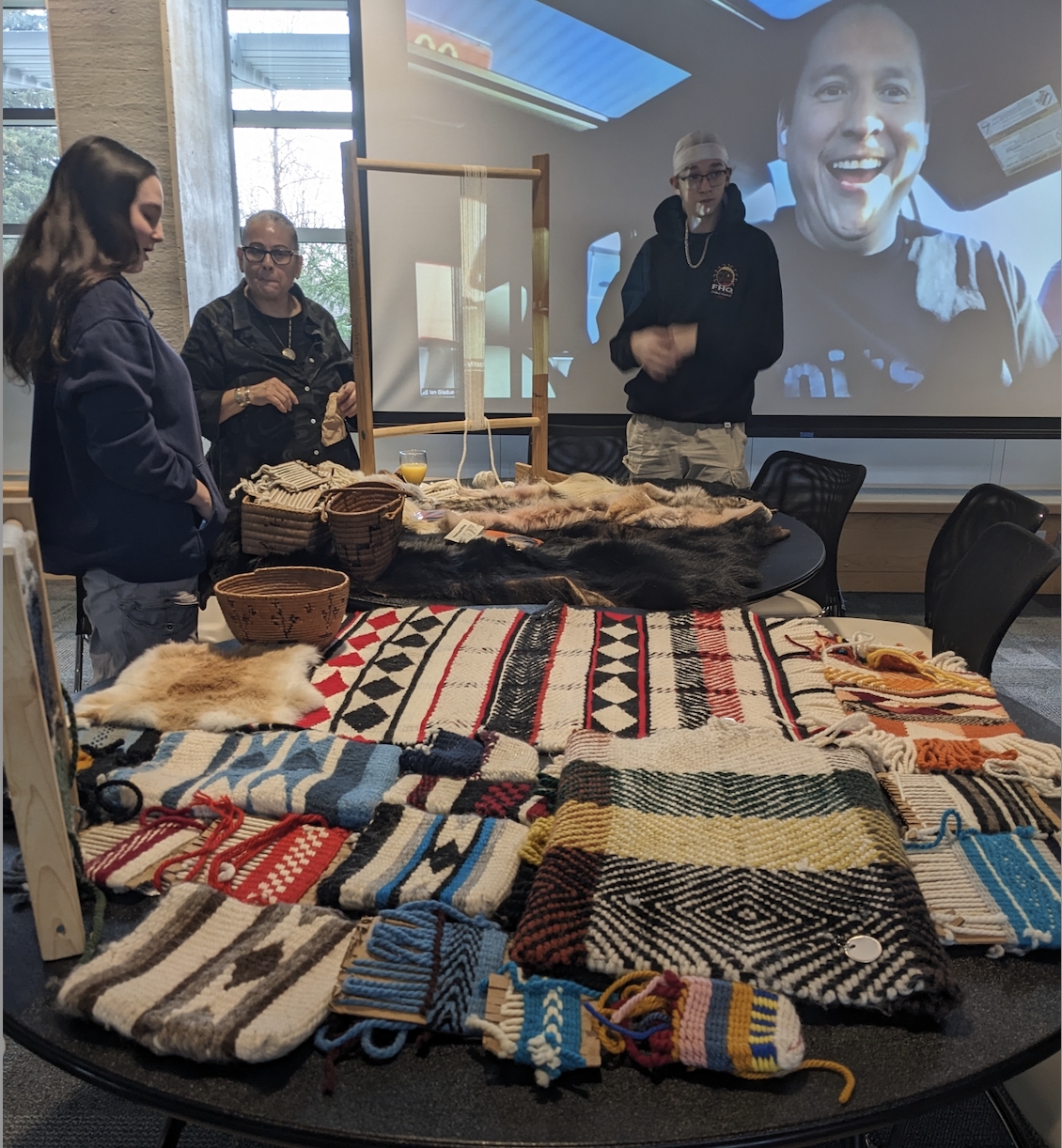
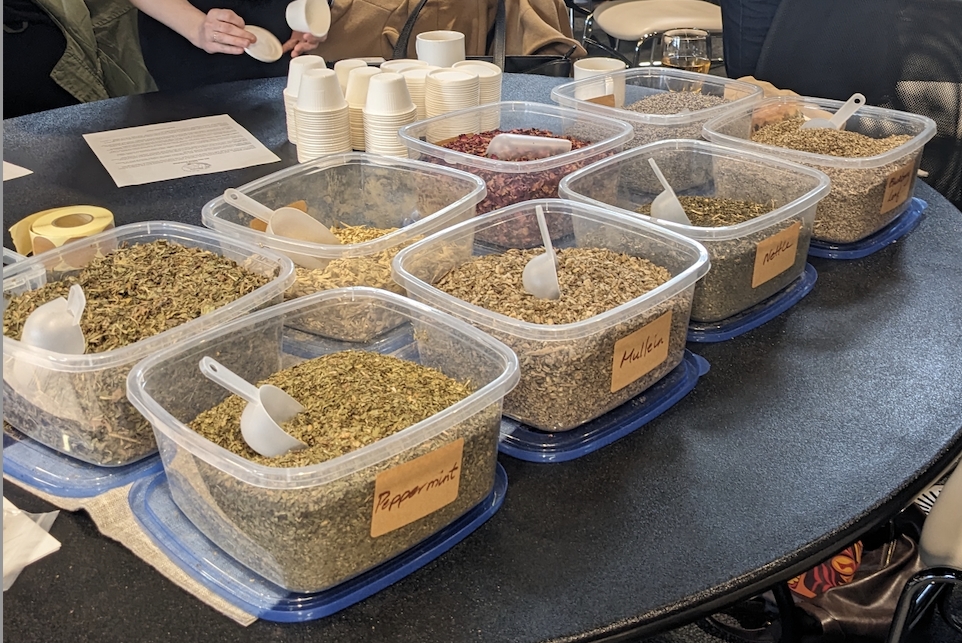
Career Fair
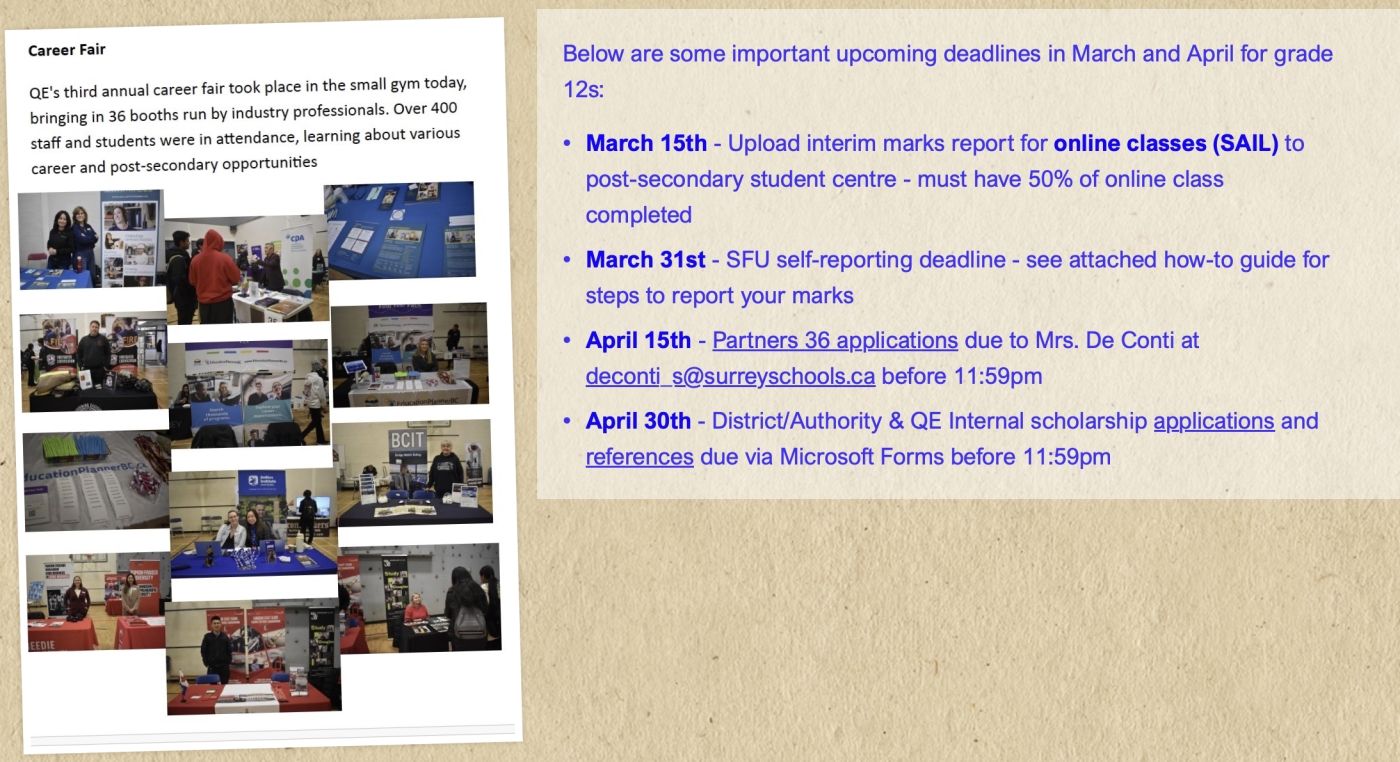
Science Week
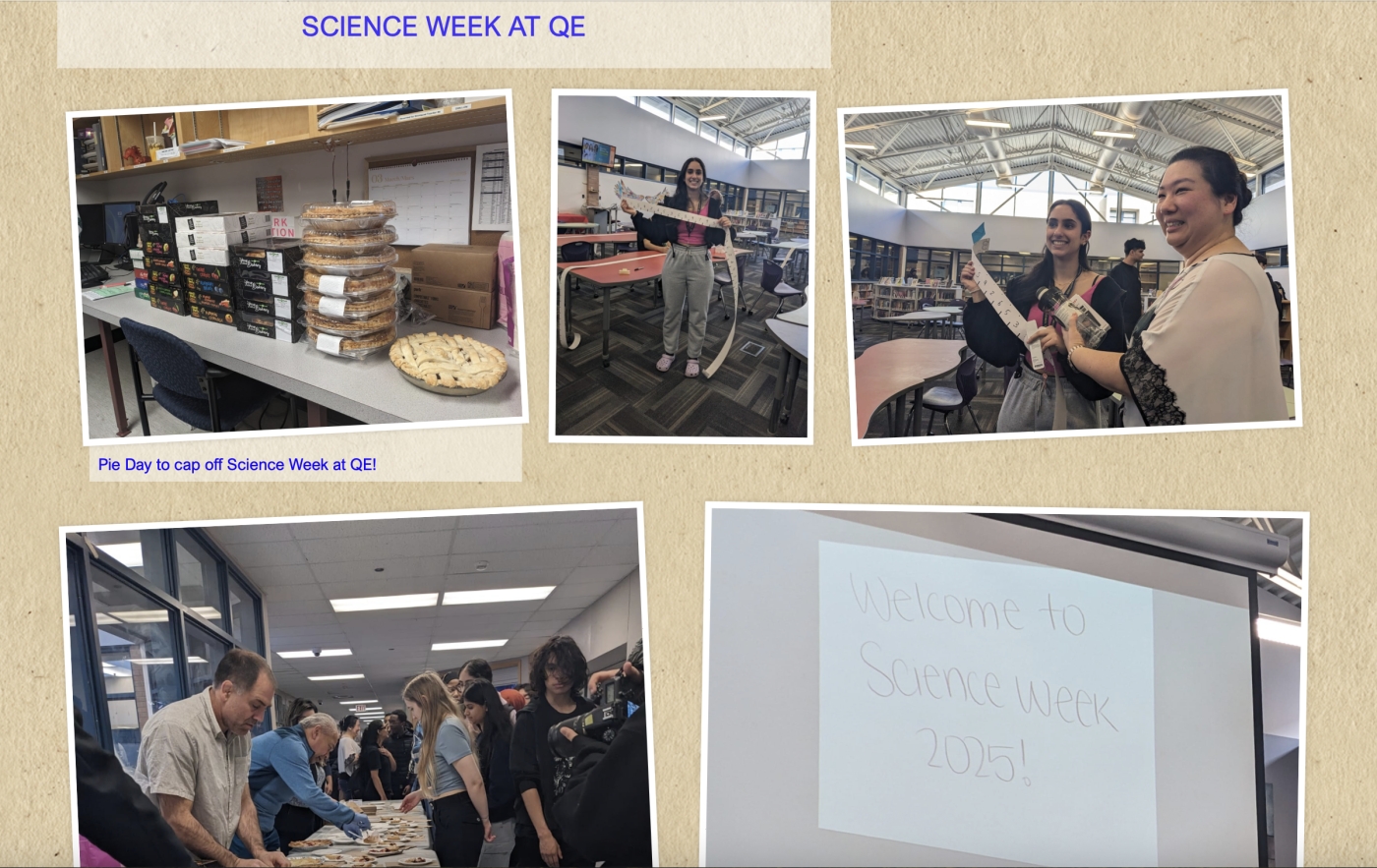
Indigenous Family BBQ
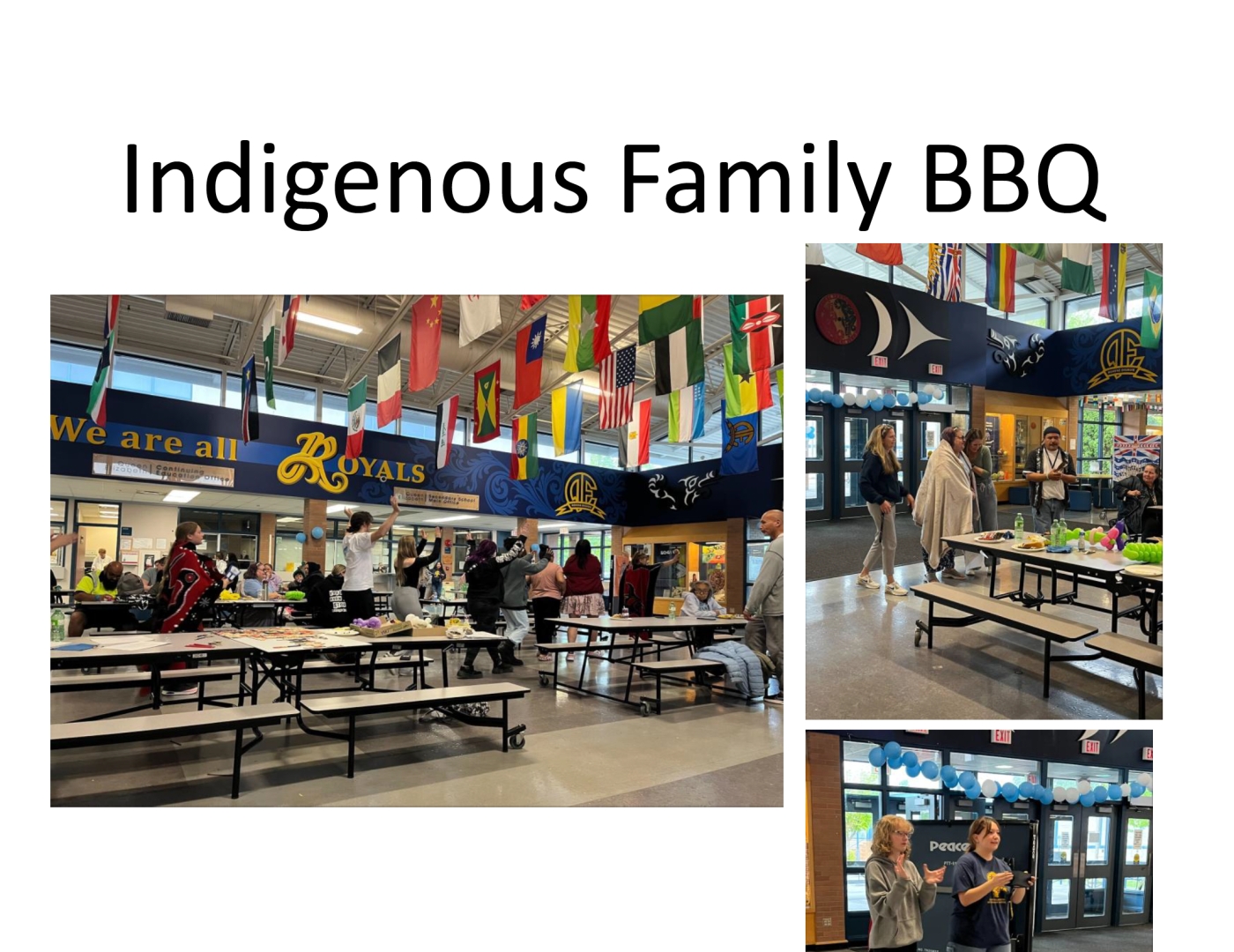
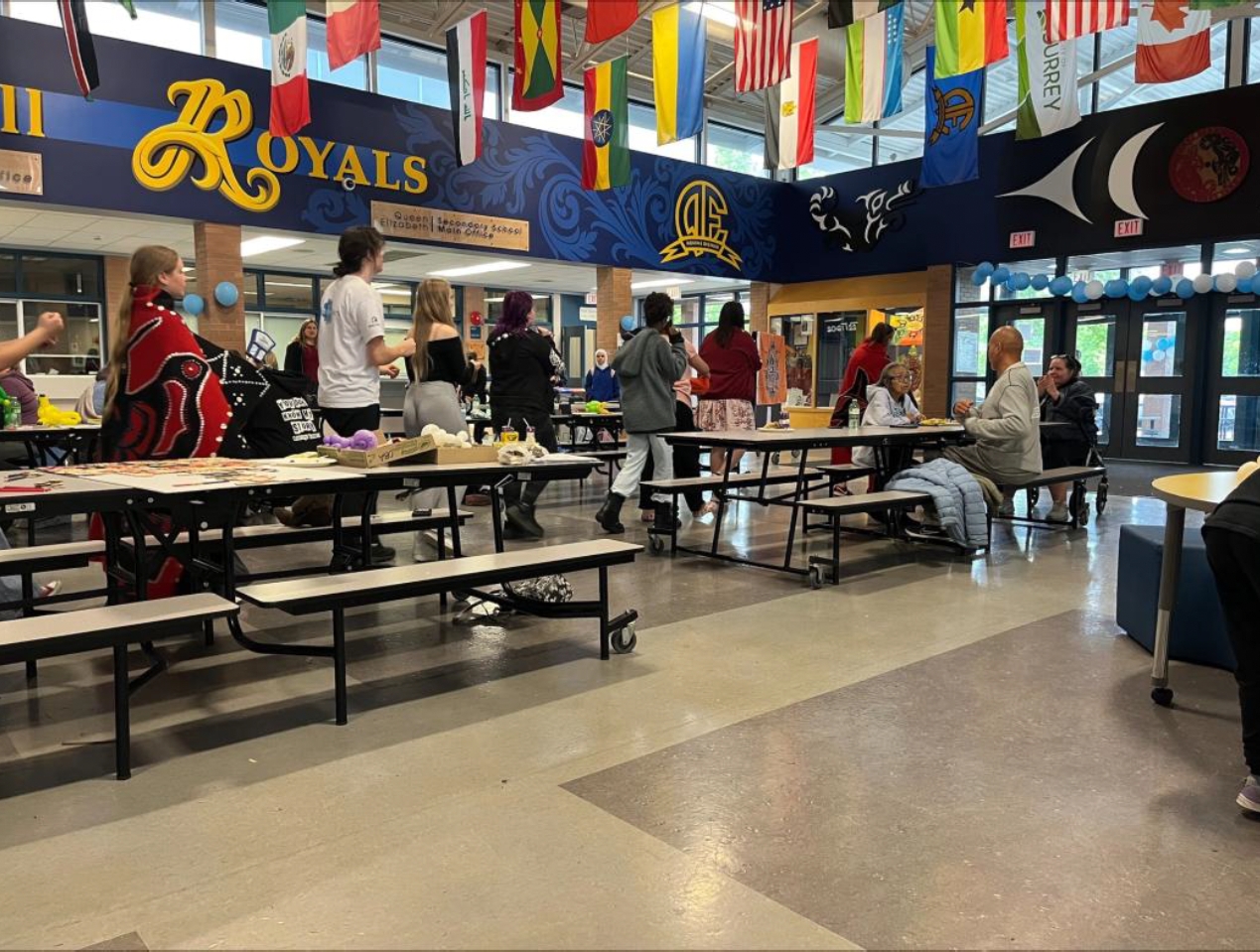
Graduation 2025
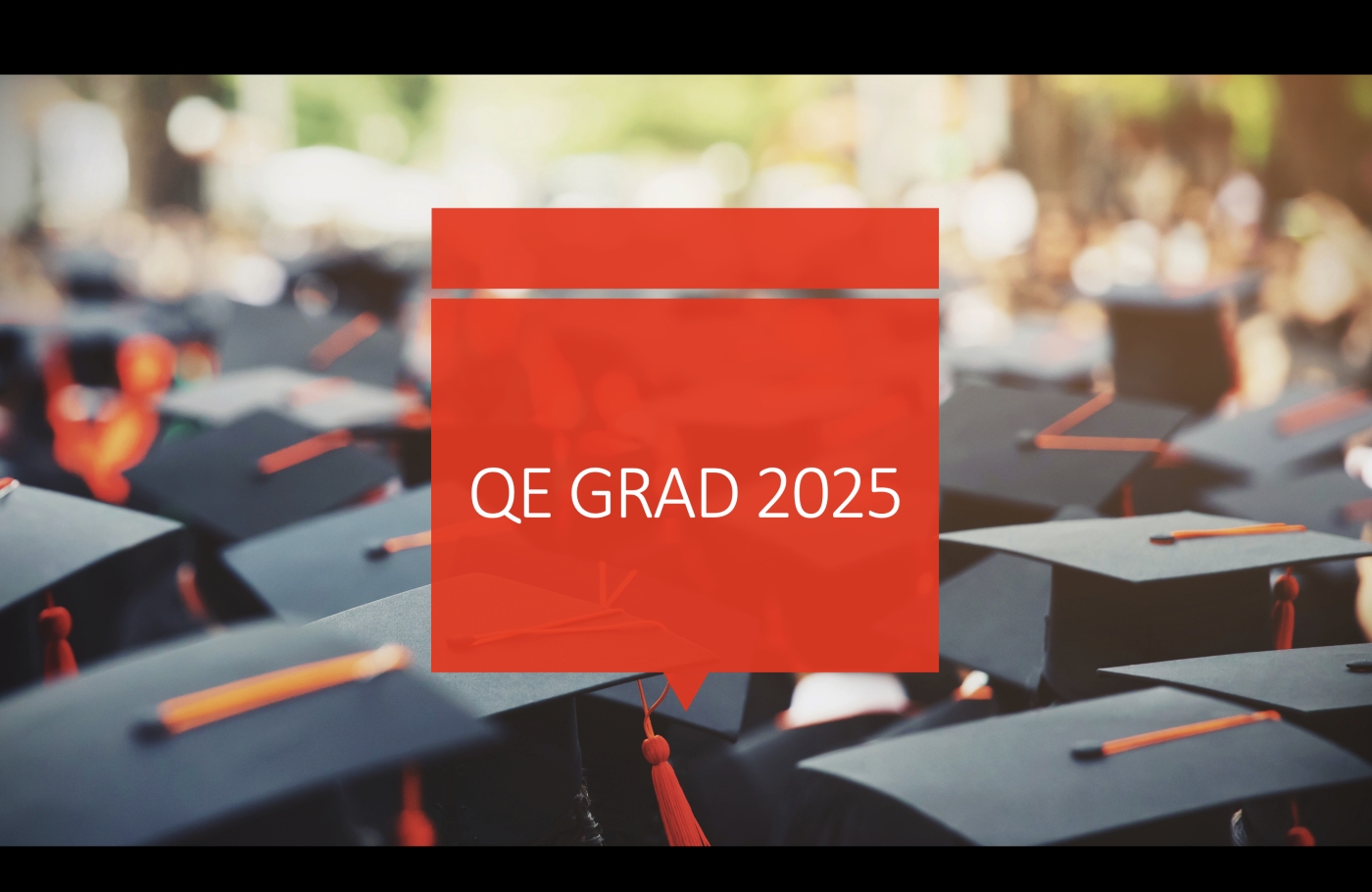
Scholarships
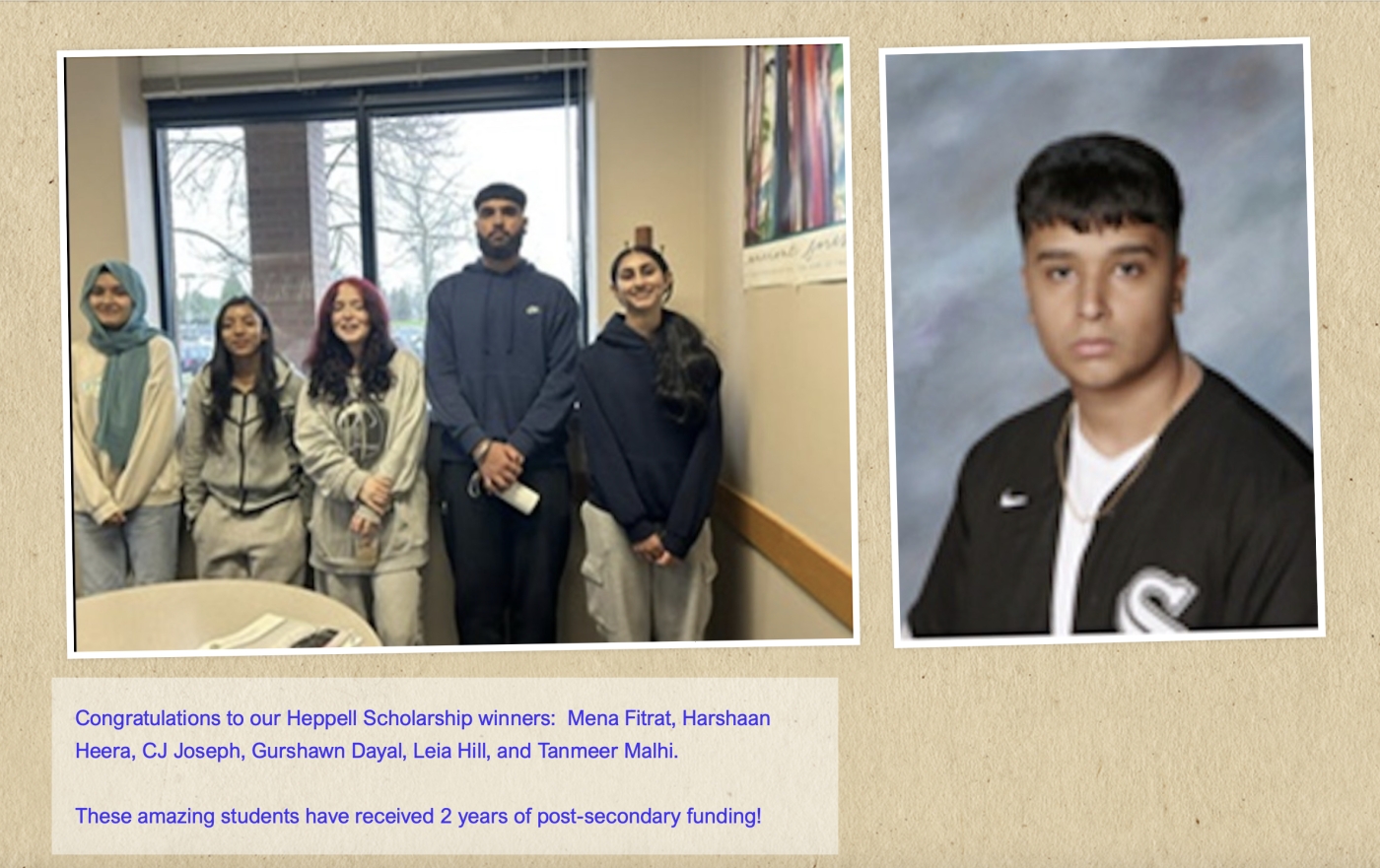
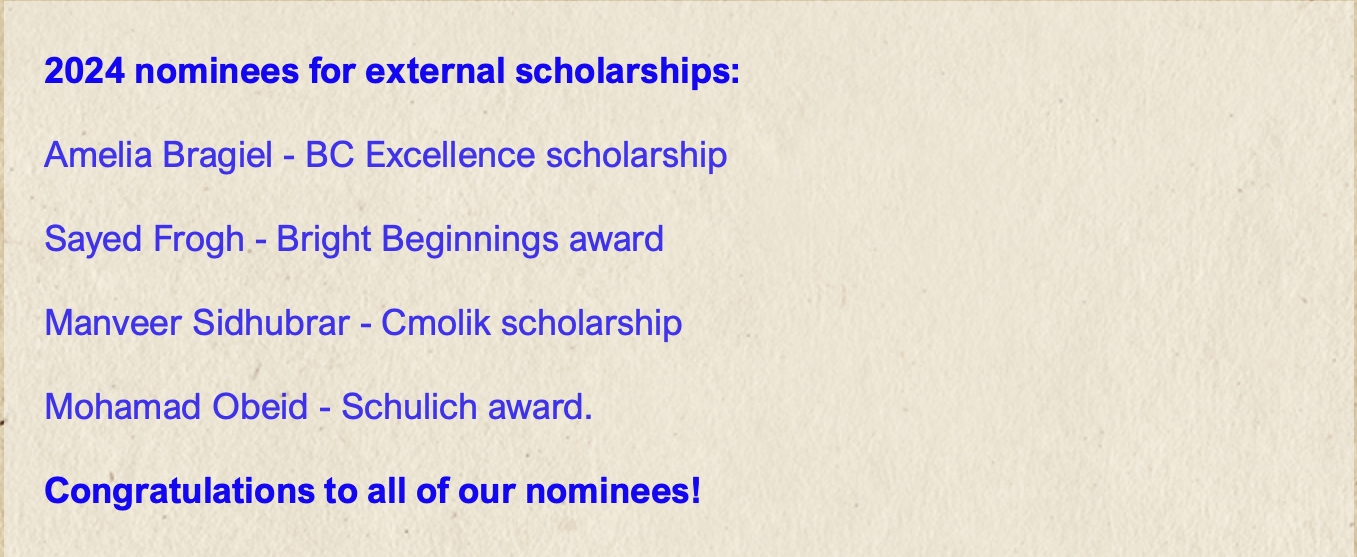
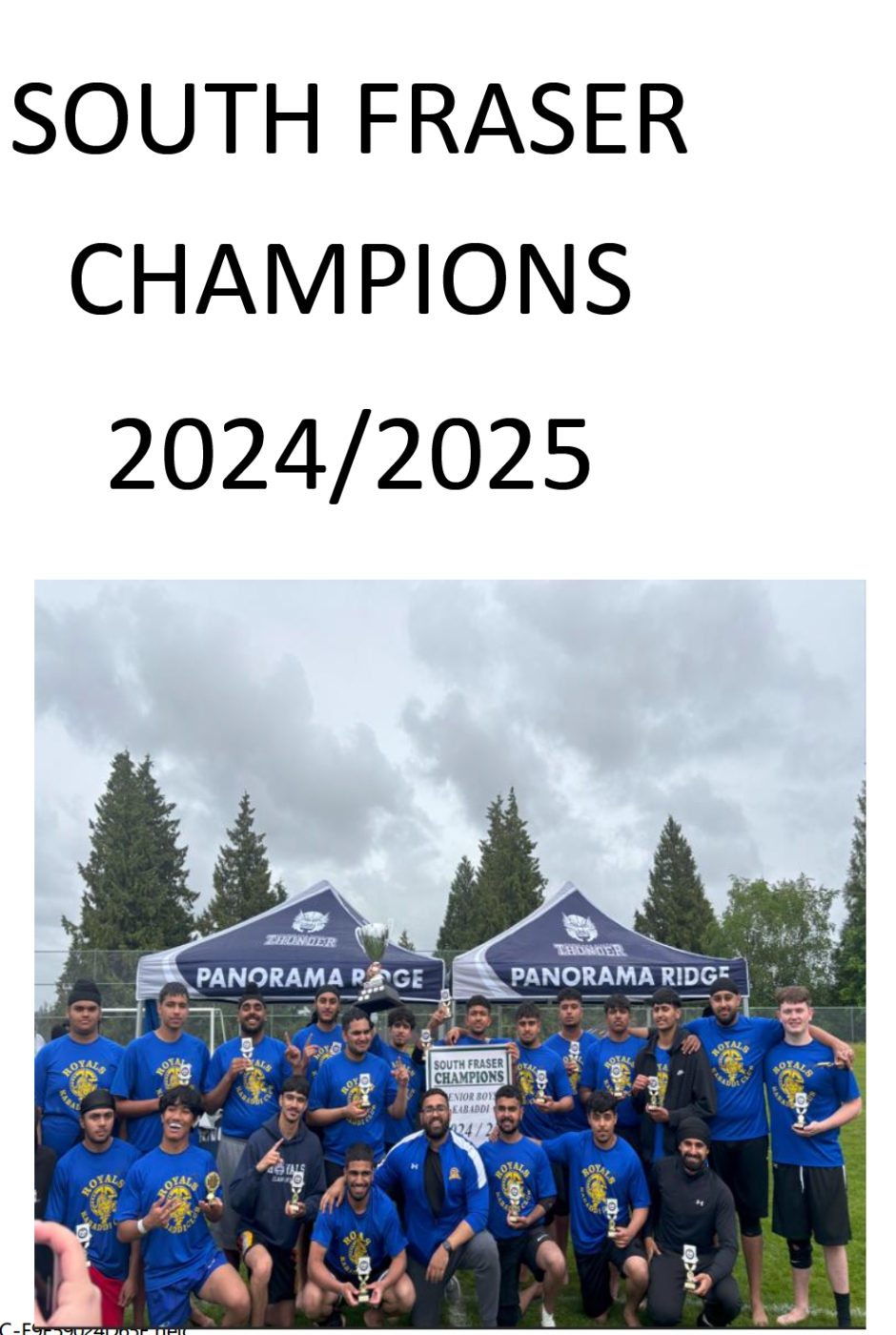
OUR LEARNERS
Through thoughtful engagement and reflection, we have gained a deeper understanding of the diverse needs, aspirations, and values of our learners. By collaborating across various subject areas, including English, Fine Arts, French, Science, Social Studies, Math, and Counselling, we have discovered that our students thrive in an environment where they feel valued, connected, and supported. Their unique learning needs call for personalized approaches that foster their academic, social, and emotional growth.
Our learners emphasize the importance of strong, reciprocal relationships and a sense of belonging within the school community. They value high expectations that challenge them to reach their full potential, paired with a focus on well-being that acknowledges the significance of their mental, emotional, and physical health. This feedback underscores the vital role that a supportive and inclusive environment plays in helping students flourish.
Building on this foundation, we remain committed to fostering well-being, connectedness, and a strong sense of place within our school. By creating meaningful connections, embracing diverse learning needs, and maintaining high expectations, we aim to cultivate a space where students feel inspired and motivated. Our collective vision is to provide an environment where every learner is empowered to achieve, contribute, and thrive.
At Queen Elizabeth Secondary School (QESS), our focus has consistently been guided by the First Peoples Principles of Learning, which emphasizes that learning is holistic, reflexive, experiential, and relational. Last year, we directed our efforts toward fostering connectedness, reciprocal relationships, and a sense of place. Through the dedicated work of our teams, we sought to help students feel more connected to their school community while cultivating cultural awareness and celebrating diversity, equity, and inclusion. Our focus also aimed to equip students with reflective capacities, empowering them to lead meaningful and engaged lives in an increasingly complex society.
Building on this foundation, our focus this year continues to prioritize creating an environment where learners feel valued and want to be. We remain dedicated to fostering connectedness, reciprocal relationships, and a sense of place across our school community. Through the collaborative efforts of Department Leaders and staff, we aim to deepen cultural awareness and celebrate diversity, equity, and inclusion. Aligned with the 9th professional teaching standard of British Columbia, we are committed to reflective practice and ongoing professional development to adapt our teaching strategies to meet the evolving needs of our students. This year, we are committed to creating an inclusive learning environment, emphasizing the importance of effective communication.
Our Students
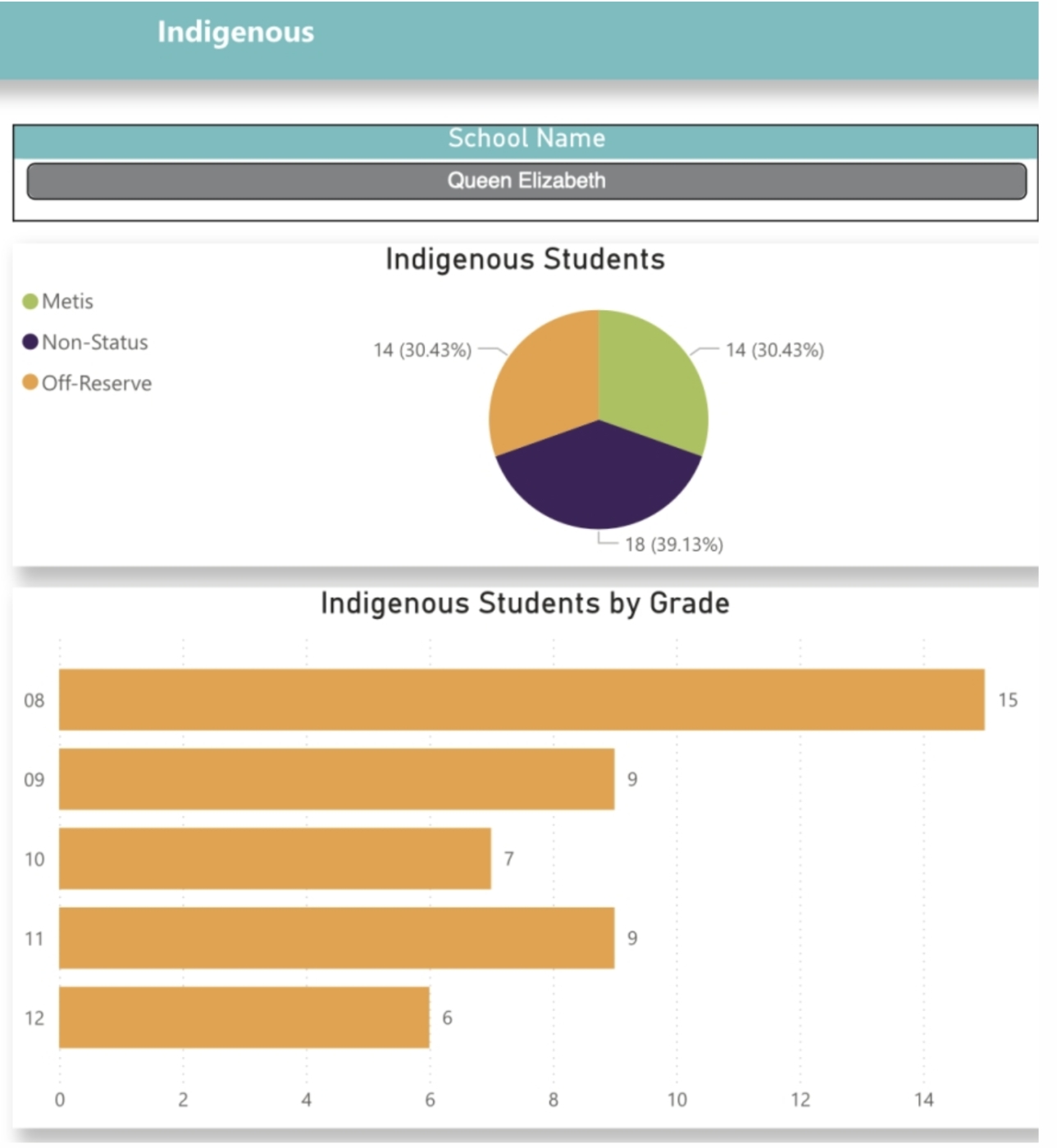
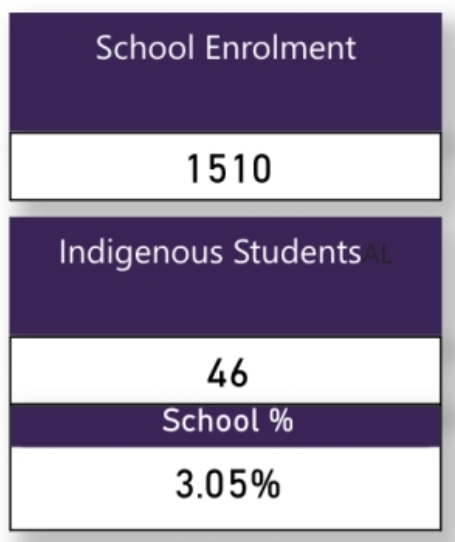
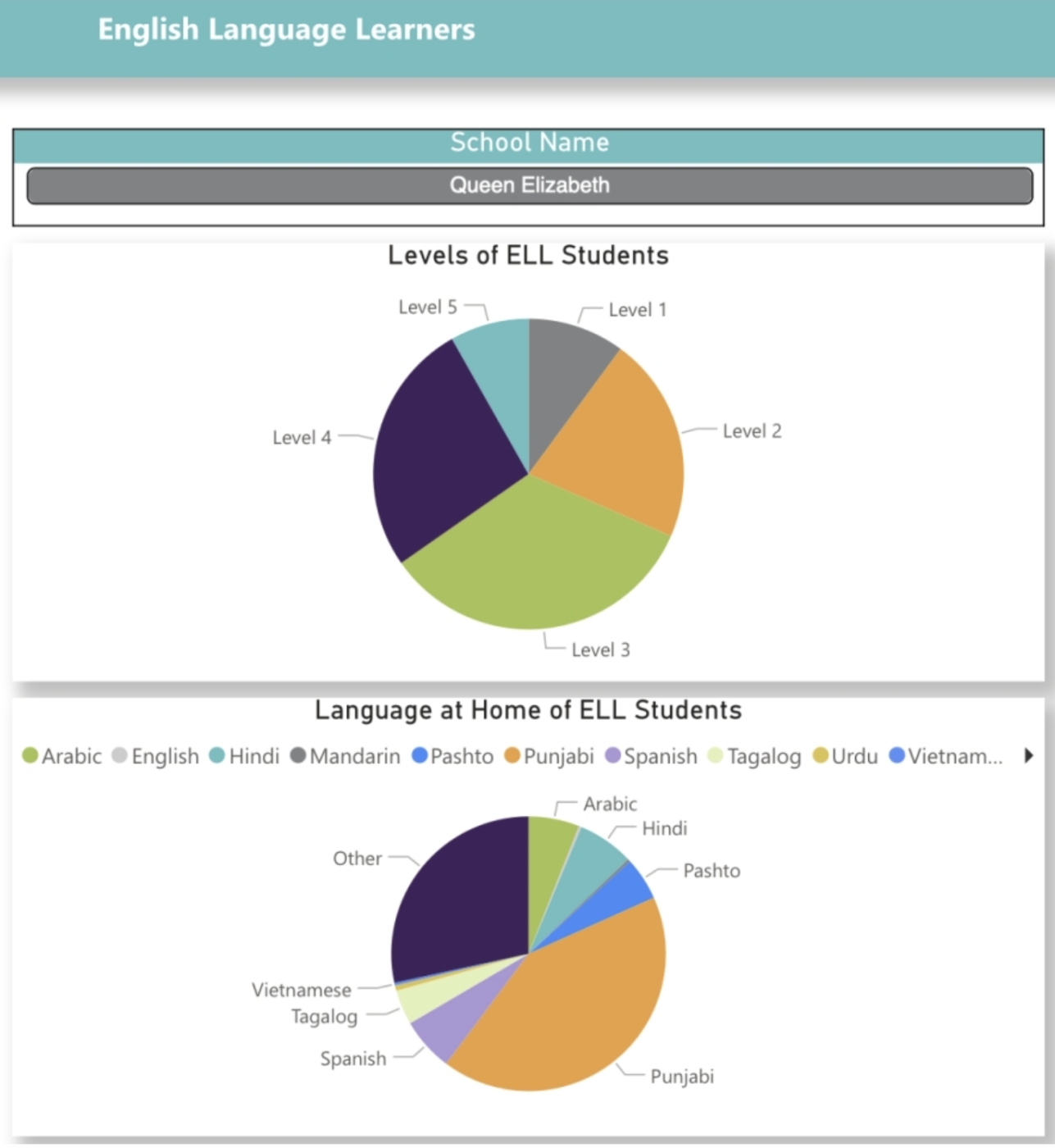
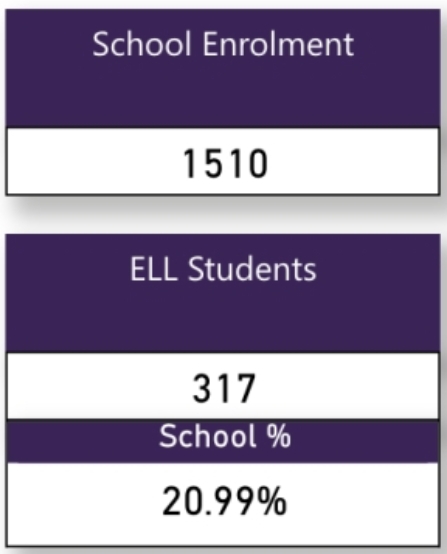
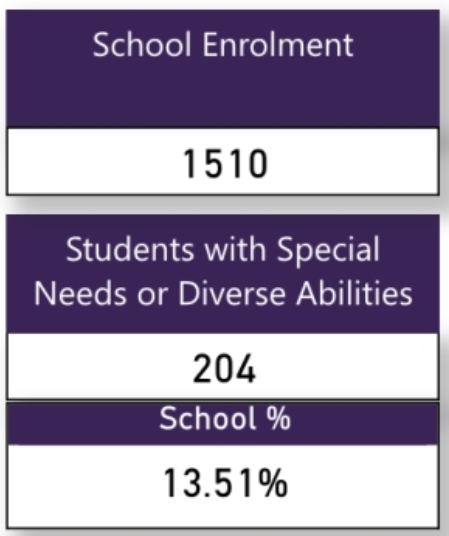
Building an Inclusive Mindset
In line with this year’s focus on strengthening communication skills we worked with the grade 8s to enhance their ability to articulate their ideas, perspectives, and viewpoints thoughtfully in various formats. By using a program titled "Open Parachute" we worked with our grade 8 students to foster an inclusive mindset and inspire collaborative, reflective, and engaged learners. The following are the terms students learned, questions asked regarding their strengths and their stretches and their responses: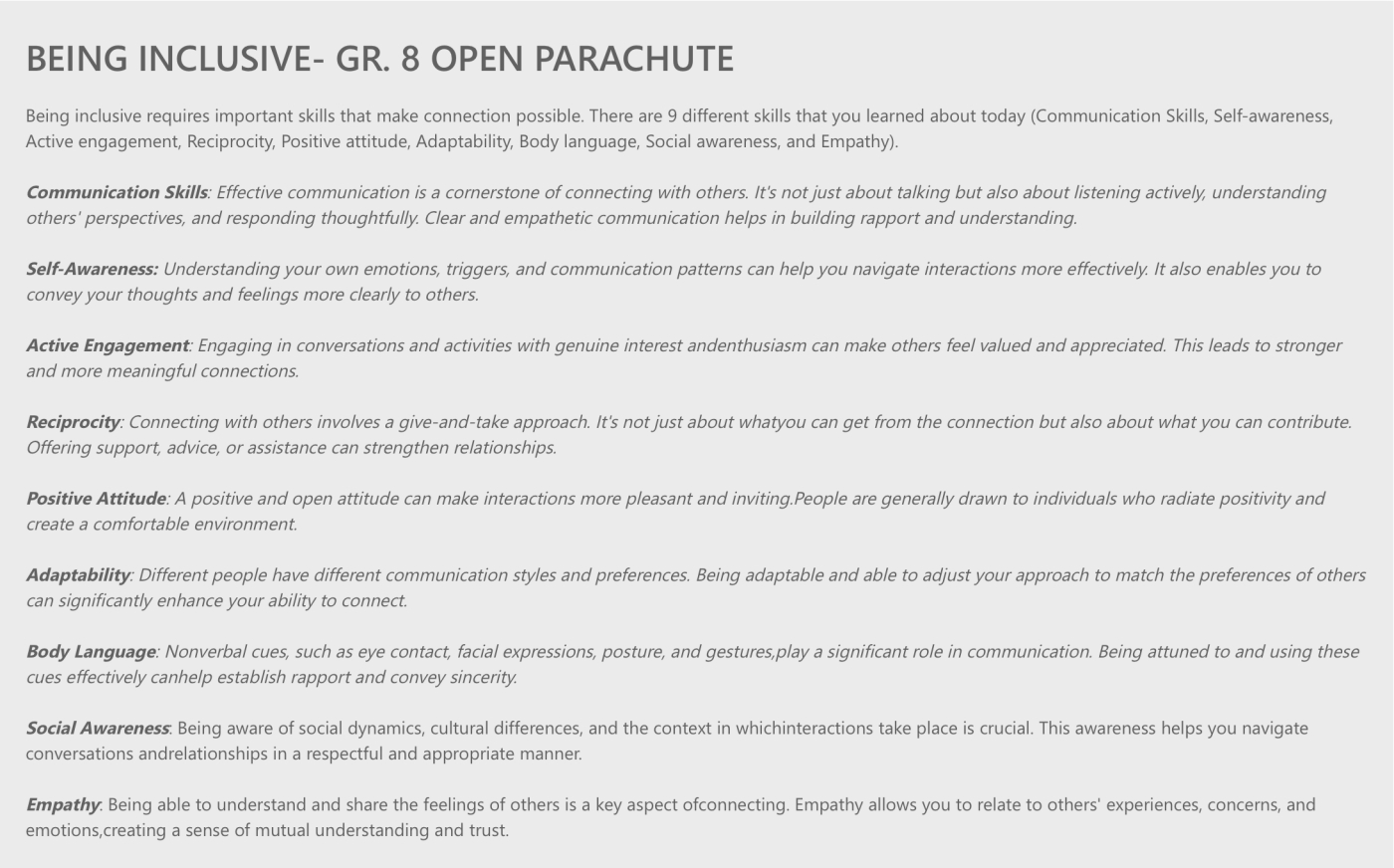
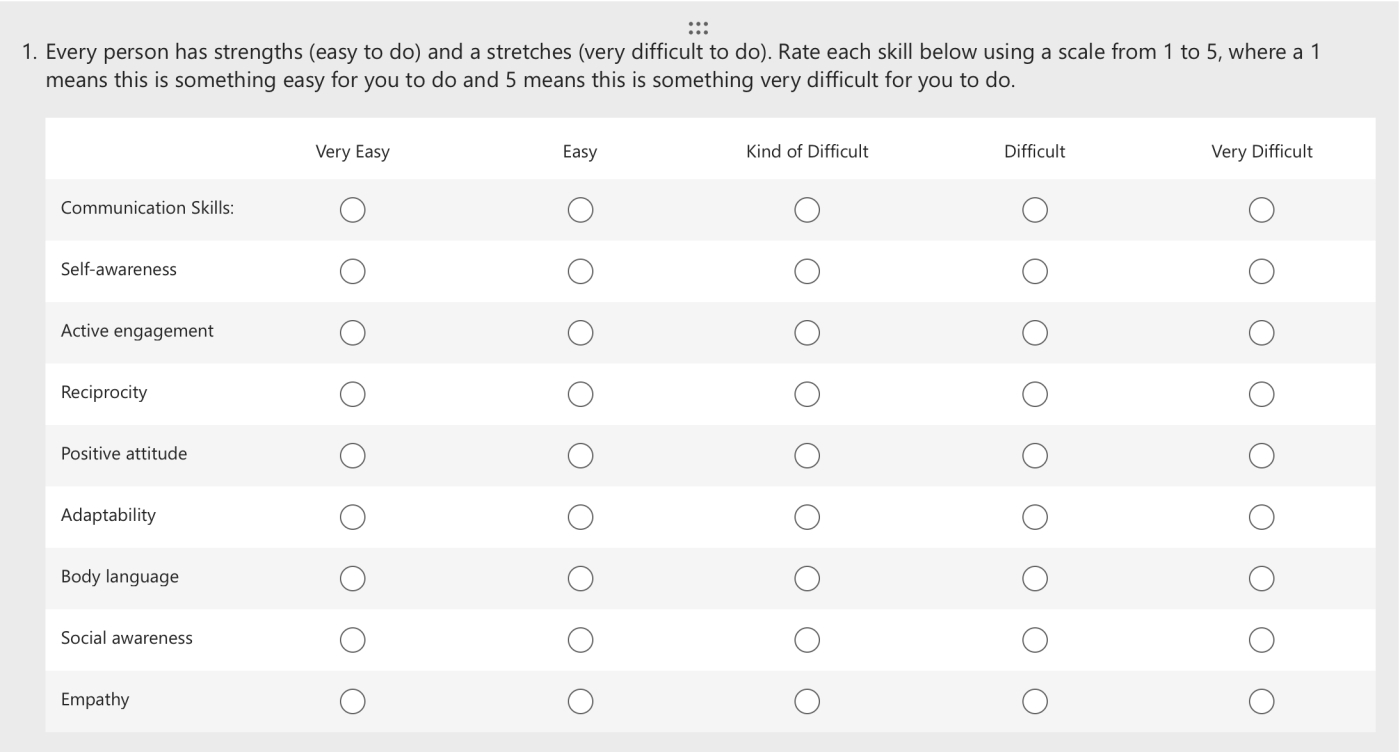
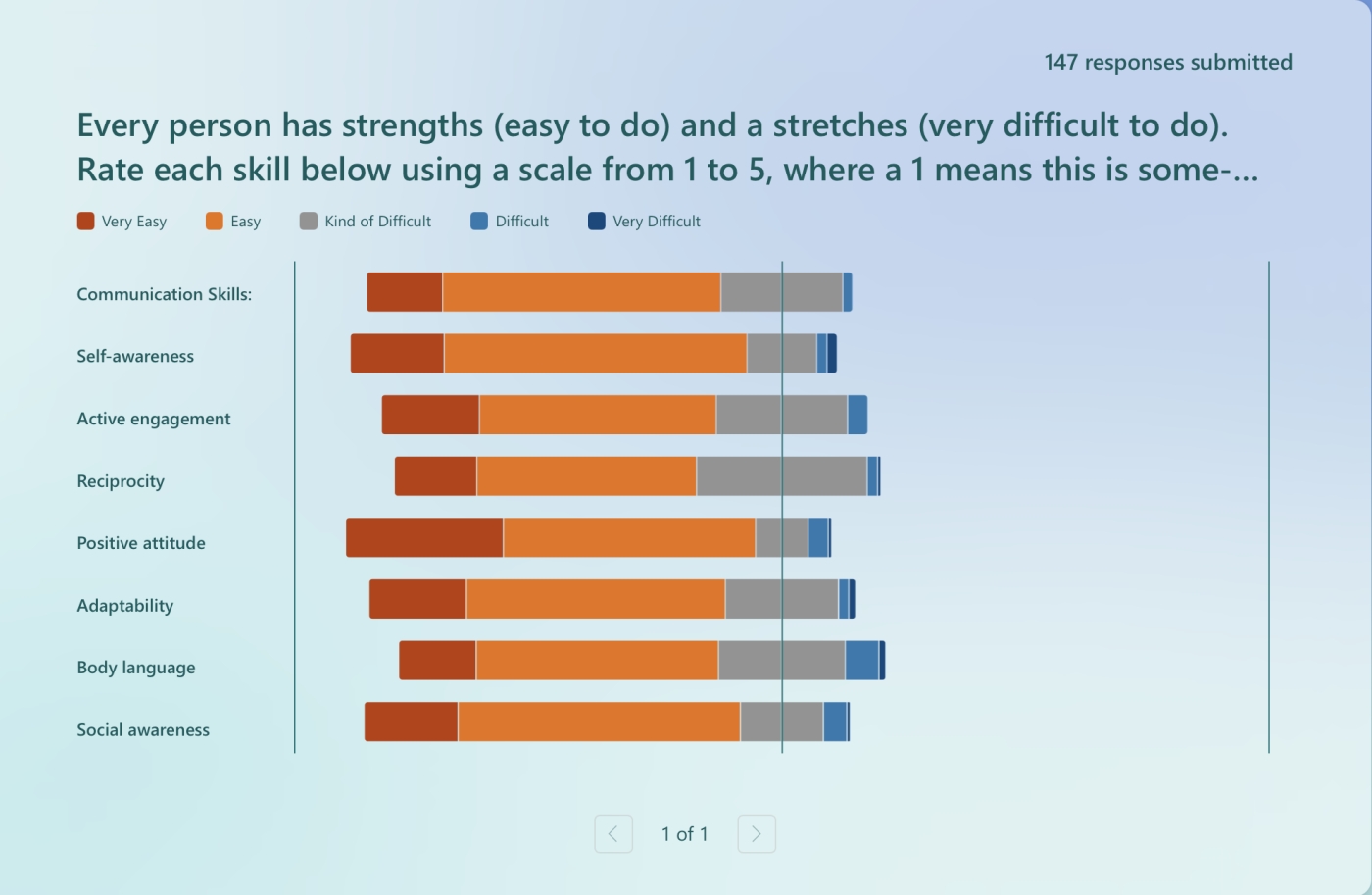
Goal Setting
To gain further insight into our entire student community grades 8 through 12, we began semester two with a commitment to success by setting achievable goals and fostering an inclusive school environment where students feel valued and engaged. To gain a better understanding our students' needs and experiences the following questions were asked through the Core Competency Self Assessment Survey:
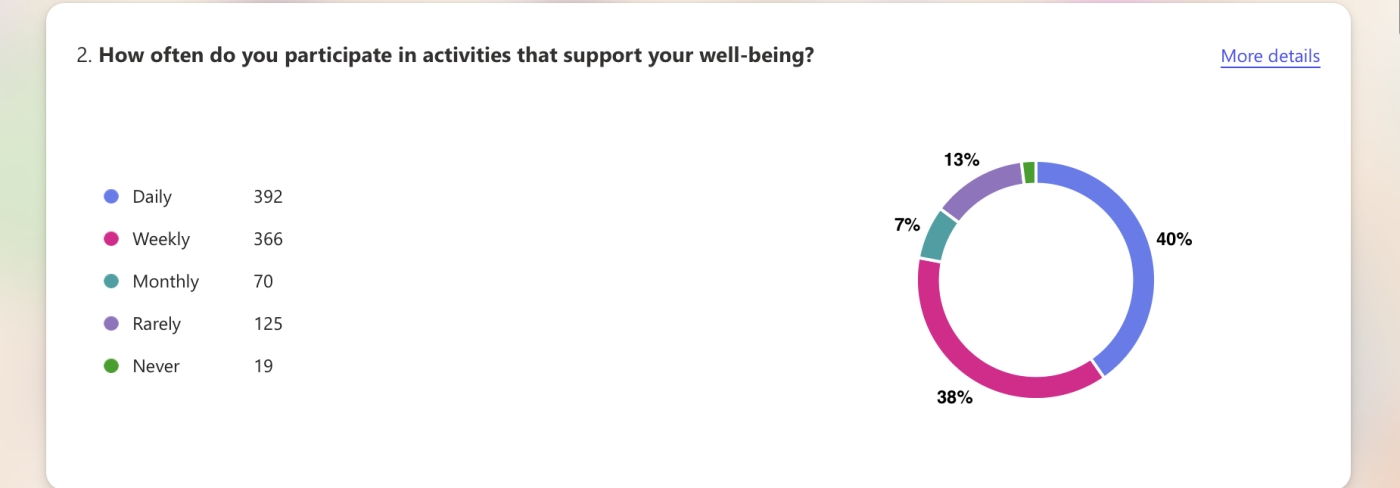
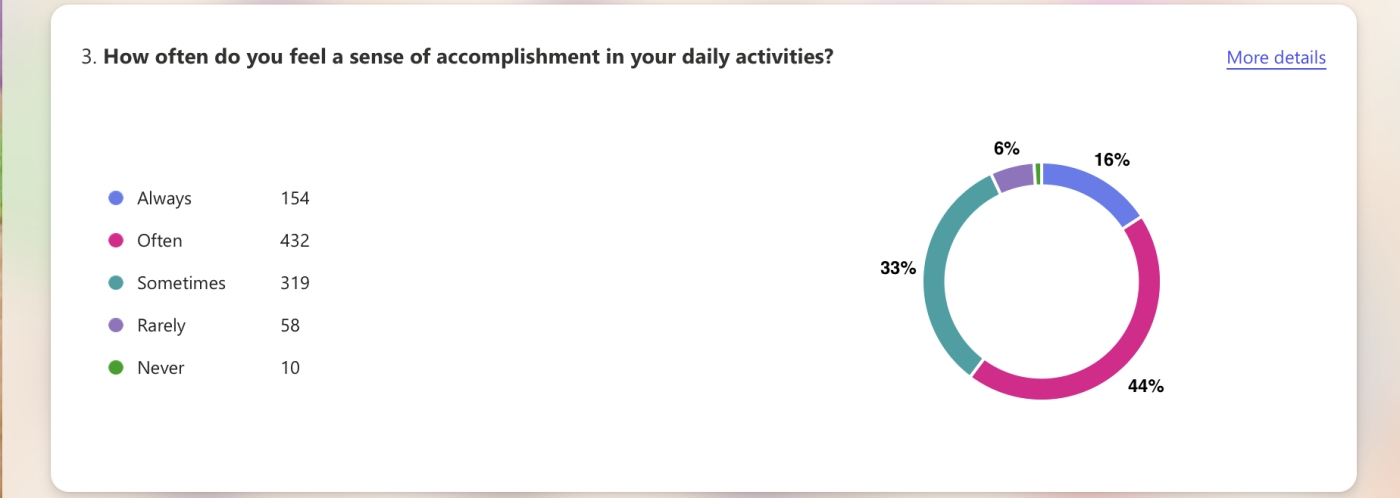
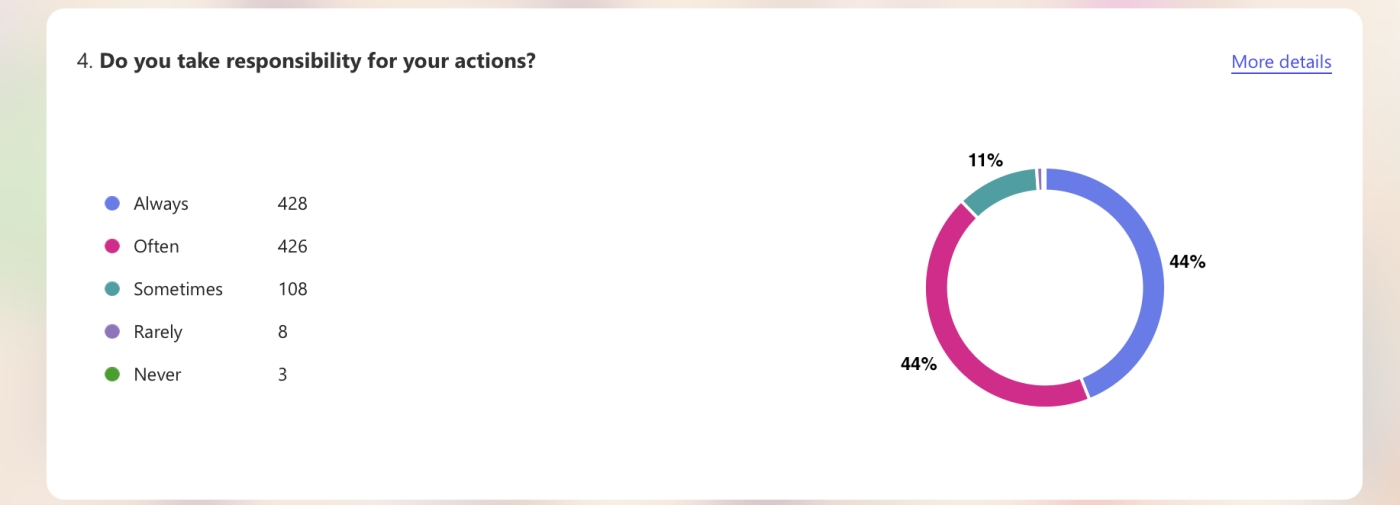
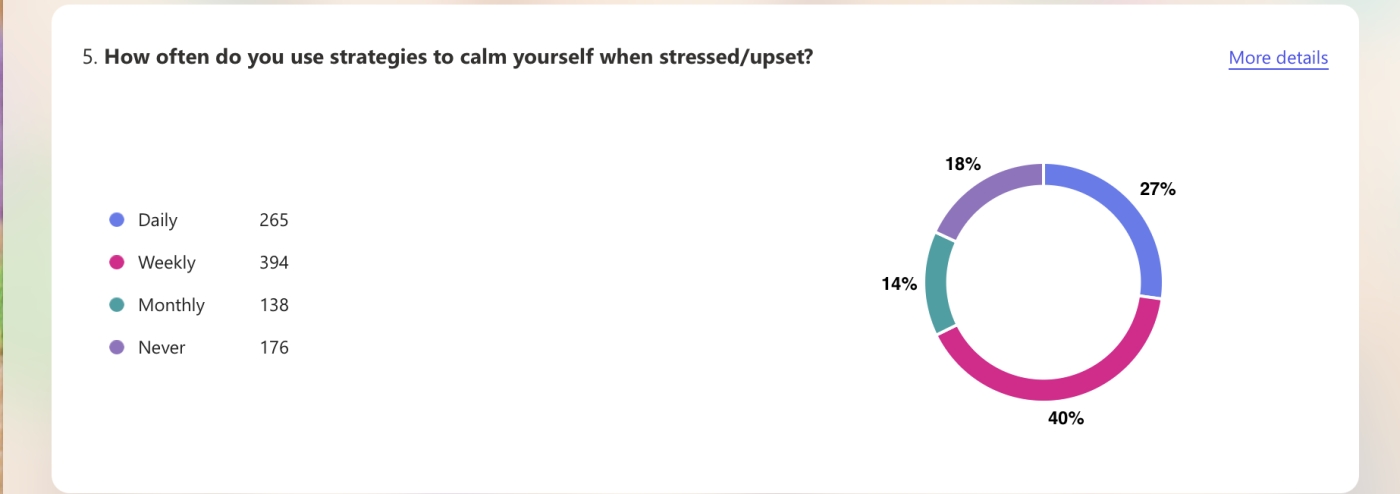
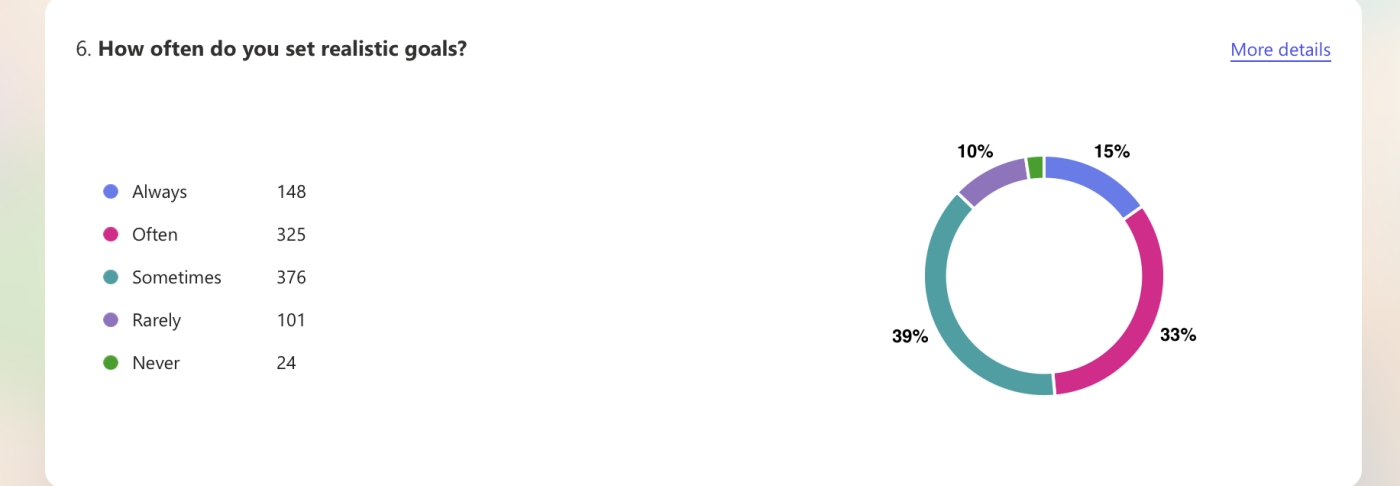
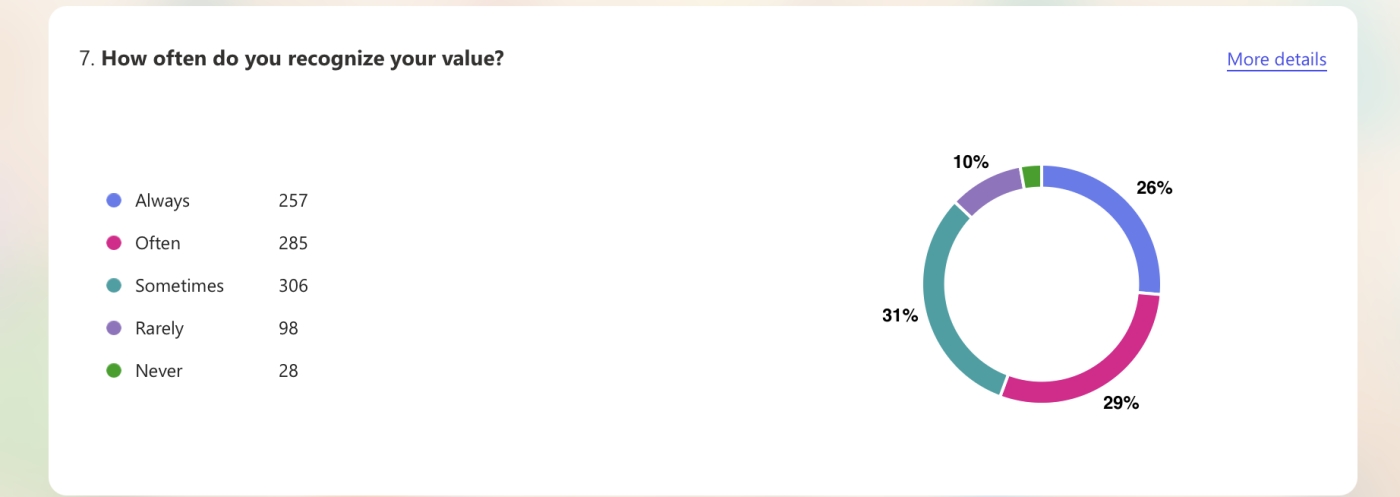
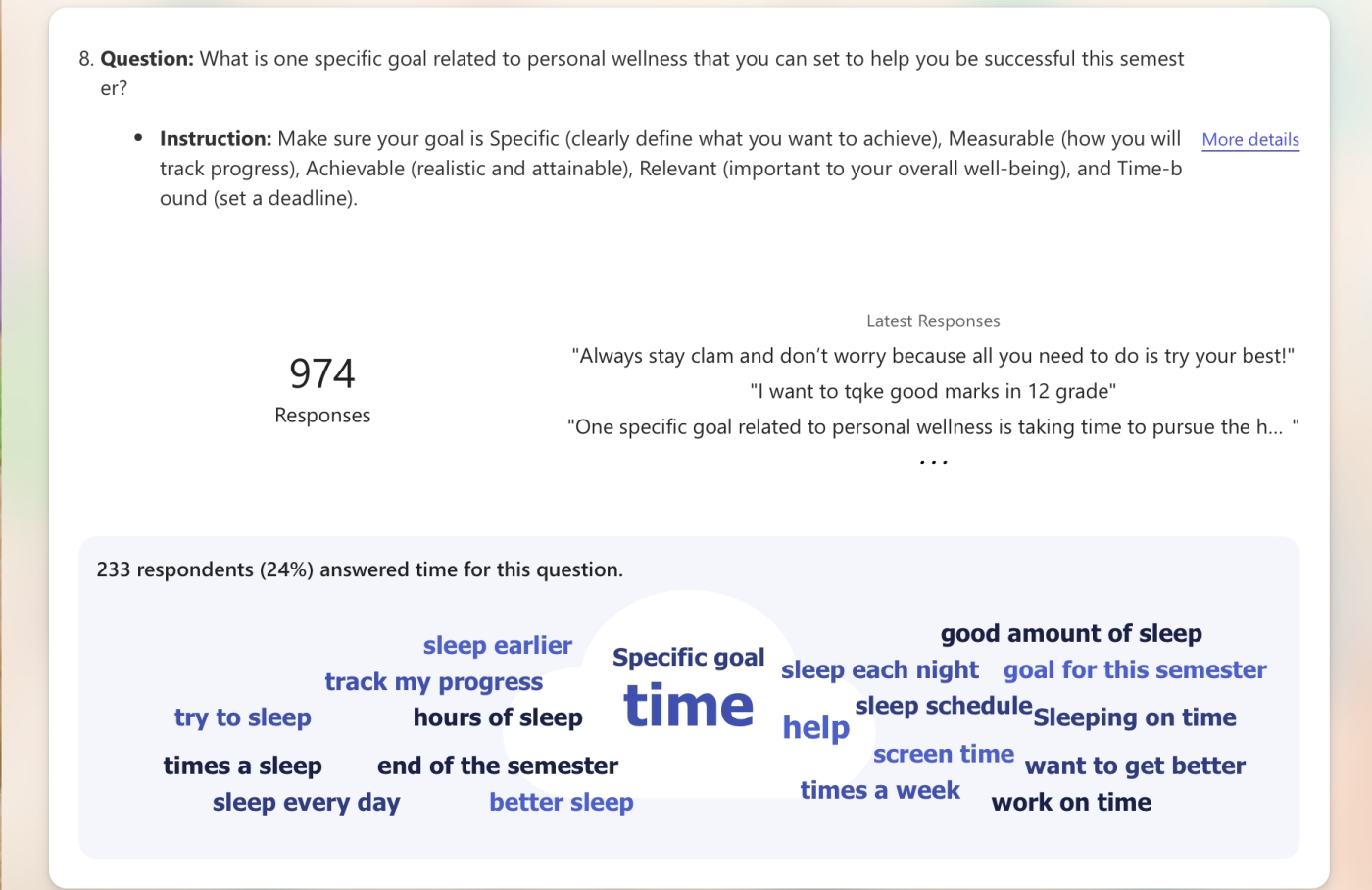
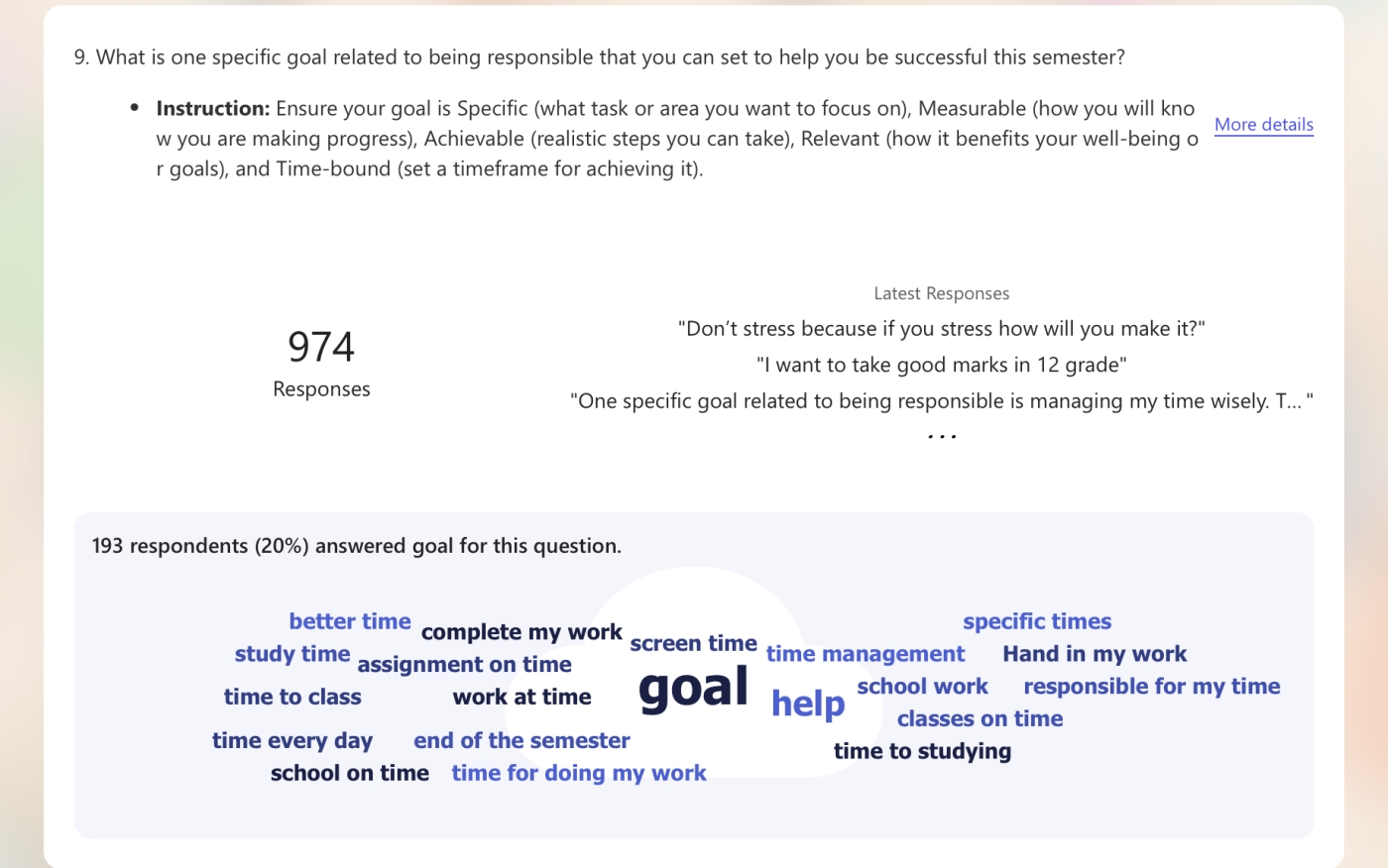
OUR FOCUS
Our Driving Question
Based on insights from our previous inquiry—where our driving question was "How well do we know our students?"—we aim to deepen our understanding of students' stories, which positively impacts their engagement and success. This year, our driving question is: "How can we create an environment where learners want to be?"
Our Focus
This year’s focus is on the English 8 curricular competency of exchanging ideas and viewpoints, aligning with the Core Competency of Communication. Effective communication and critical thinking enable students to articulate their ideas, perspectives, and viewpoints thoughtfully in various formats. As students develop these skills they become more engaged learners, helping them build meaningful connections with peers and teachers while enhancing their sense of belonging and motivation to participate in school. Our hunch is that if students can communicate more effectively they will feel more connected, creating an environment where learners want to be.
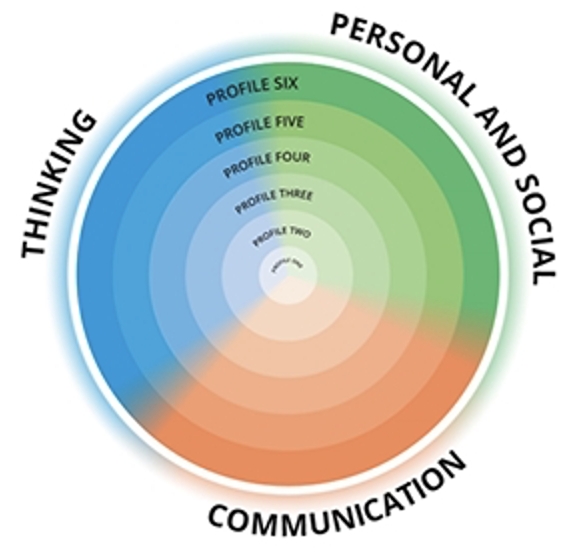
Inquiry Process
Two teachers and their four Humanities 8 classes, comprising 71 students, will engage in an inquiry process centered on the English 8 curricular competency of creating and communicating ideas and viewpoints. Through structured activities that promote critical thinking, self-expression, and active listening, students will share their perspectives in both written and oral formats. Teachers will closely monitor student engagement, identifying areas that require additional support, particularly for those struggling to articulate their thoughts or connect meaningfully with others. To assess progress, they will analyze student performance data from December 2024 to May 2025, evaluating improvements in communication skills and pinpointing areas for further development. This ongoing reflection will ensure all students build essential communication competencies while reinforcing our commitment to an inclusive and welcoming school culture.
Listening and Speaking Competencies
By gathering evidence we aim to deepen our understanding of how our communication focus can positively impact grade 8 students. The goal of exchanging ideas and perspectives to develop shared understanding is categorized into two key areas: Listening and Speaking.
Goals for Listening
• Supportive listening (facing the speaker, signaling openness and attention with body language)
• Encouraging others to elaborate or contribute (using words and supportive body language like smiles and nods)
• Asking questions to clarify understanding (politely!)
• Identifying or discussing textual evidence in response to conversation
Goals for Speaking
• Referencing others and their ideas politely, agreeing and disagreeing constructively
• Building on others’ contributions
• Questioning and wondering aloud (collaborative thinking)

Proficiency Scale
Language from the provincial assessment scales were used to identify successes and remaining challenges.
Emerging | Developing | Proficient | Extending |
The student demonstrates an initial understanding of the concepts and competencies relevant to the expected learning. | The student demonstrates a partial understanding of the concepts and competencies relevant to the expected learning. | The student demonstrates a complete understanding of the concepts and competencies relevant to the expected learning. | The student demonstrates a sophisticated understanding of the concepts and competencies relevant to the expected learning. |
Summary Data Results
Language from the provincial assessment scales was used to identify successes and remaining challenges. There was a noted improvement for most students identified in the sample group of 71 students in relation to the goal of exchanging ideas and perspectives to develop shared understanding.
Based on teacher observations at the conclusion of the period (December to May) in which concepts were presented, practised, and reviewed, 95% of the students in the four Humanities 8 classes were able to listen with the goal of exchanging ideas and perspectives to develop shared understanding. With 5% of student still requiring support, this will remain an area of ongoing focus and priority.
Based on teacher observations at the conclusion of the period (December to May) in which concepts were presented, practised, and reviewed, 86% of the students in the four Humanities 8 classes were able to speak with the goal of exchanging ideas and perspectives to develop shared understanding. With 14% of student still requiring support, this will remain an area of ongoing focus and priority.
It is demonstrated, through evidence gathered from our four Humanities 8 classes and reflected in the larger group of grade 8 students, that our students are building stronger communication skills.
SUMMARY OF RESULTS for LISTENING FOR ALL HUM 8 BLOCKS:
The following are data results comparing December 2024 and May 2025:
Exchange Ideas and Perspectives to build shared understanding and extend thinking – LISTENING SKILLS |
| DATE | Emerging | Developing | Proficient | Extending | ||||
The student demonstrates an initial understanding of the concepts and competencies relevant to the expected learning. | The student demonstrates a partial understanding of the concepts and competencies relevant to the expected learning. | The student demonstrates a complete understanding of the concepts and competencies relevant to the expected learning. | The student demonstrates a sophisticated understanding of the concepts and competencies relevant to the expected learning. | |||||
December 2024 | 0 | 0% | 38 | 54% | 32 | 45% | 1 | 1% |
May 2025 | 3 | 5% | 28 | 42% | 29 | 44% | 6 | 9% |
ANALYSIS OF LISTENING DATA:
The data shows overall improvement in listening skills, with more students reaching an Extending level of proficiency. Fewer students are at a Developing level, indicating progress. A small increase at the Emerging level and a decline in Proficient suggest some students may need extra support. Overall, the trend reflects growth in higher-level listening abilities.
SUMMARY OF RESULTS for SPEAKING FOR ALL HUM 8 BLOCKS:
The following are data results comparing December 2024 and May 2025:
Exchange Ideas and Perspectives to build shared understanding and extend thinking -SPEAKING SKILLS |
| DATE | Emerging | Developing | Proficient | Extending | ||||
The student demonstrates an initial understanding of the concepts and competencies relevant to the expected learning. | The student demonstrates a partial understanding of the concepts and competencies relevant to the expected learning. | The student demonstrates a complete understanding of the concepts and competencies relevant to the expected learning. | The student demonstrates a sophisticated understanding of the concepts and competencies relevant to the expected learning. | |||||
December 2024 | 1 | 1% | 23 | 33% | 46 | 65% | 1 | 1% |
May 2025 | 9 | 14% | 12 | 18% | 38 | 57% | 7 | 11% |
ANALYSIS OF SPEAKING DATA:
Speaking skills show both progress and challenges. More students have reached an Extending level of proficiency, increasing from 1% to 11%. However, the Emerging category grew from 1% to 14%. While the number of students at a Developing decreased, Proficient also declined slightly. This suggests some students are improving significantly, but others may need extra support to strengthen their speaking skills.
OUR NEXT STEPS
By collecting data from 71 students across our four Humanities 8 classes, we sought to understand how our focus on communication could positively influence student learning. Through the categories of Listening and Speaking, we identified key skills such as supportive listening, prompting others to contribute, asking clarifying questions, and building on shared ideas respectfully.
Moving forward, continuing to collect data will help us track progress, refine our strategies, and ensure students are developing strong communication habits. By deepening our insights, we can further support students in becoming active, engaged participants in collaborative discussions, fostering a more inclusive and thoughtful learning environment.
Based on the summaries for listening and speaking, the next steps in gathering more or new information could involve a focused approach to identify areas for improvement and opportunities for growth:
1. Continued Data Collection---> Humanities 8 Classes
Focus on developing literacy skills in order for students to be able to exchange ideas and viewpoints effectively in order to foster engagement and social awareness.
2. Assess Topic Alignment--->Student Suggestions
Analyze the alignment between the topics and students’ interests, cultural backgrounds, and prior knowledge. Determine whether the topics are accessible and inclusive, and adjust to create deeper connections to the students' experiences.
3. Peer and Collaborative Learning---> Open Parachute
Introduce peer feedback sessions to allow students to reflect on and improve their listening and speaking skills. Track progress over time to gauge the impact of these sessions on skill development.
By gathering this information and implementing targeted strategies, it will be possible to address areas for growth, enhance student engagement, and support all learners in achieving their full potential in listening and speaking.
